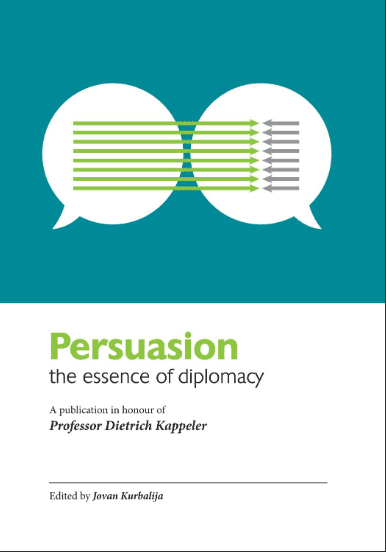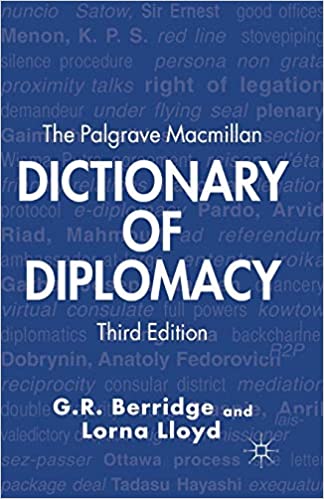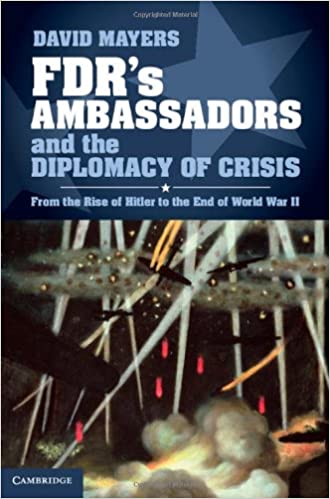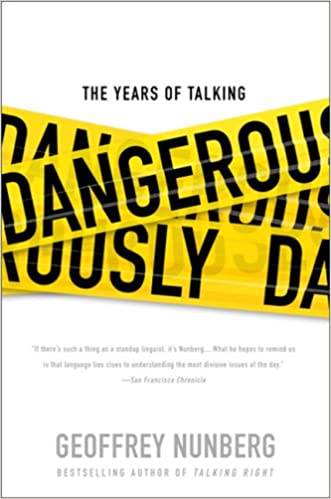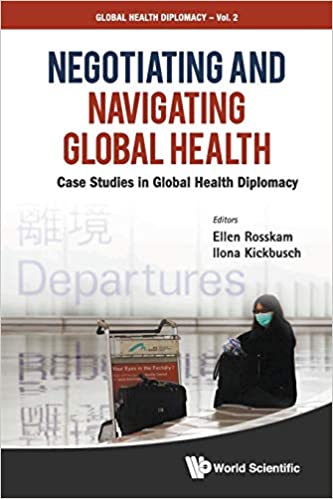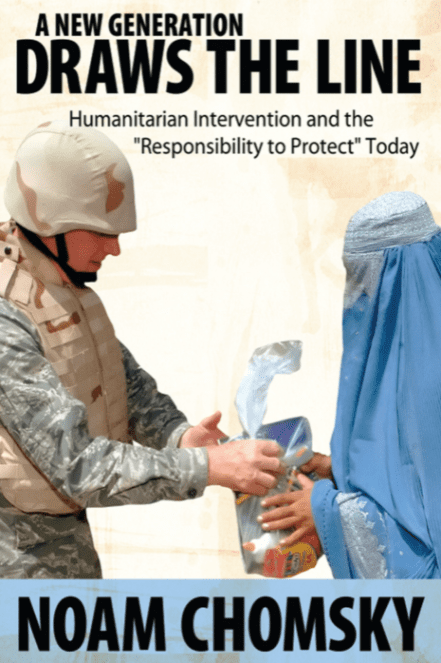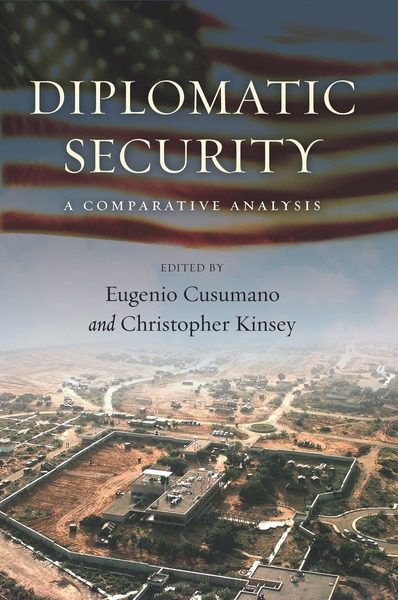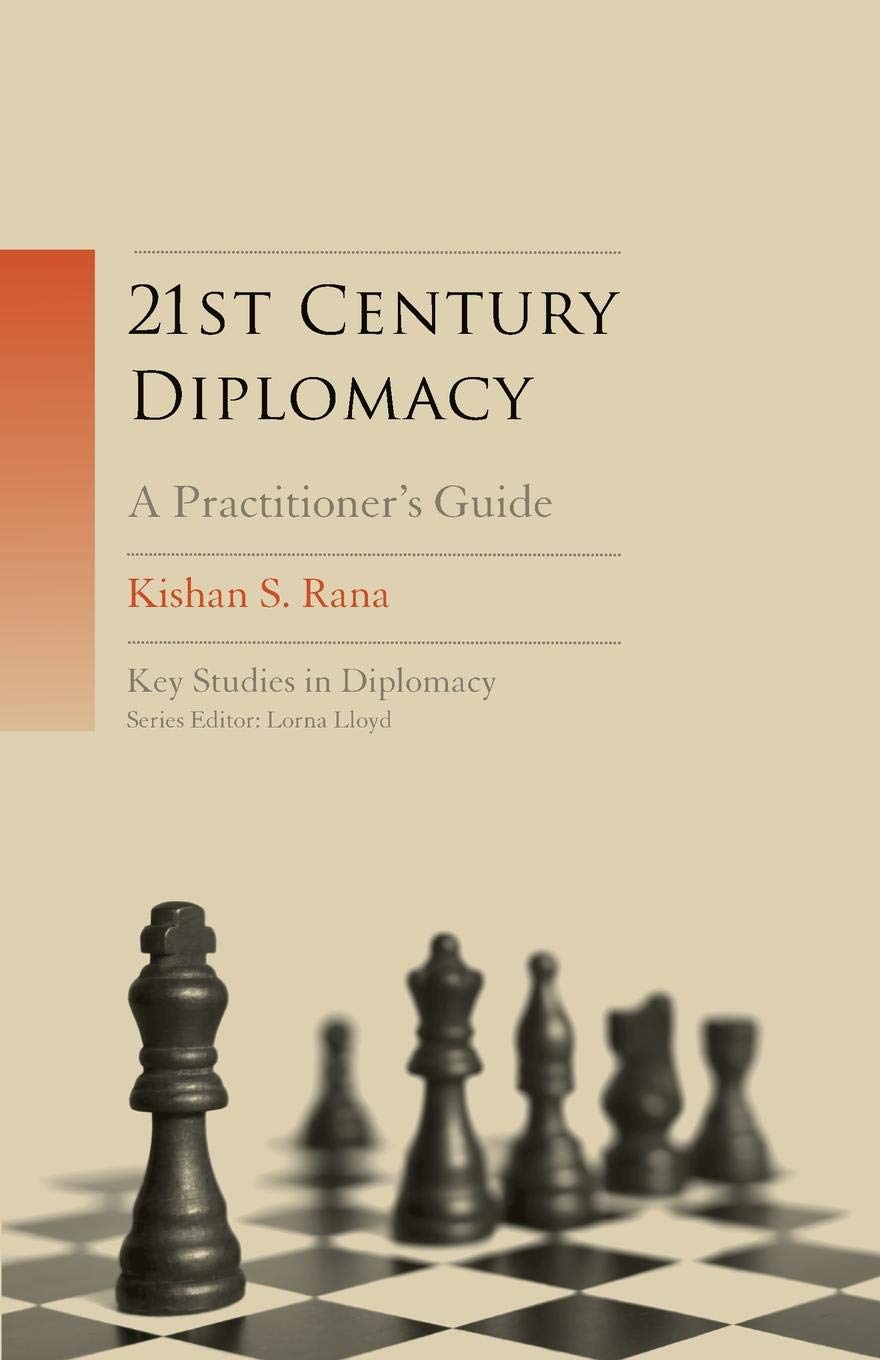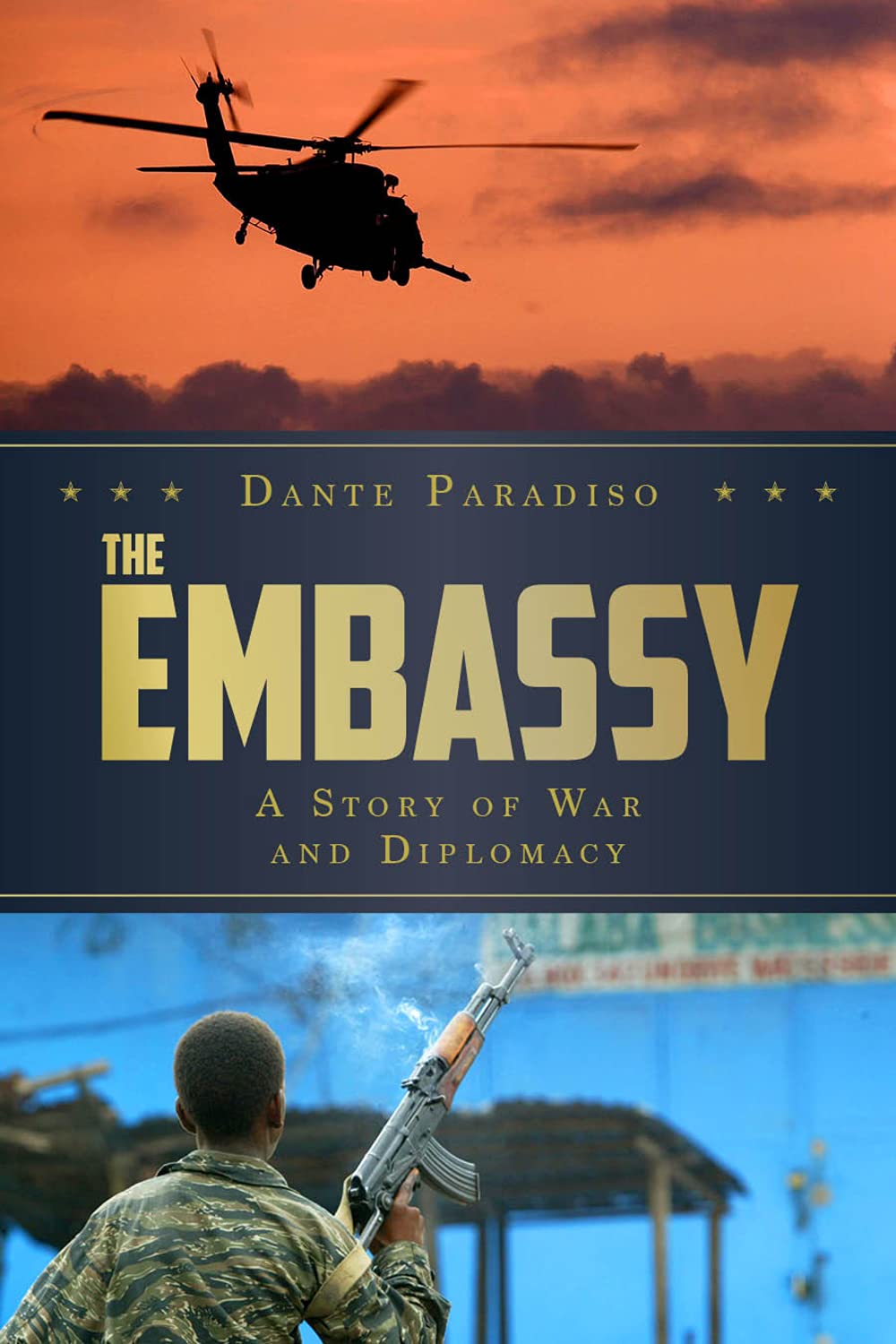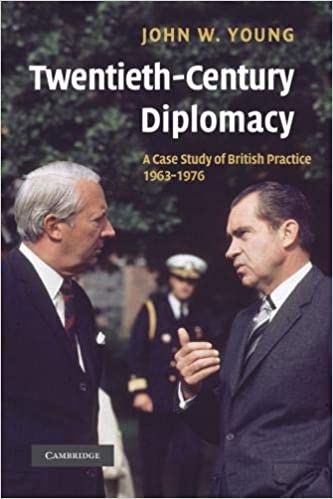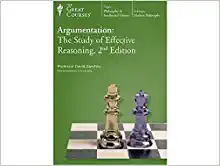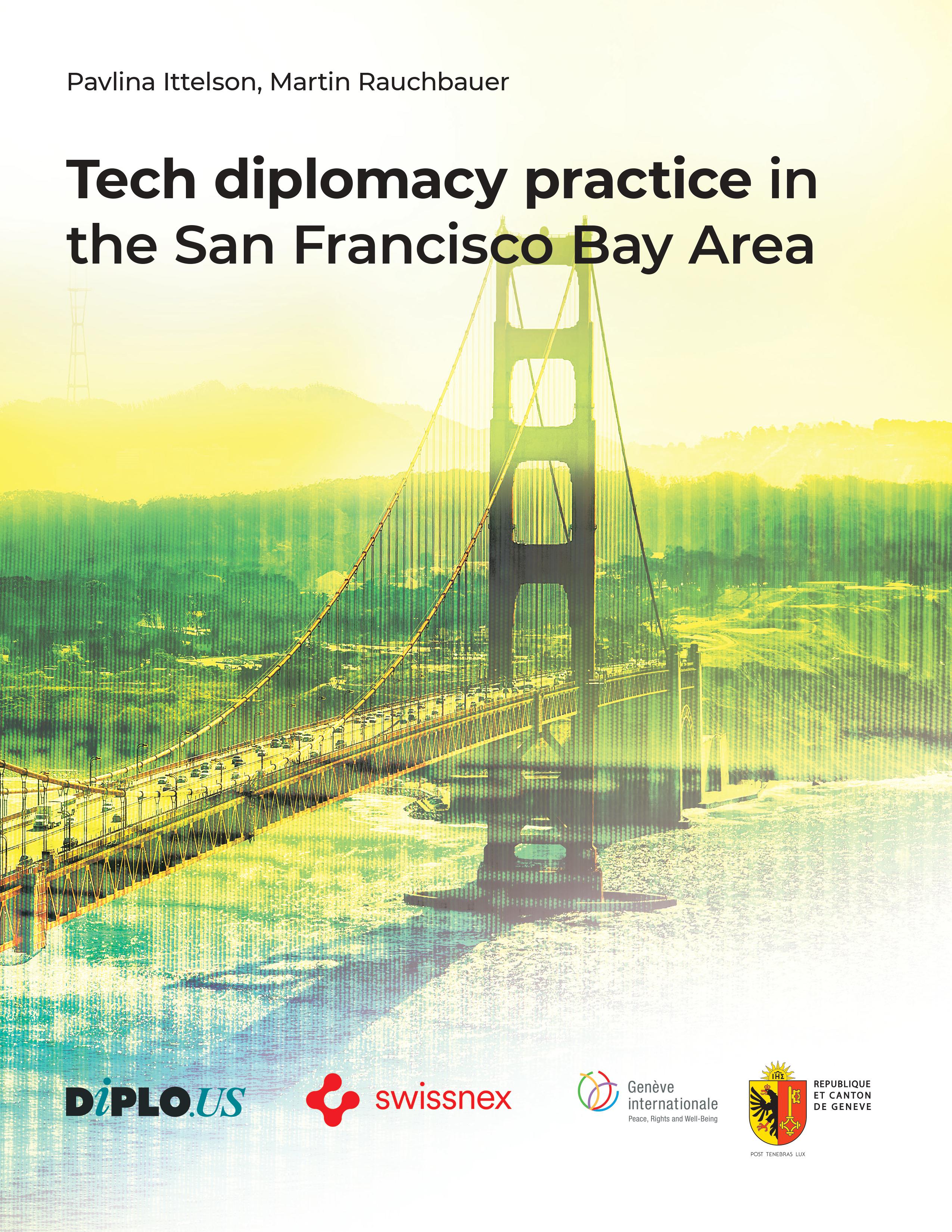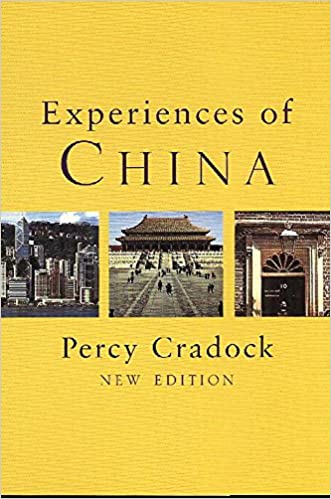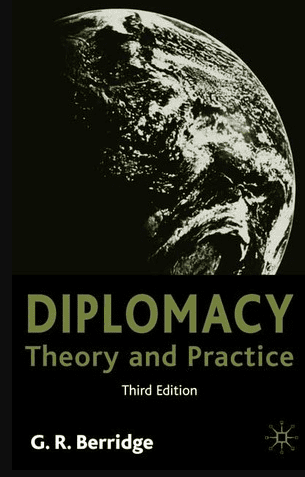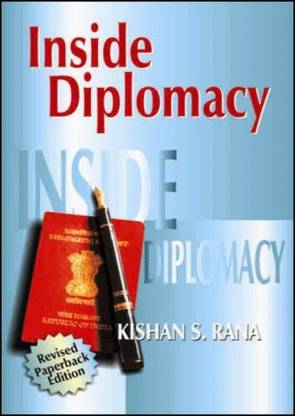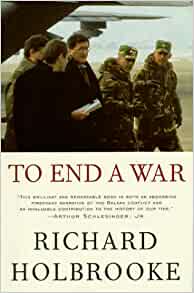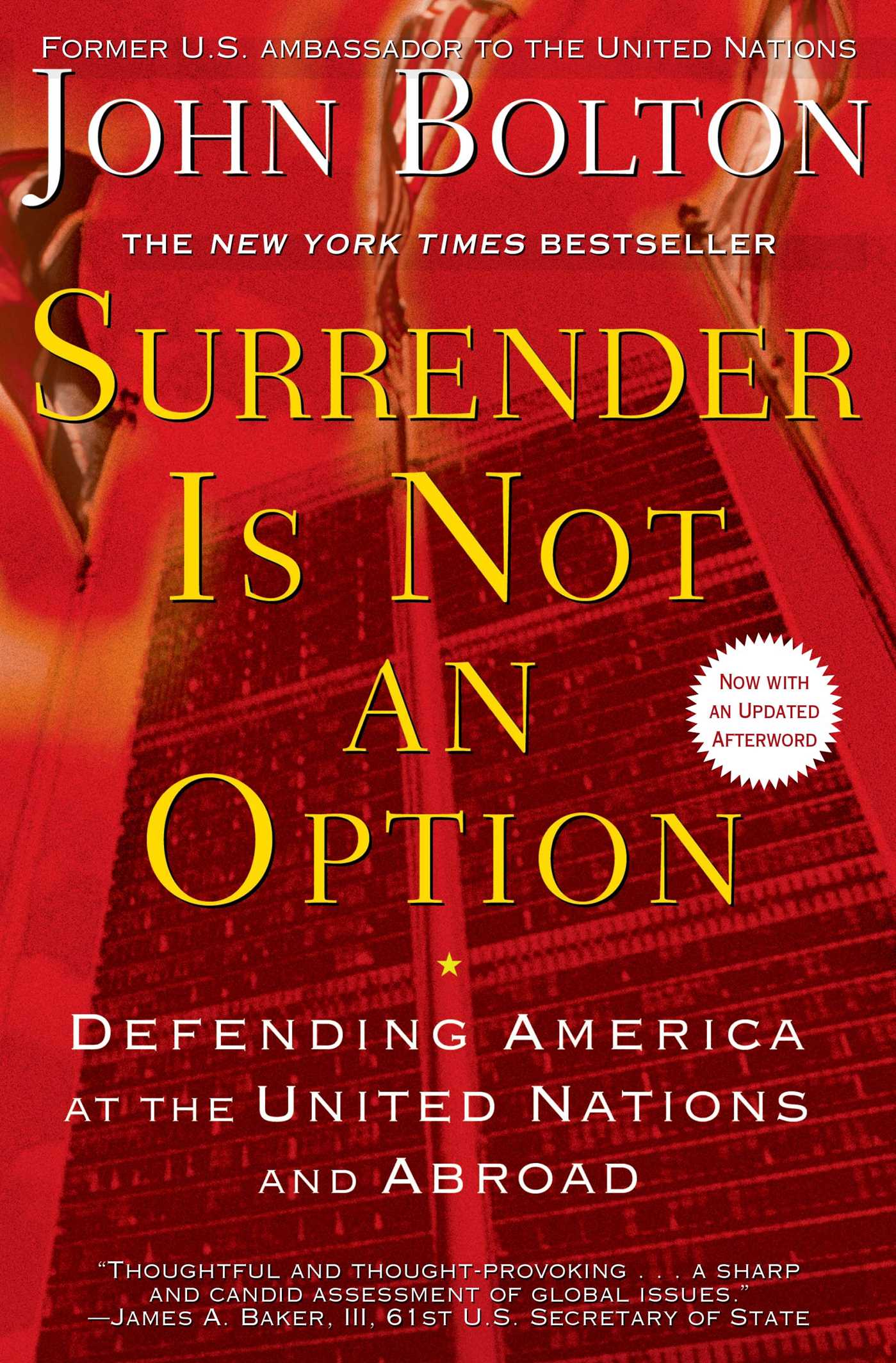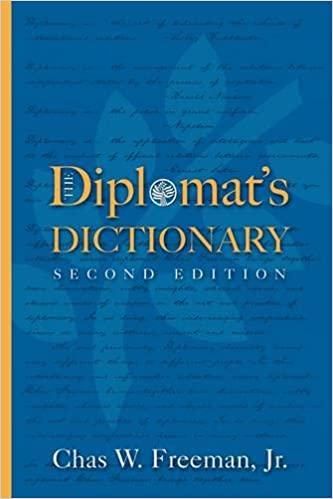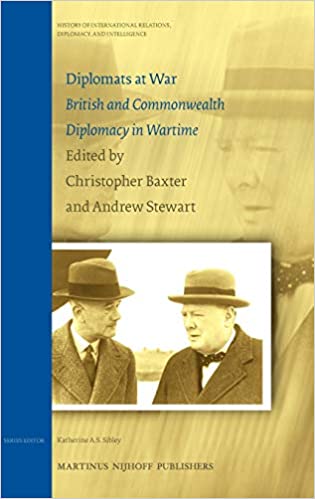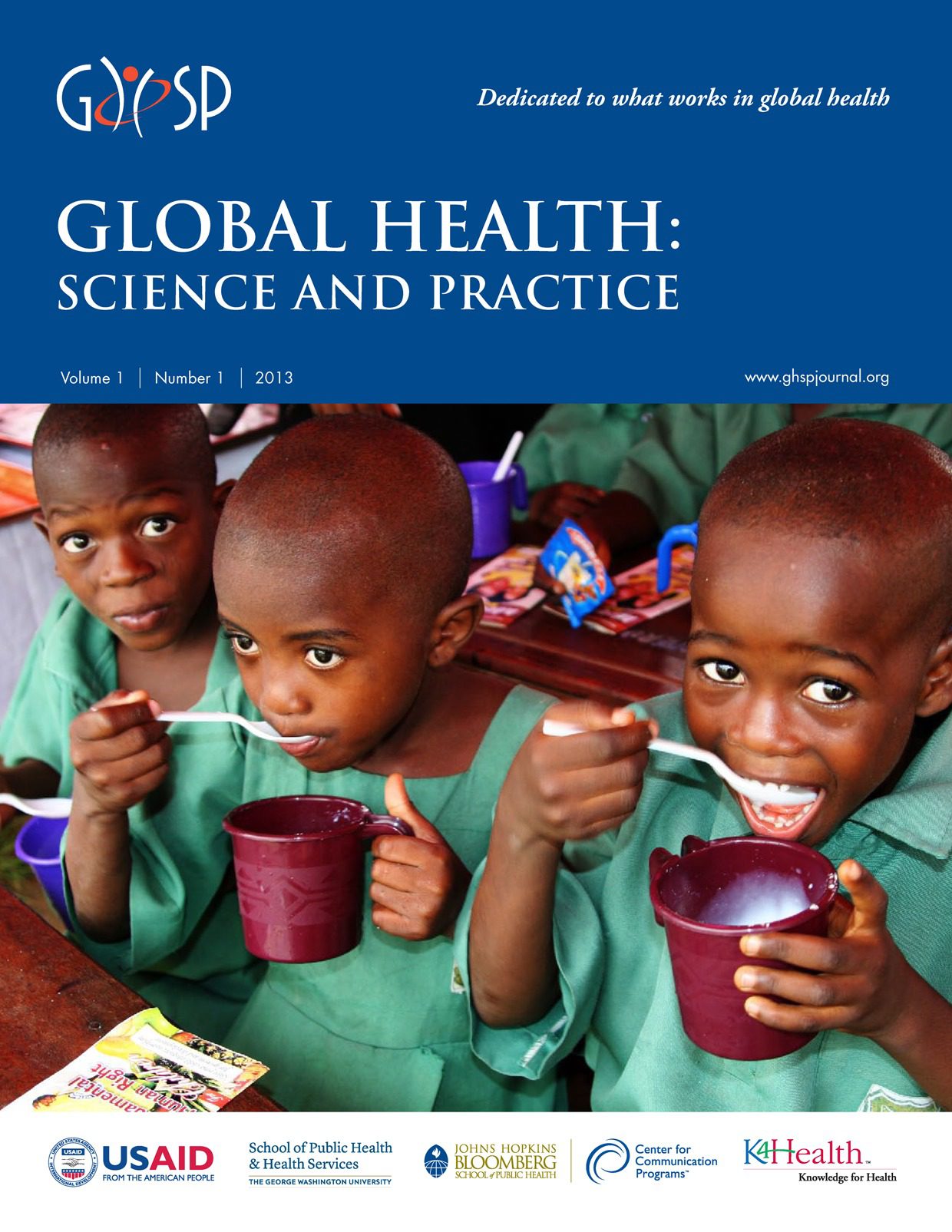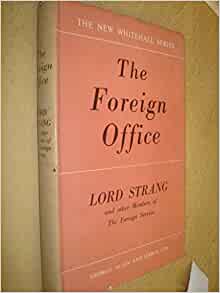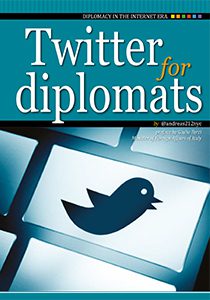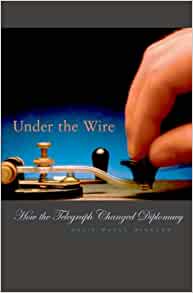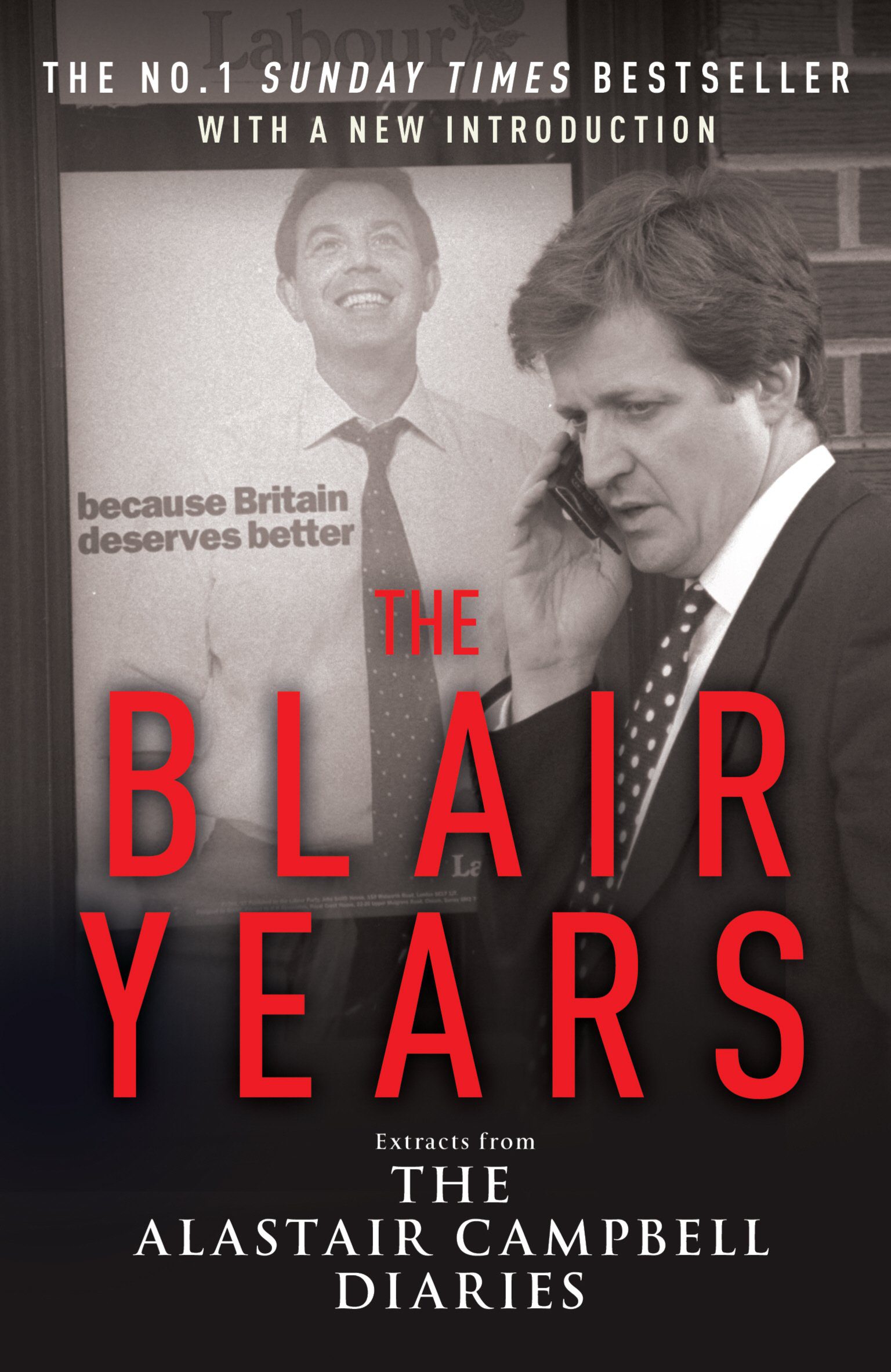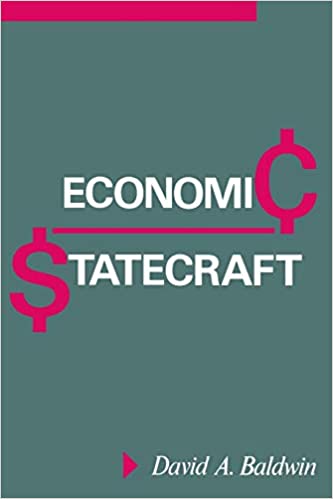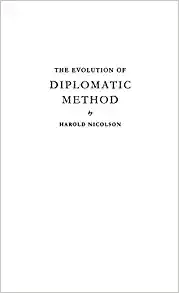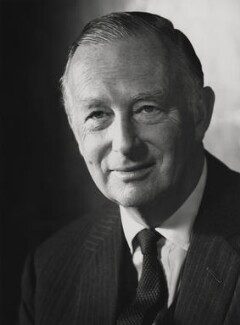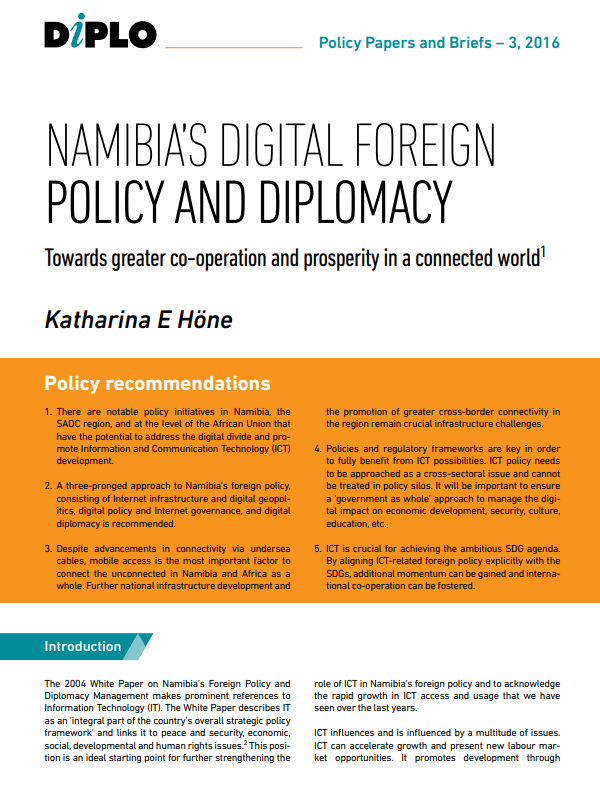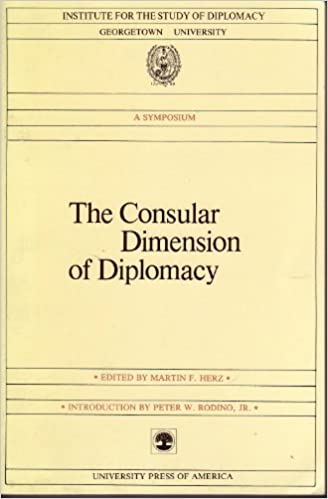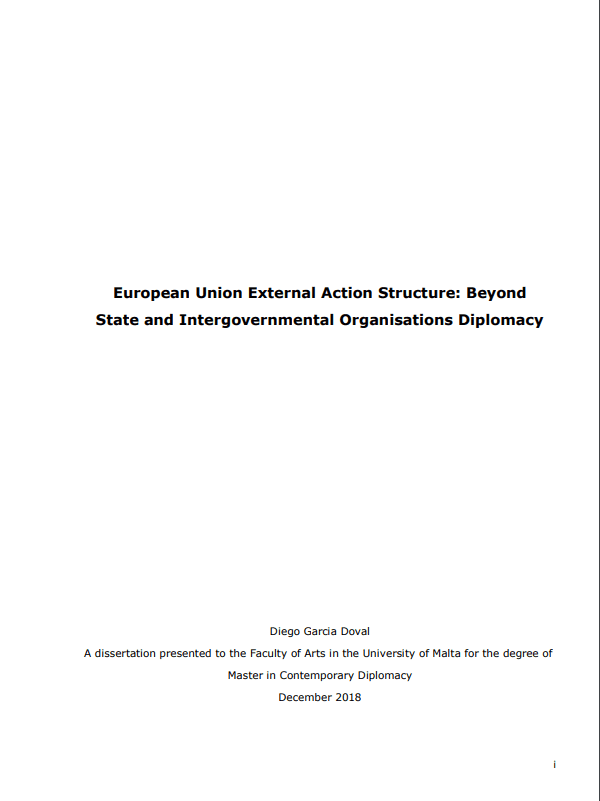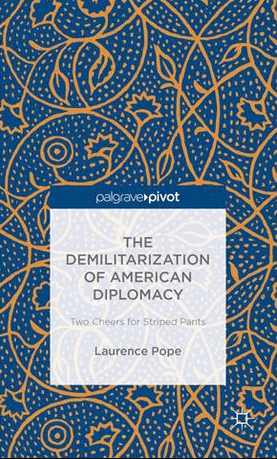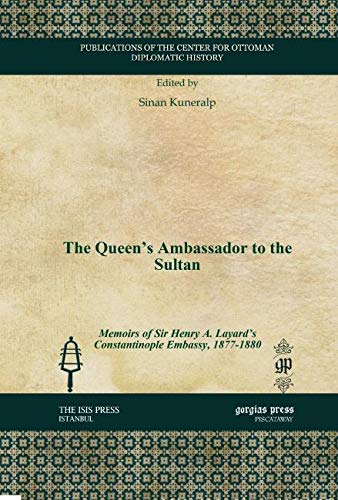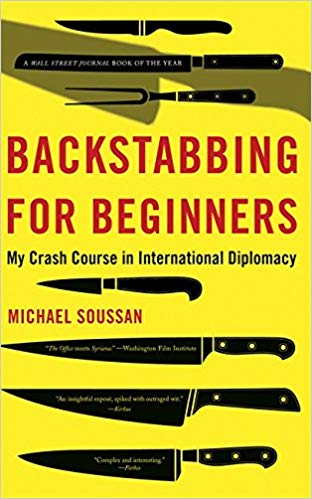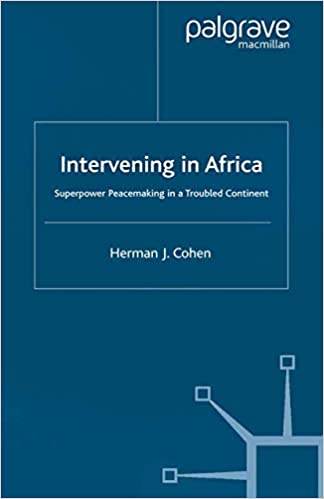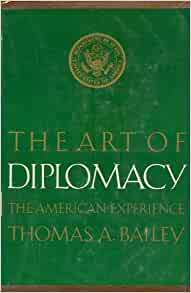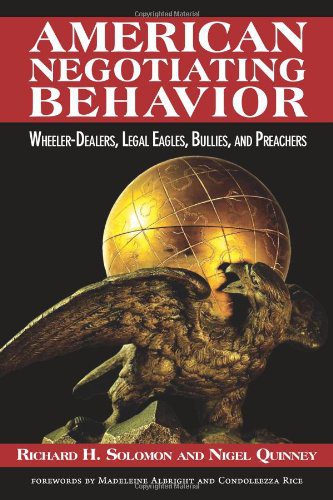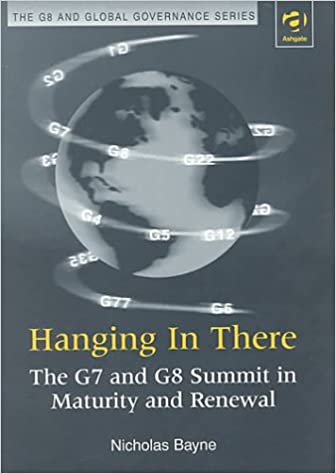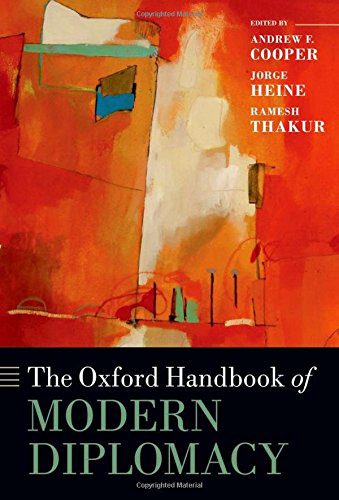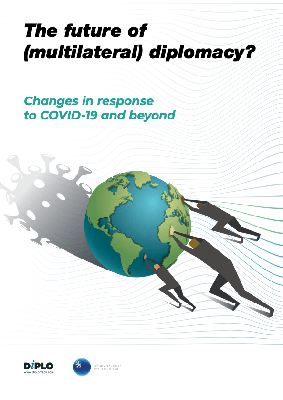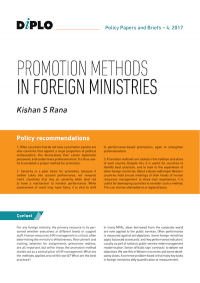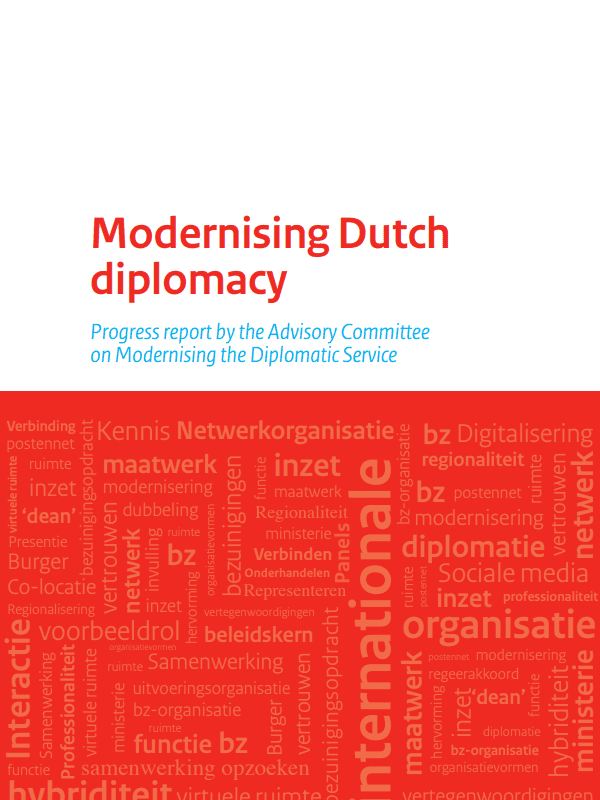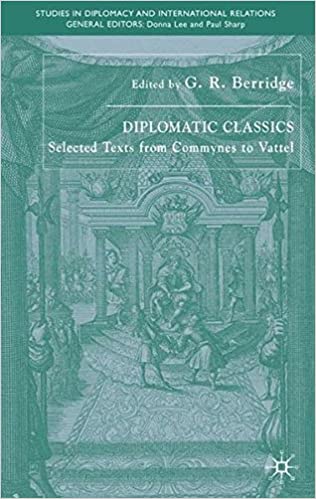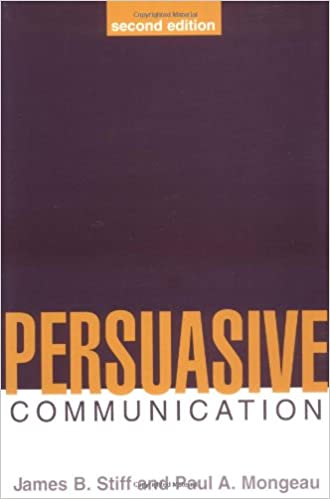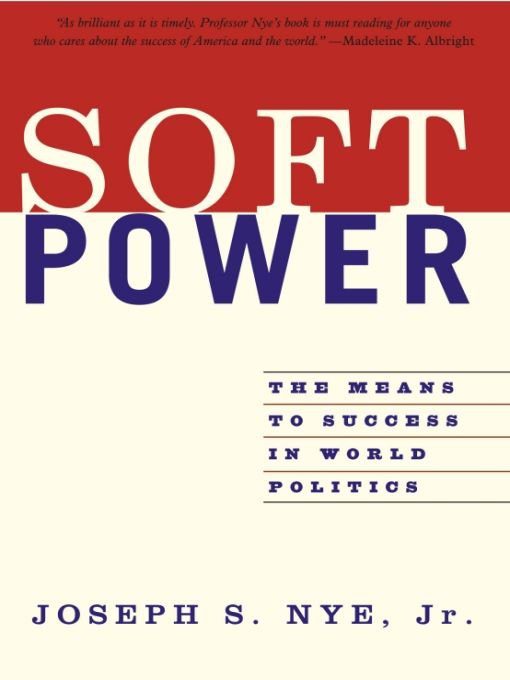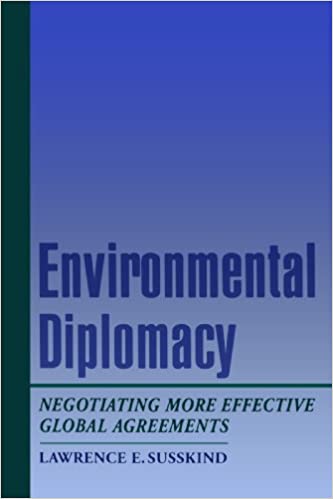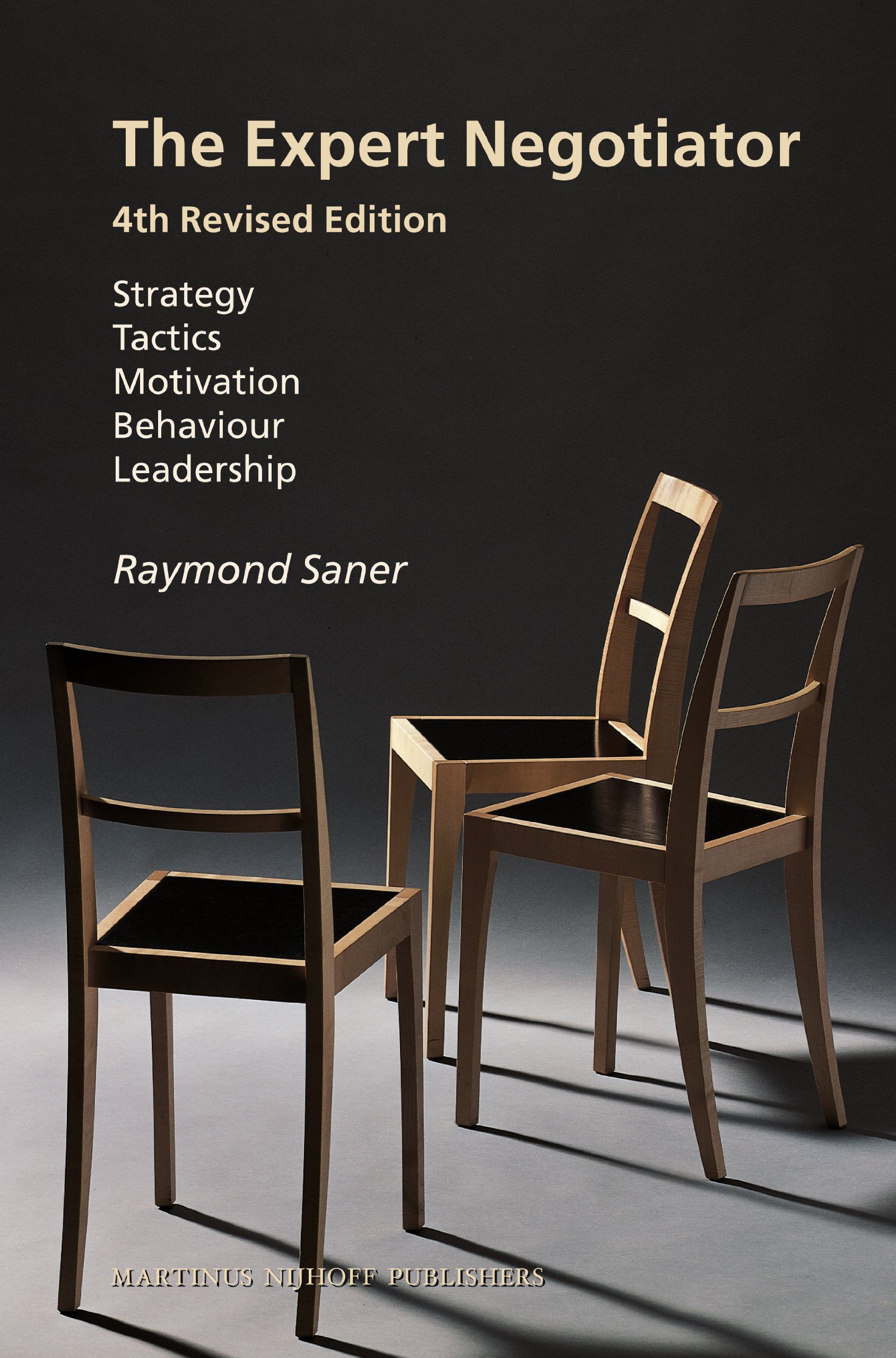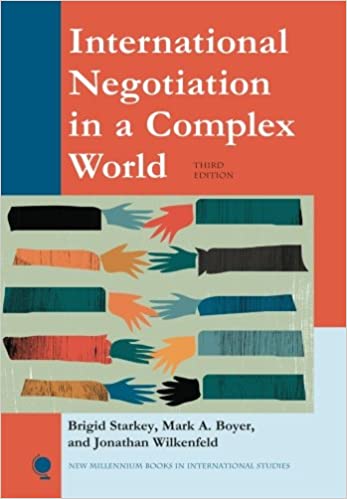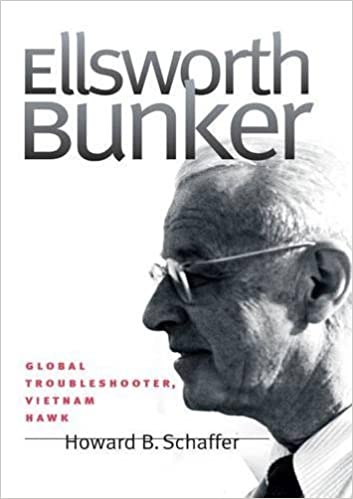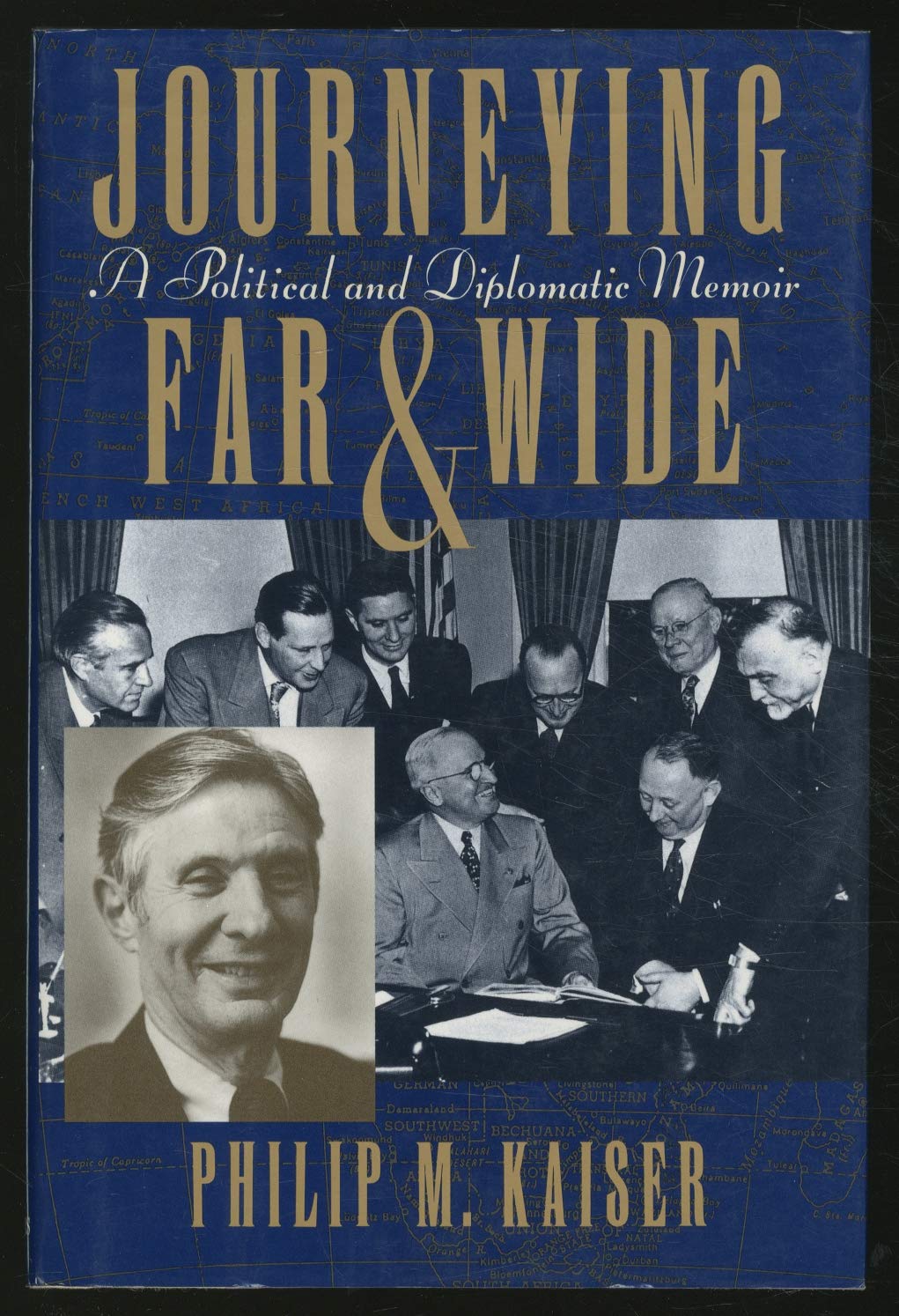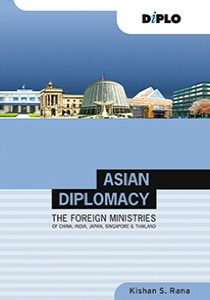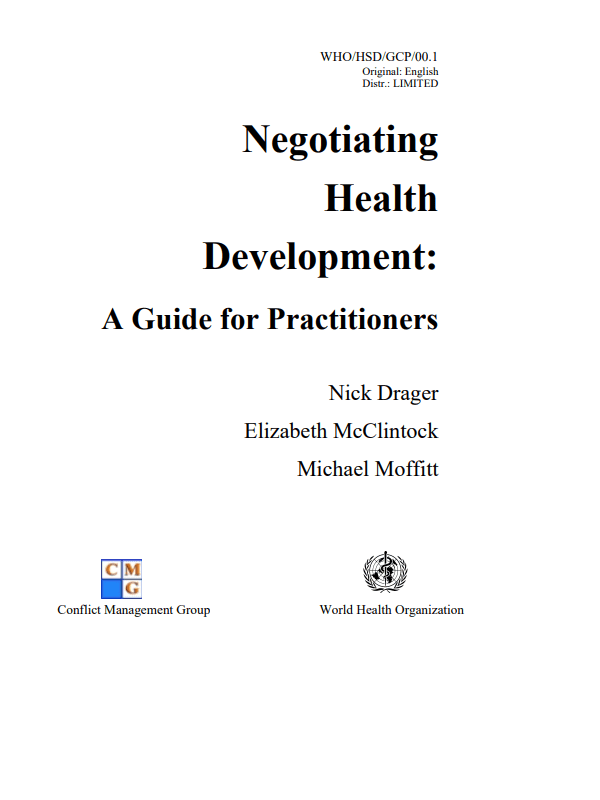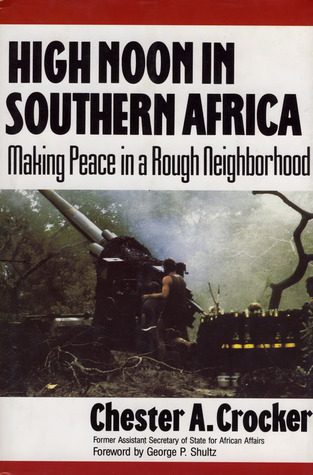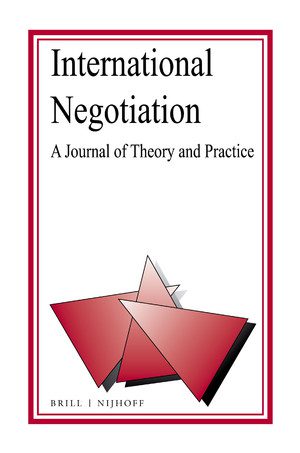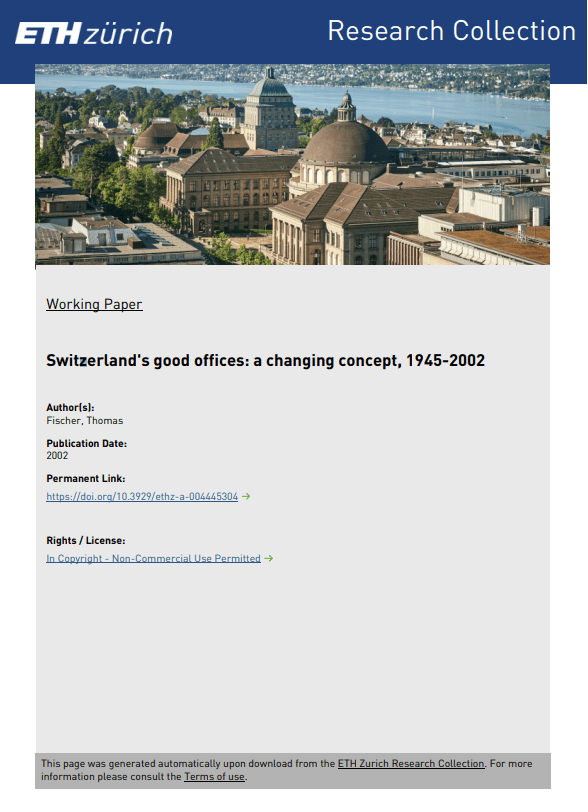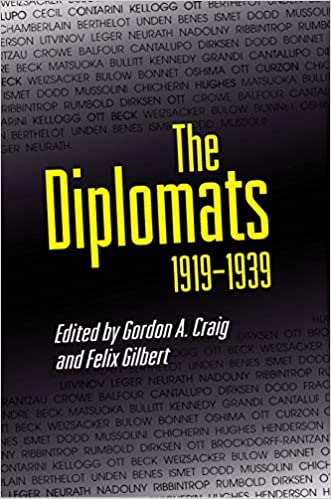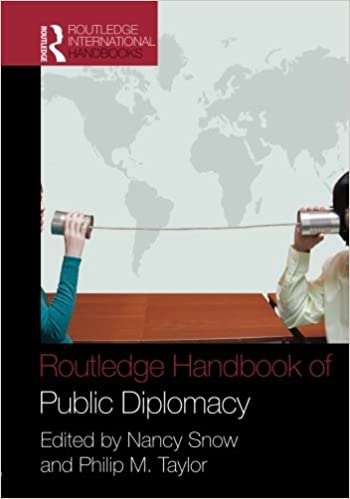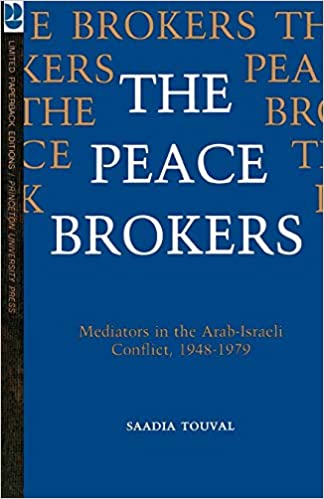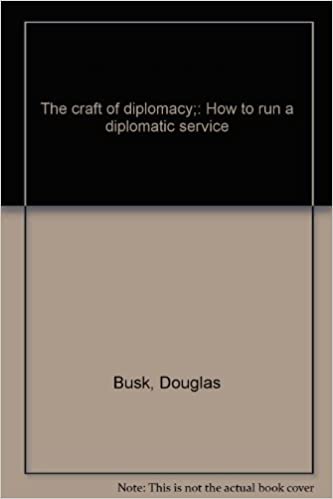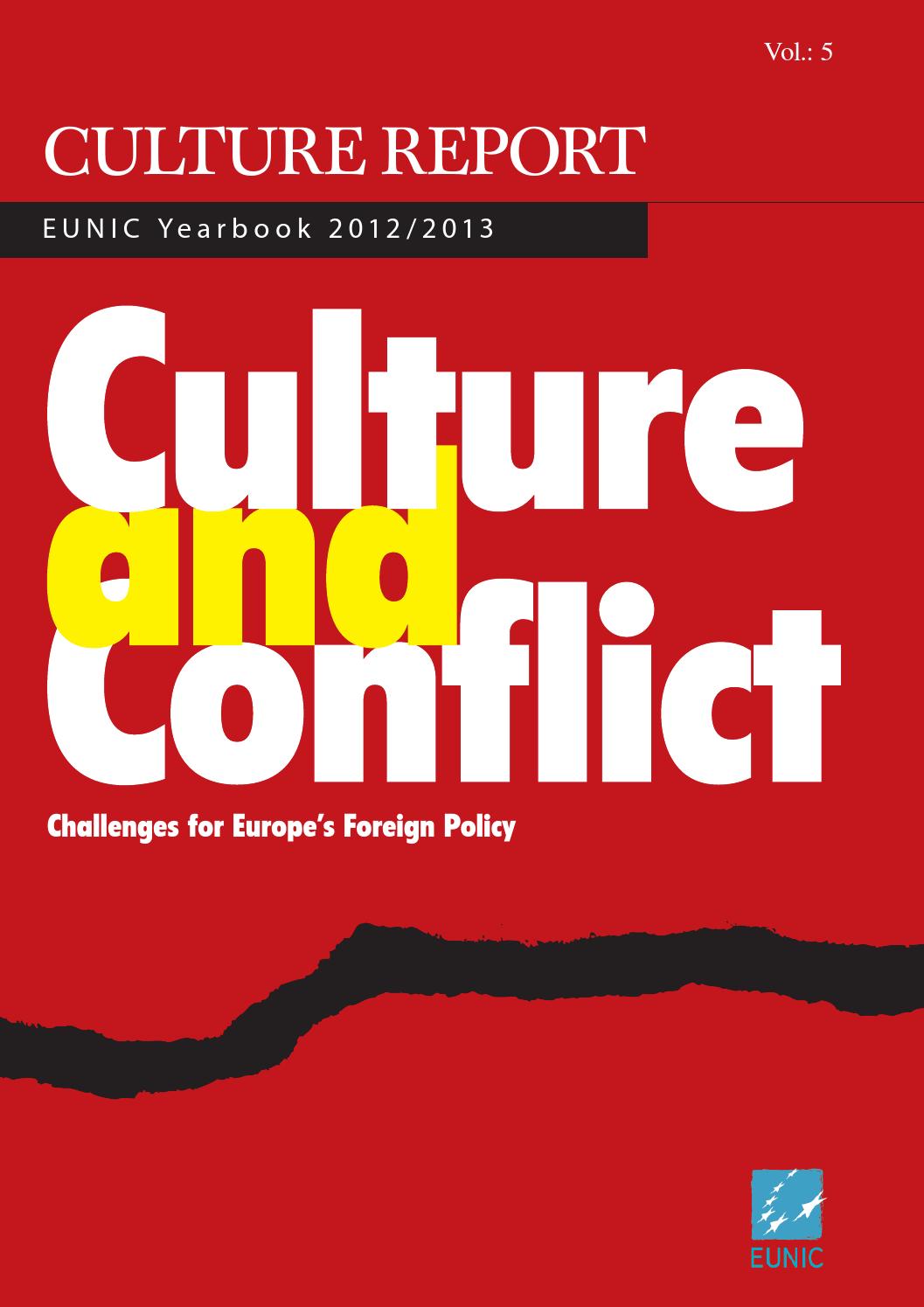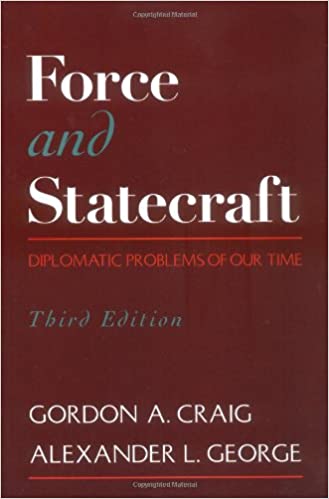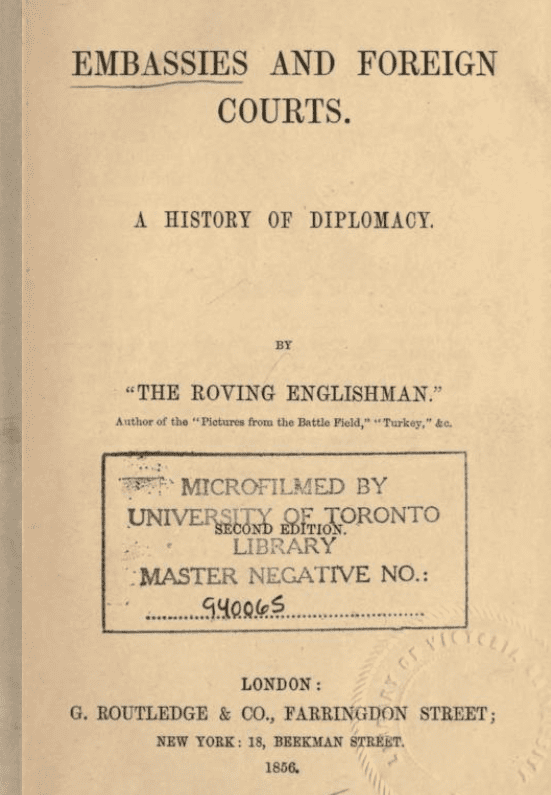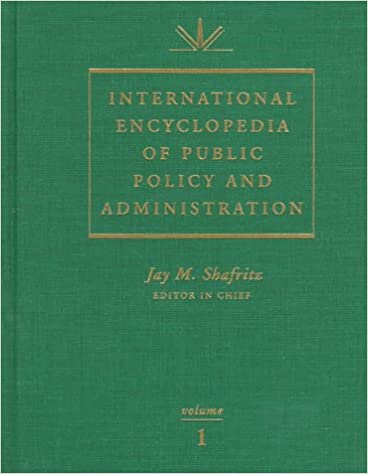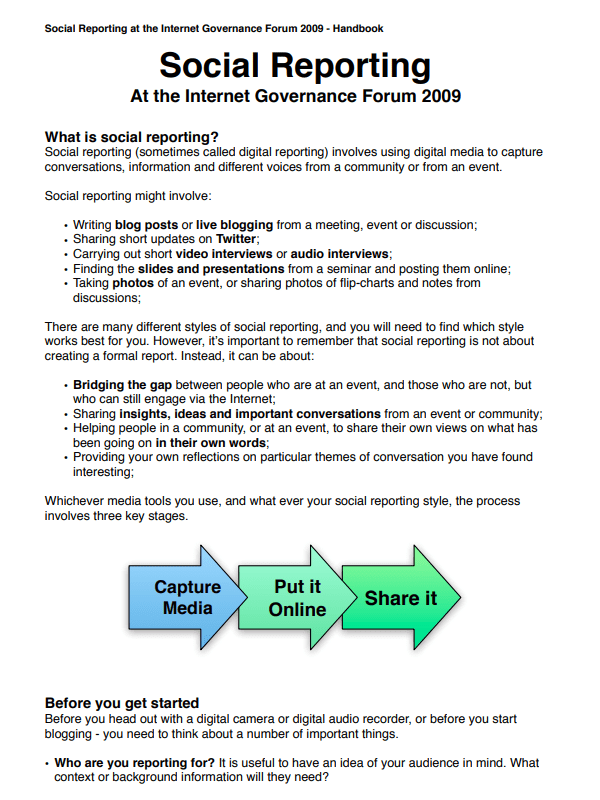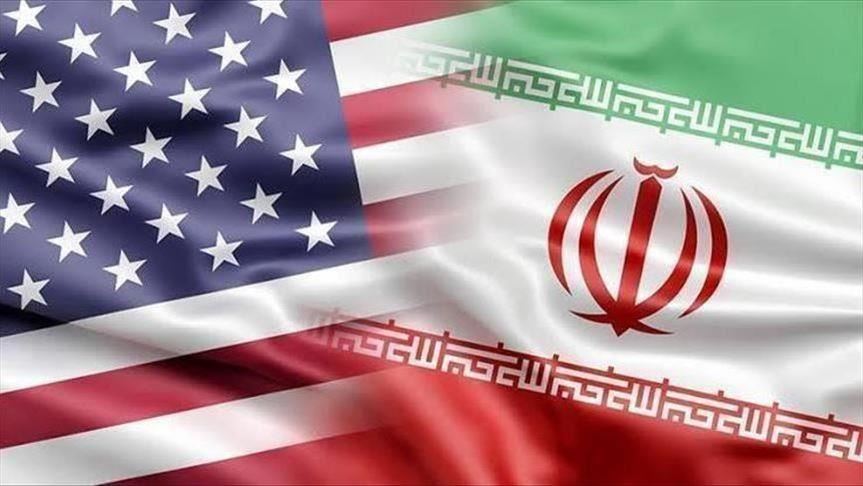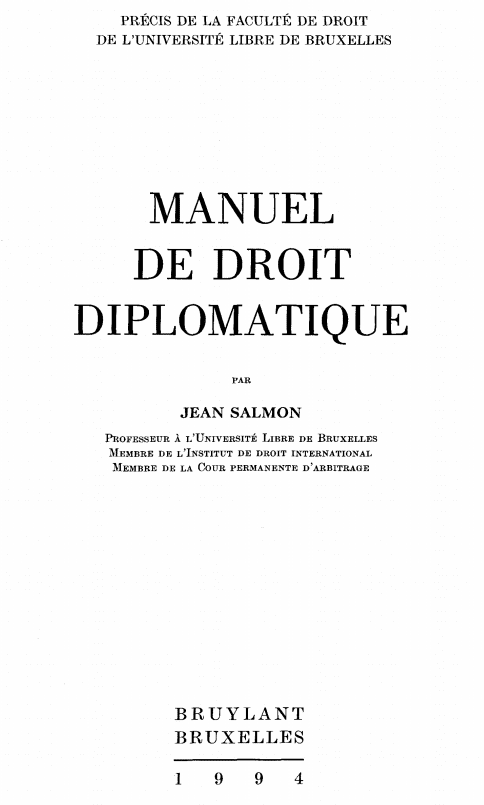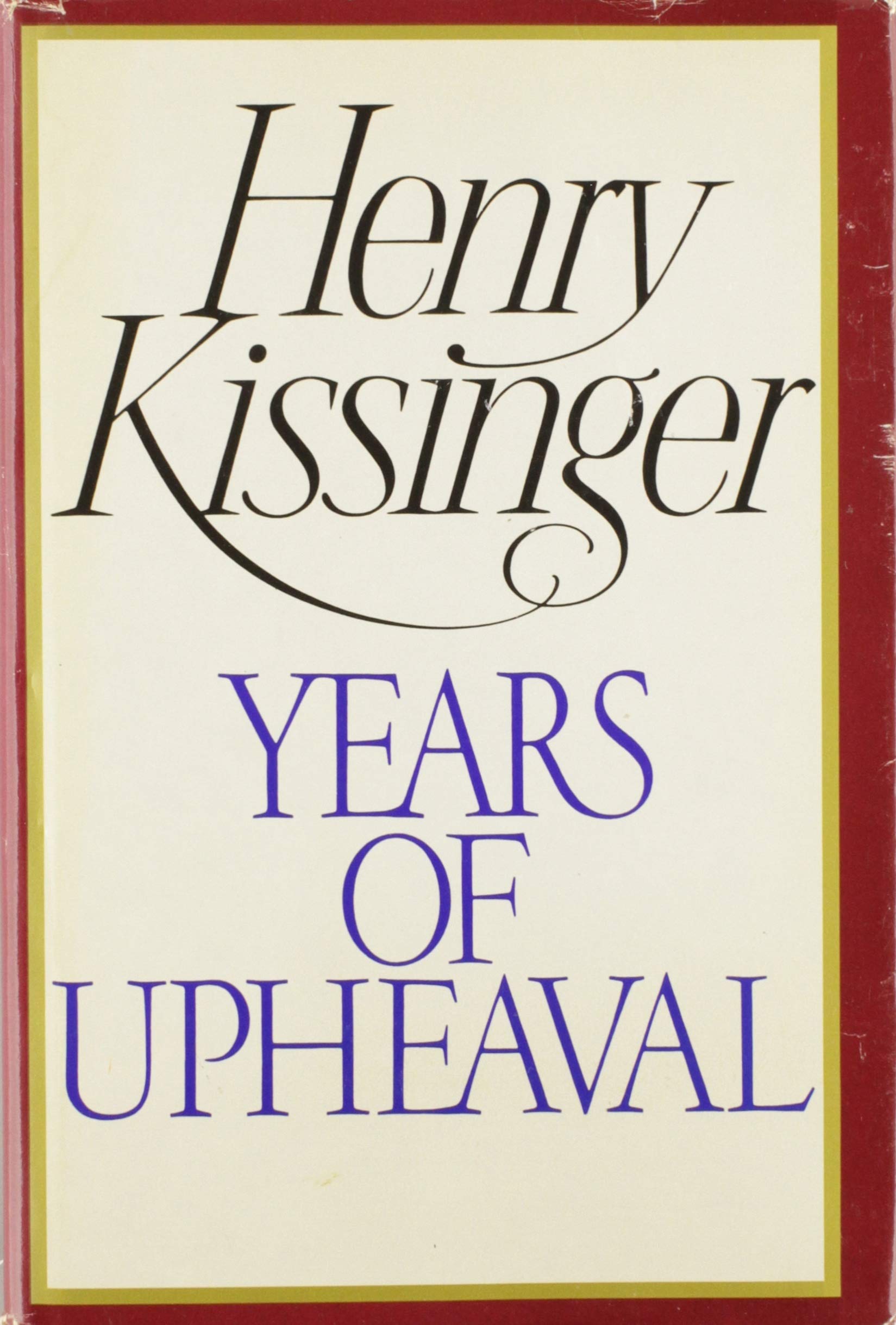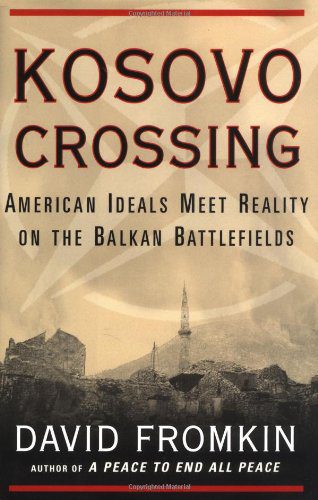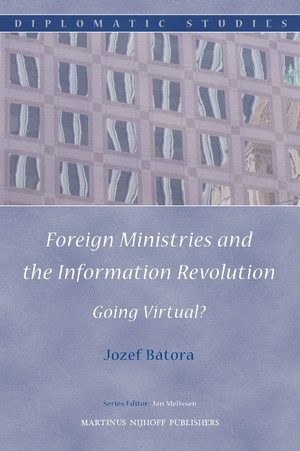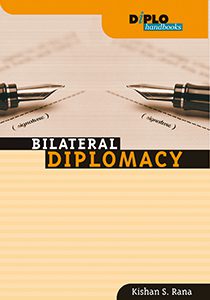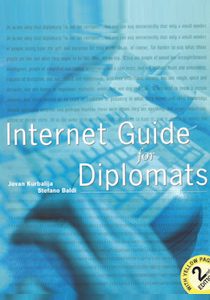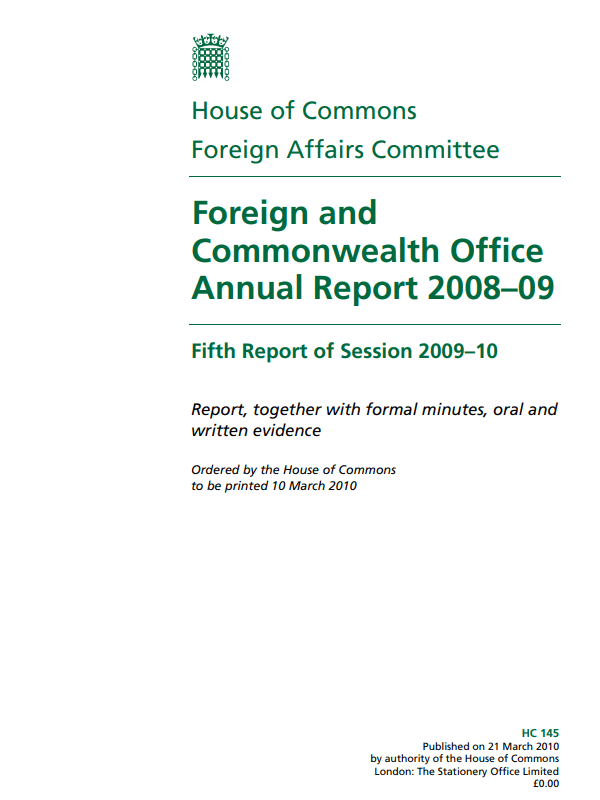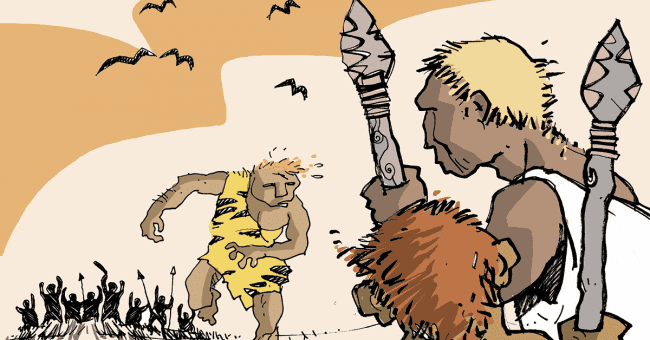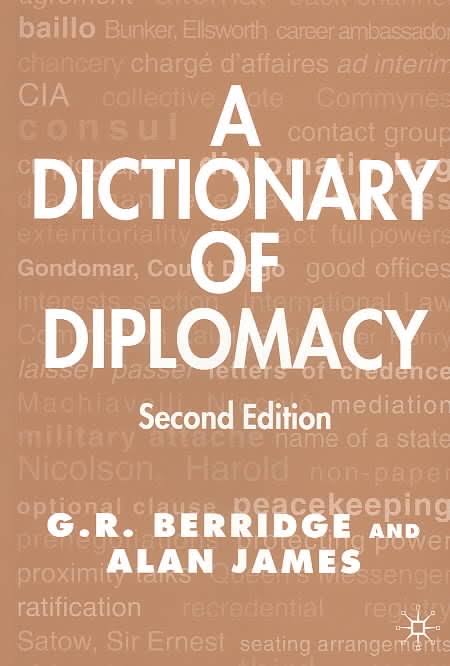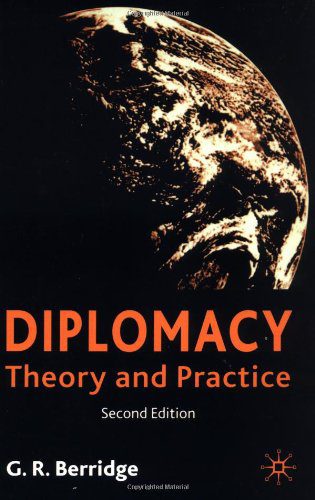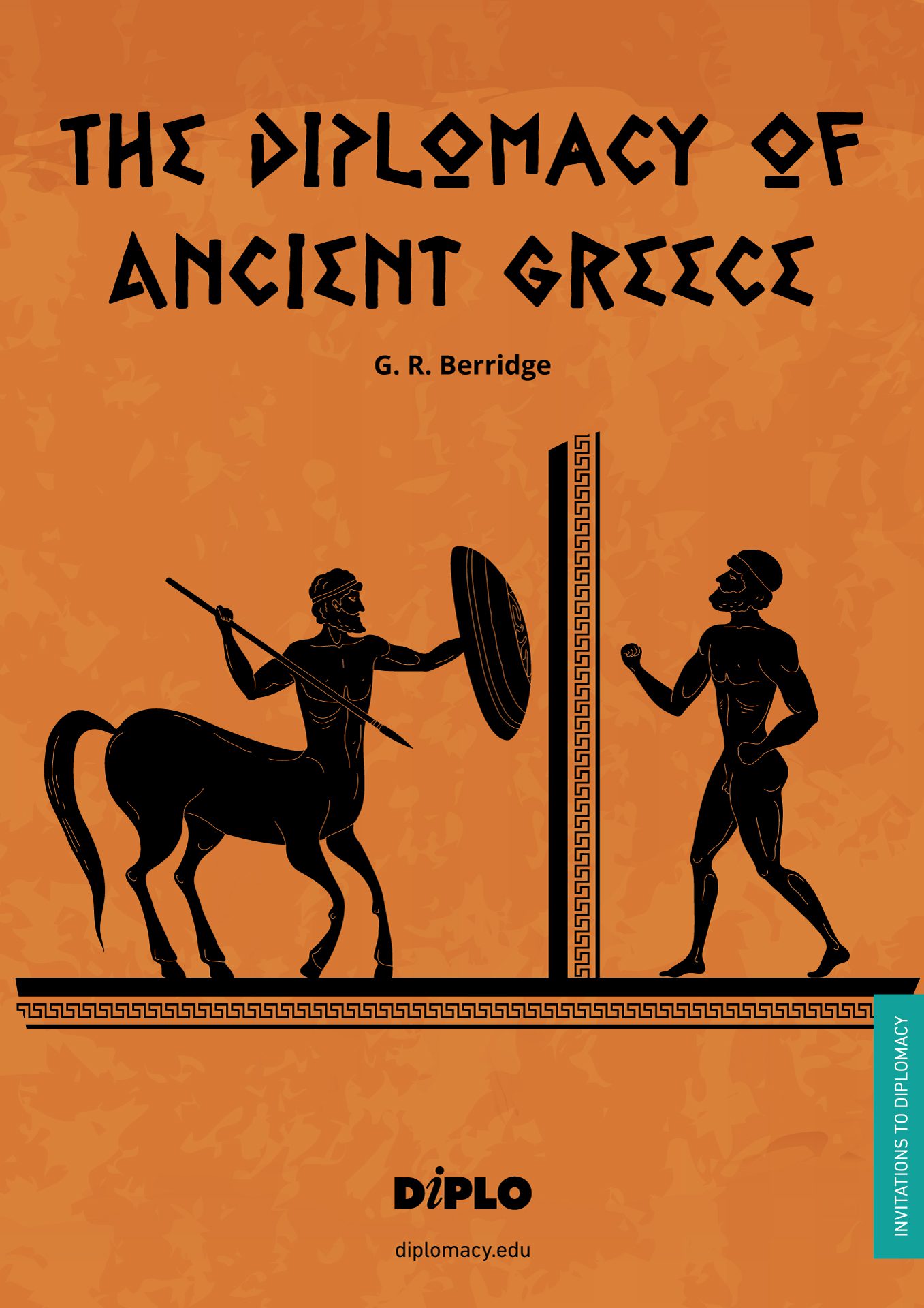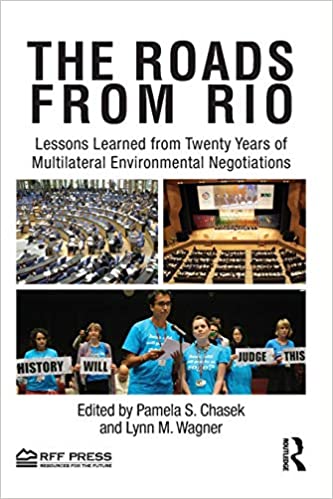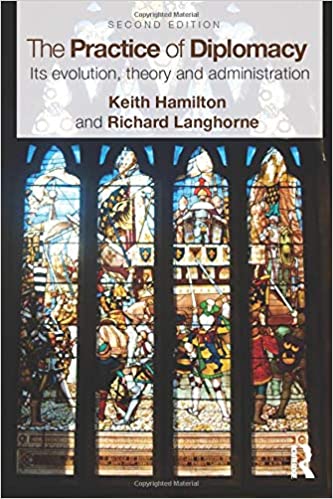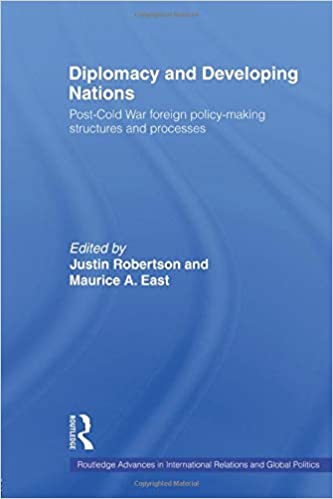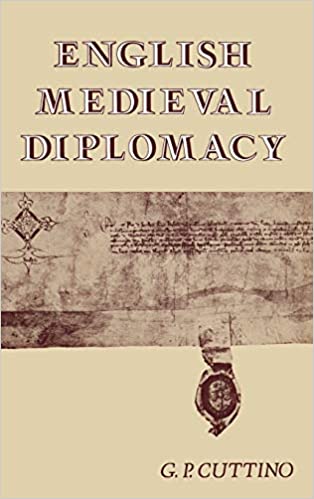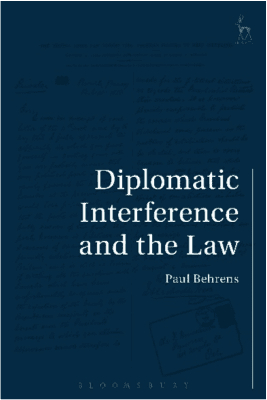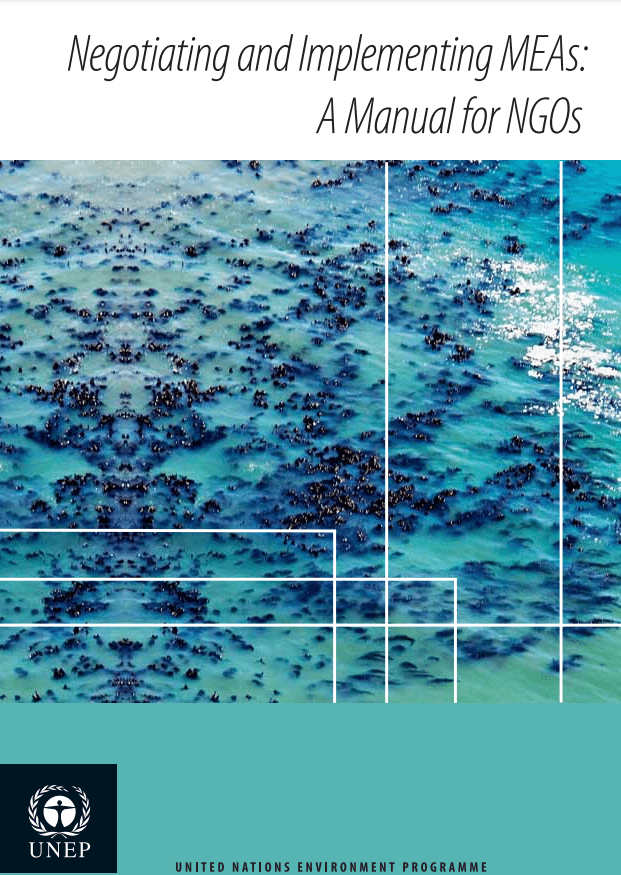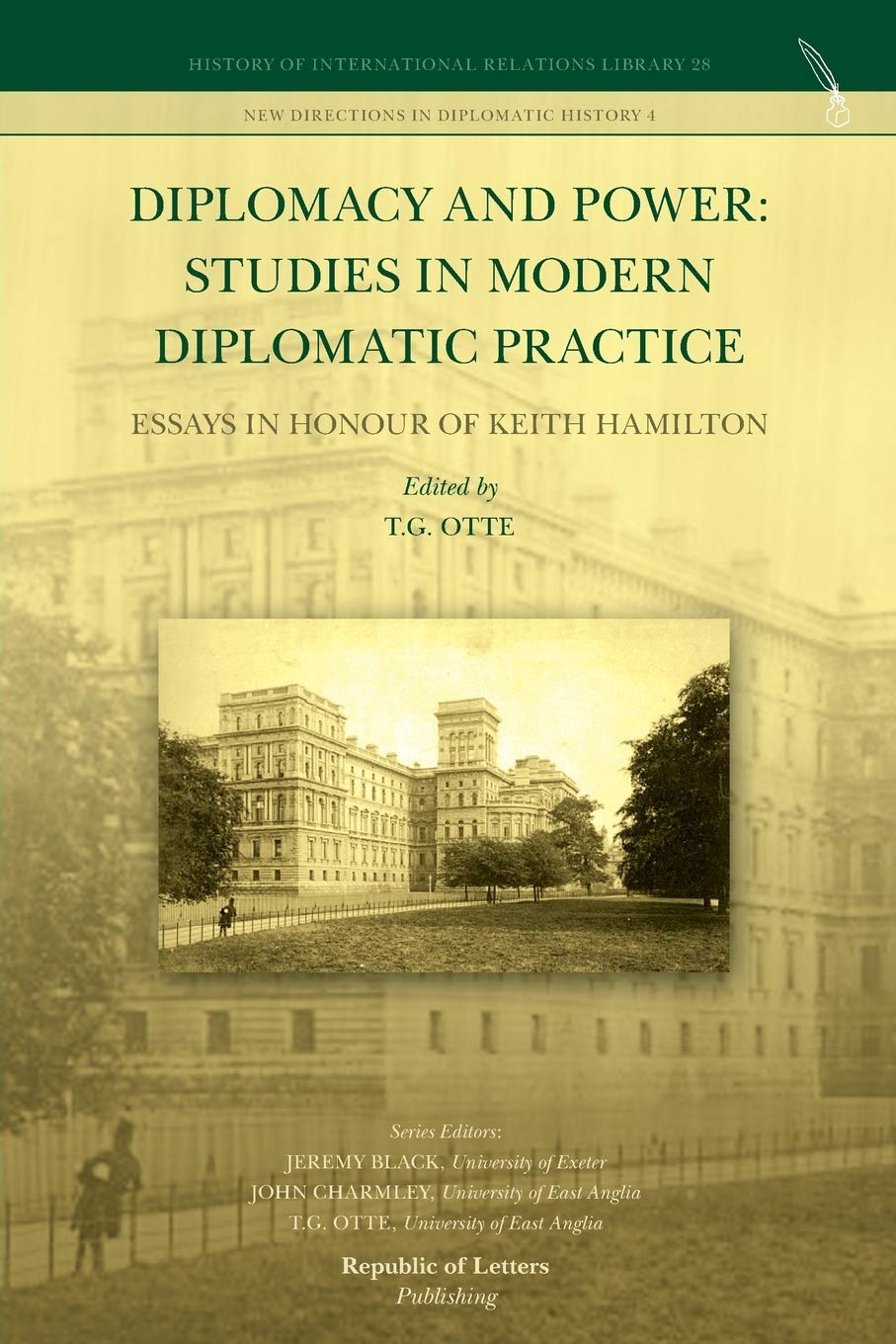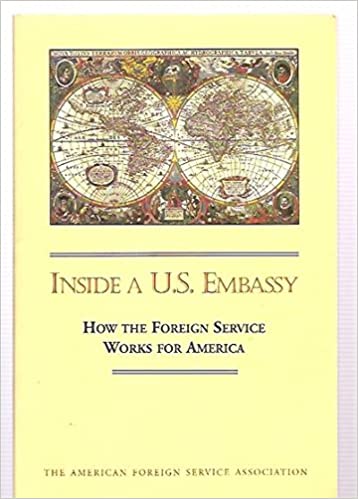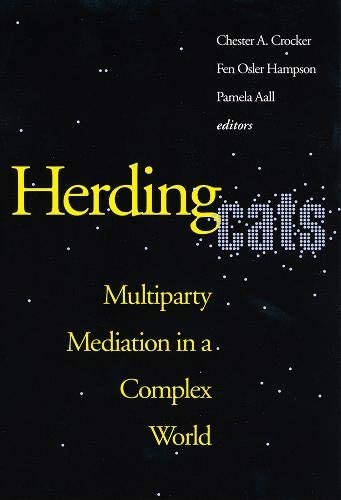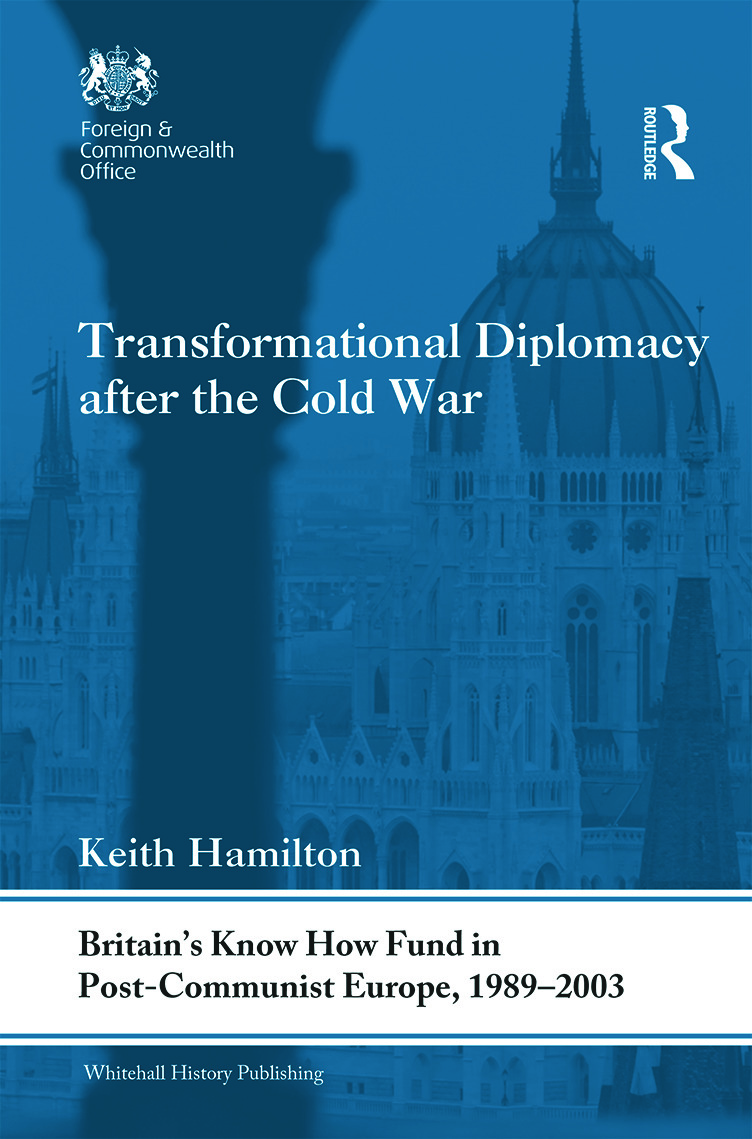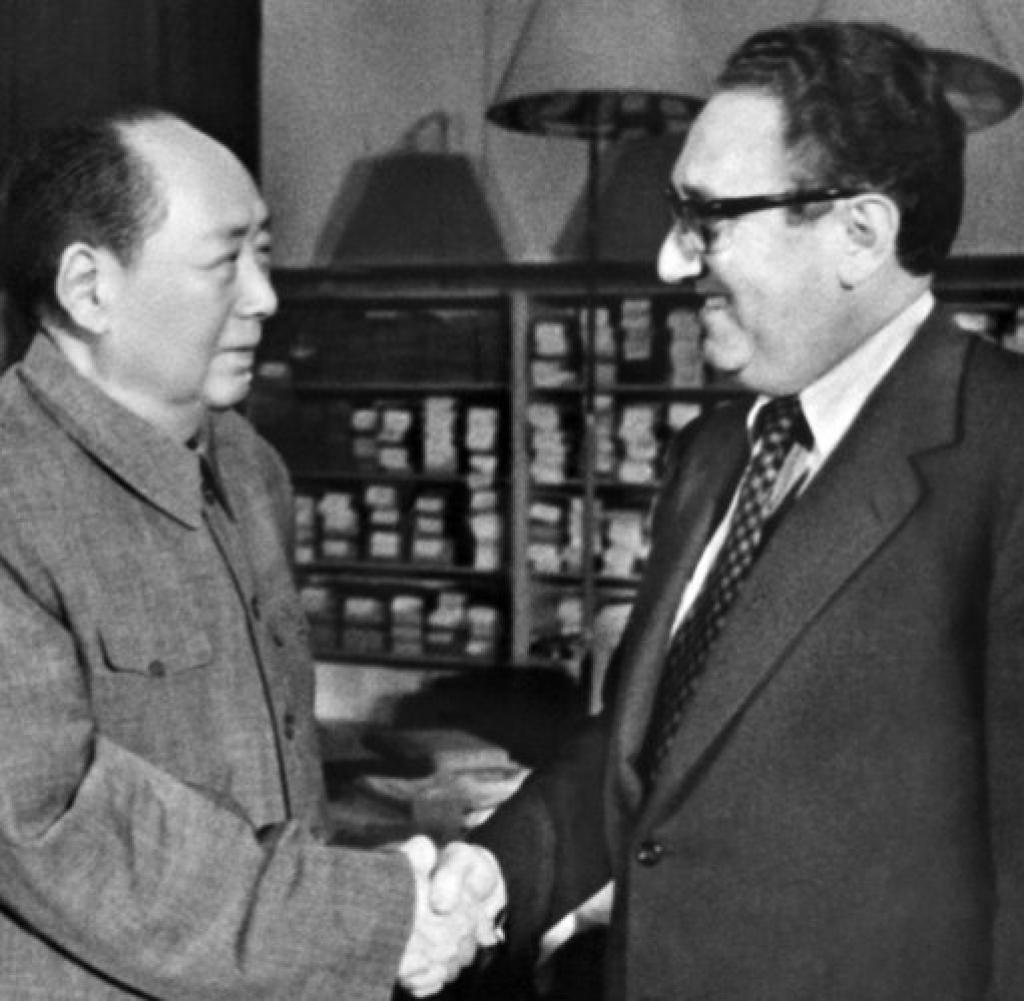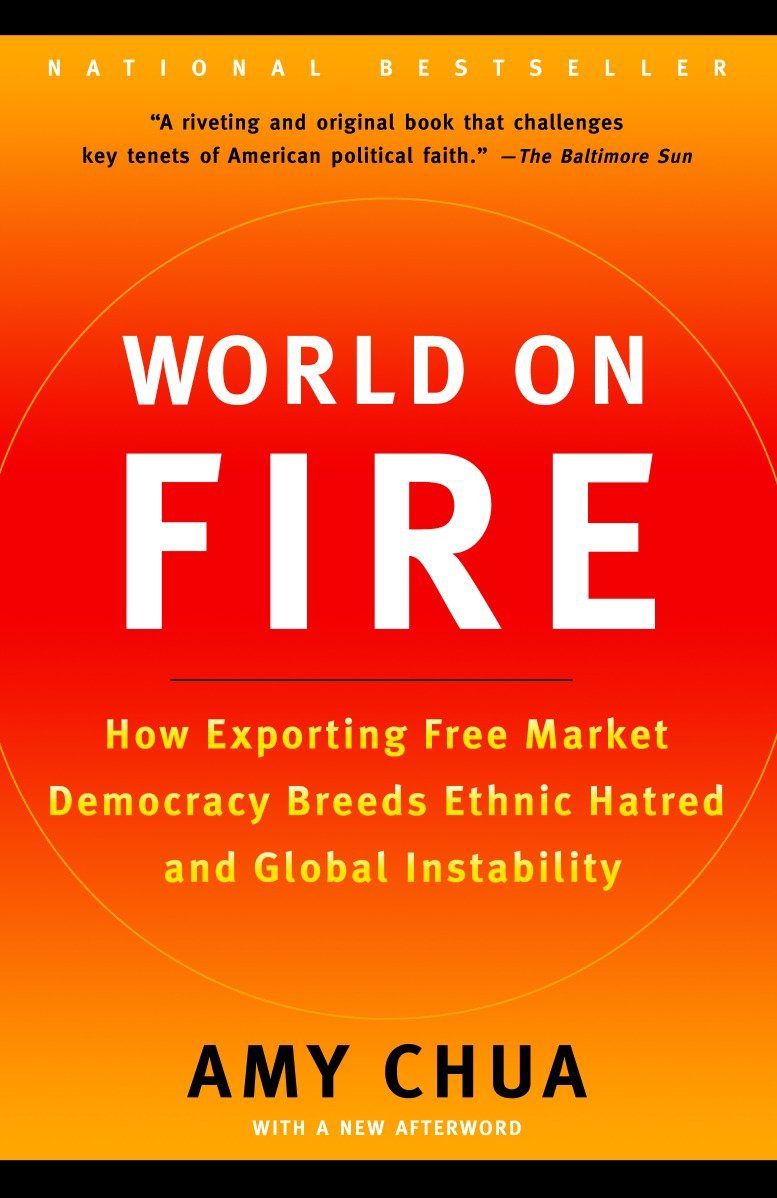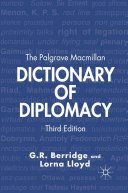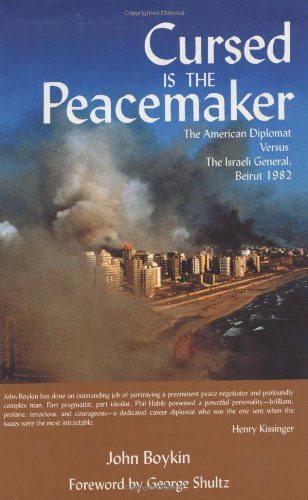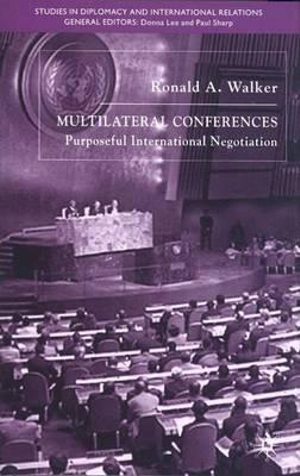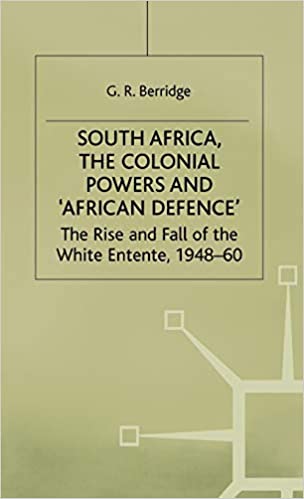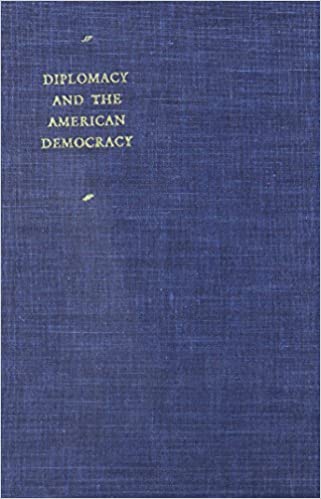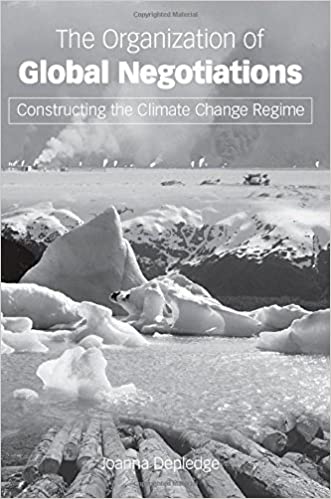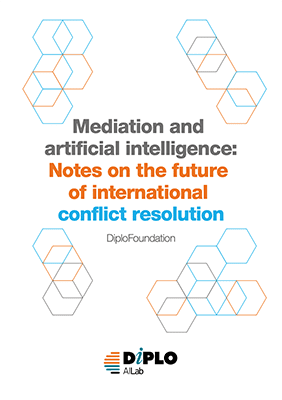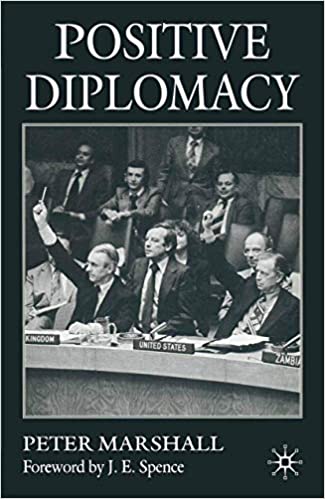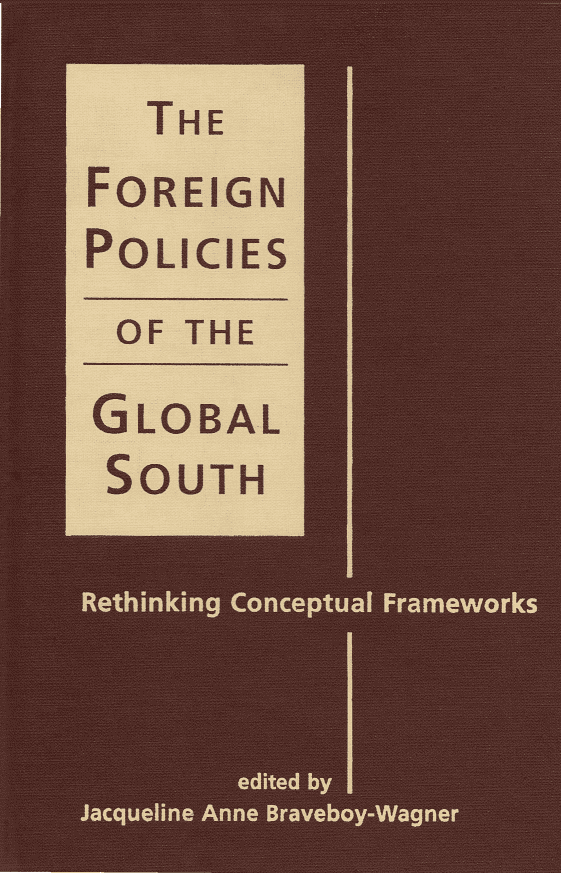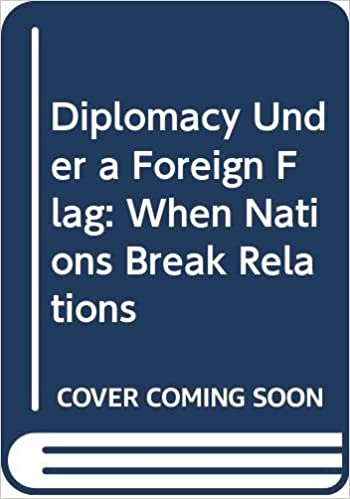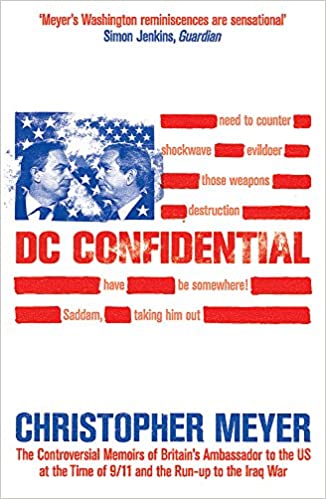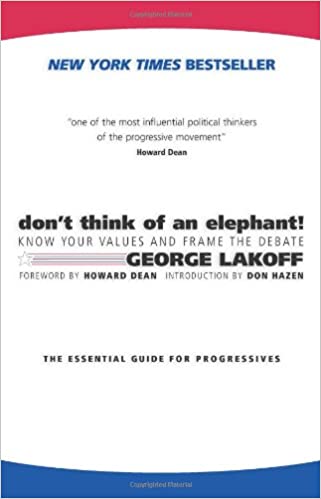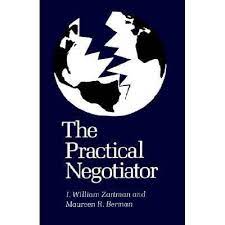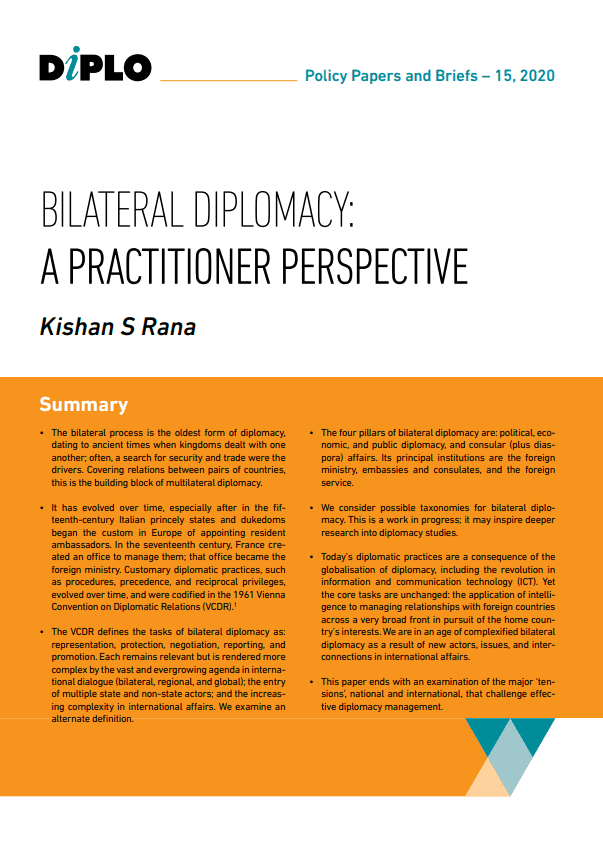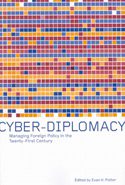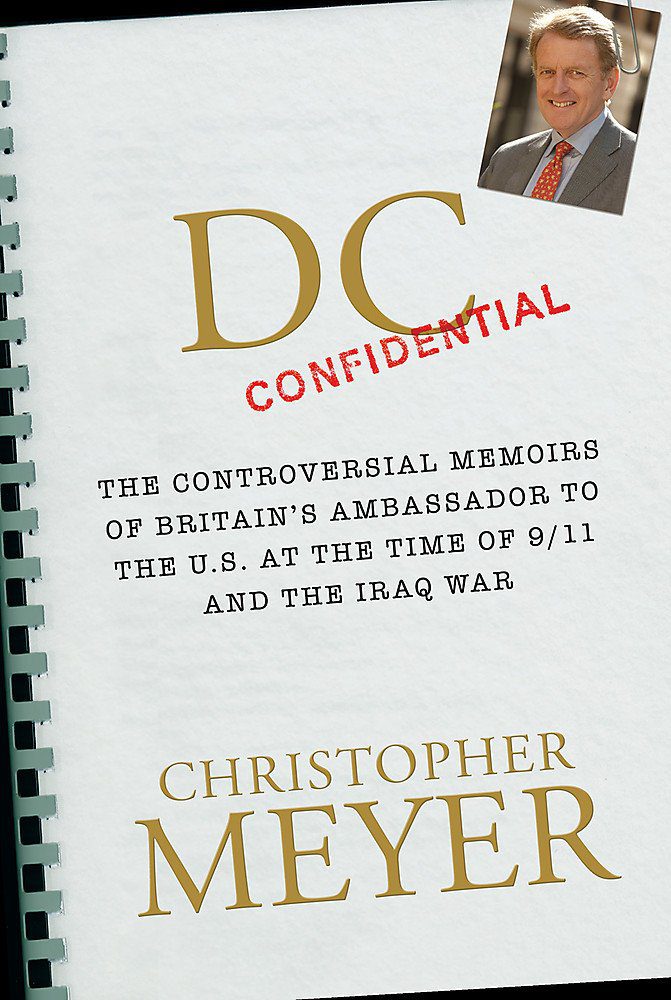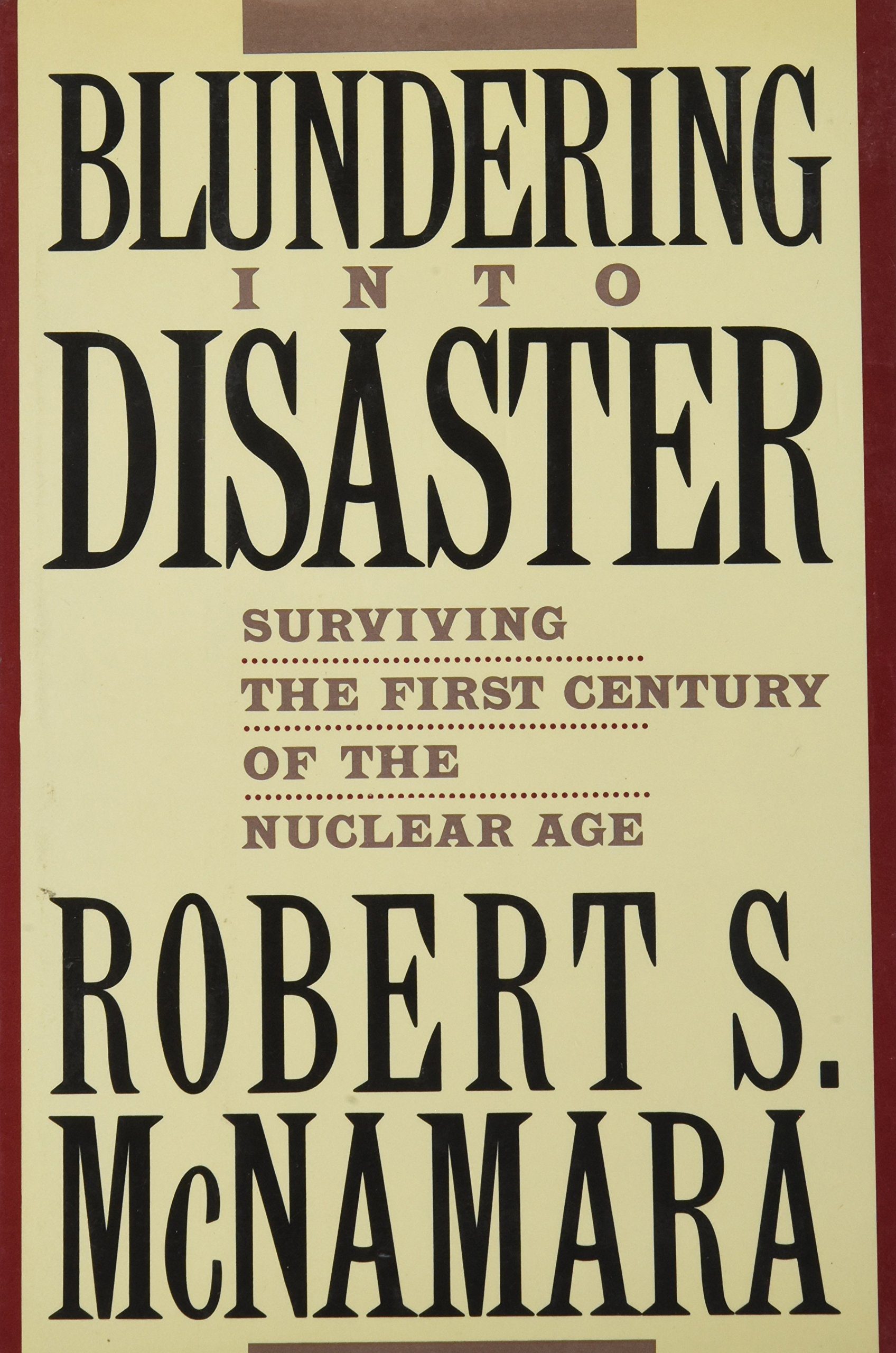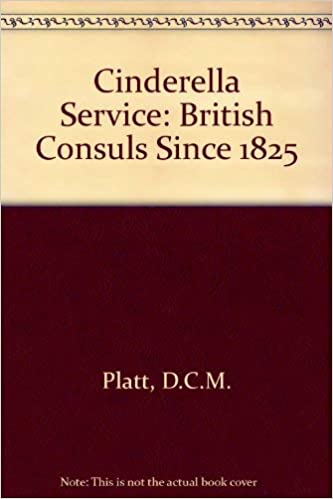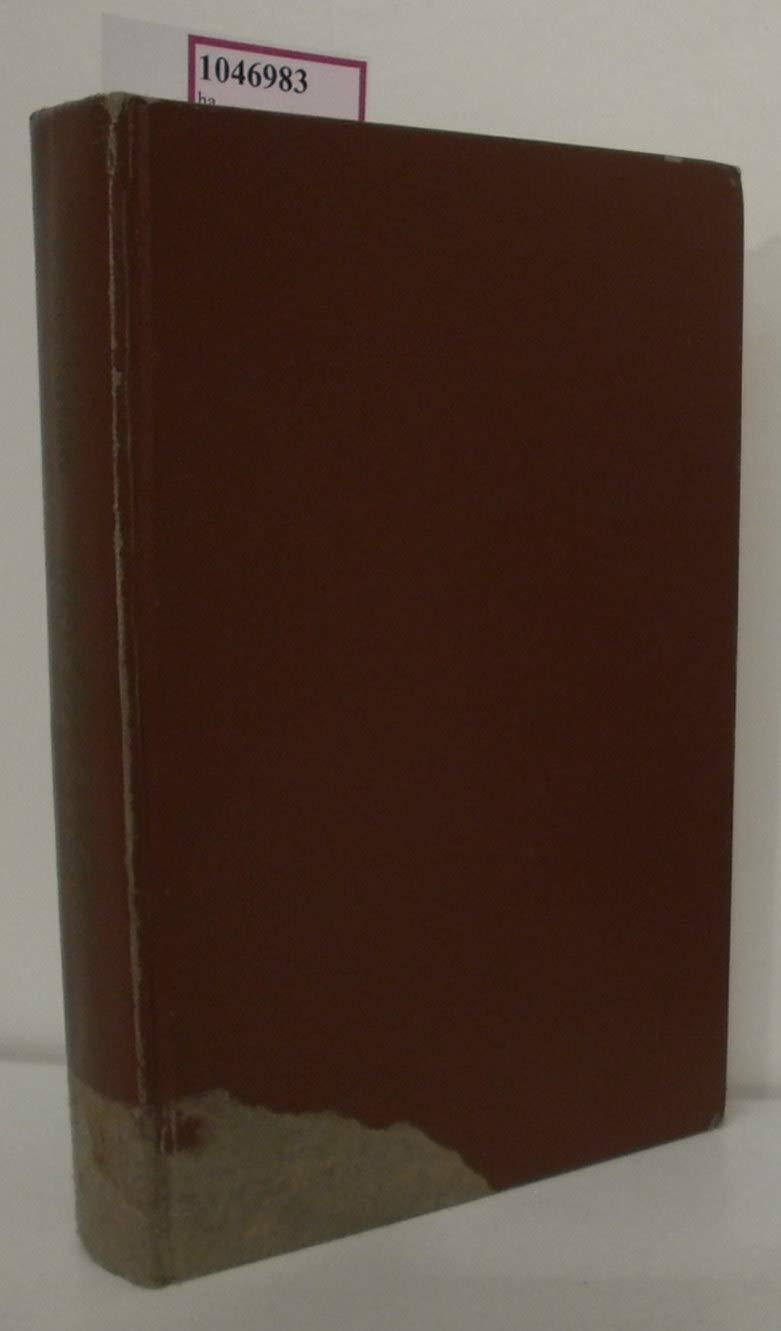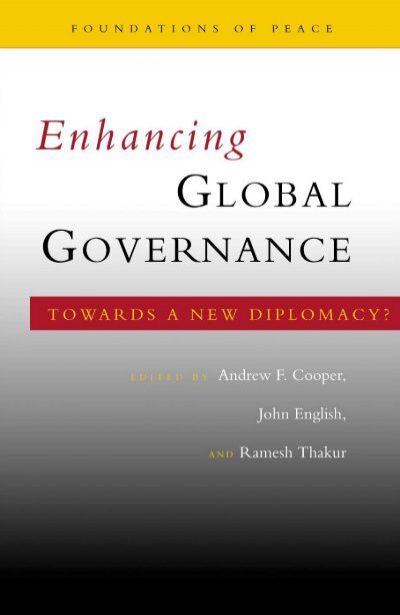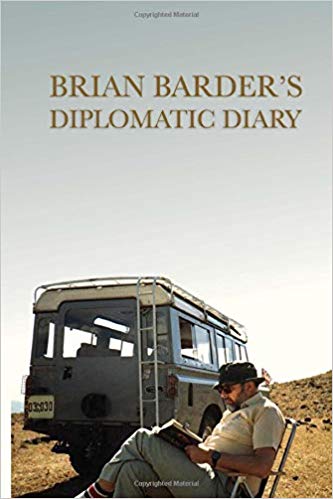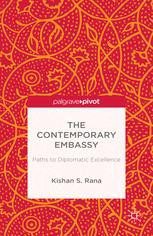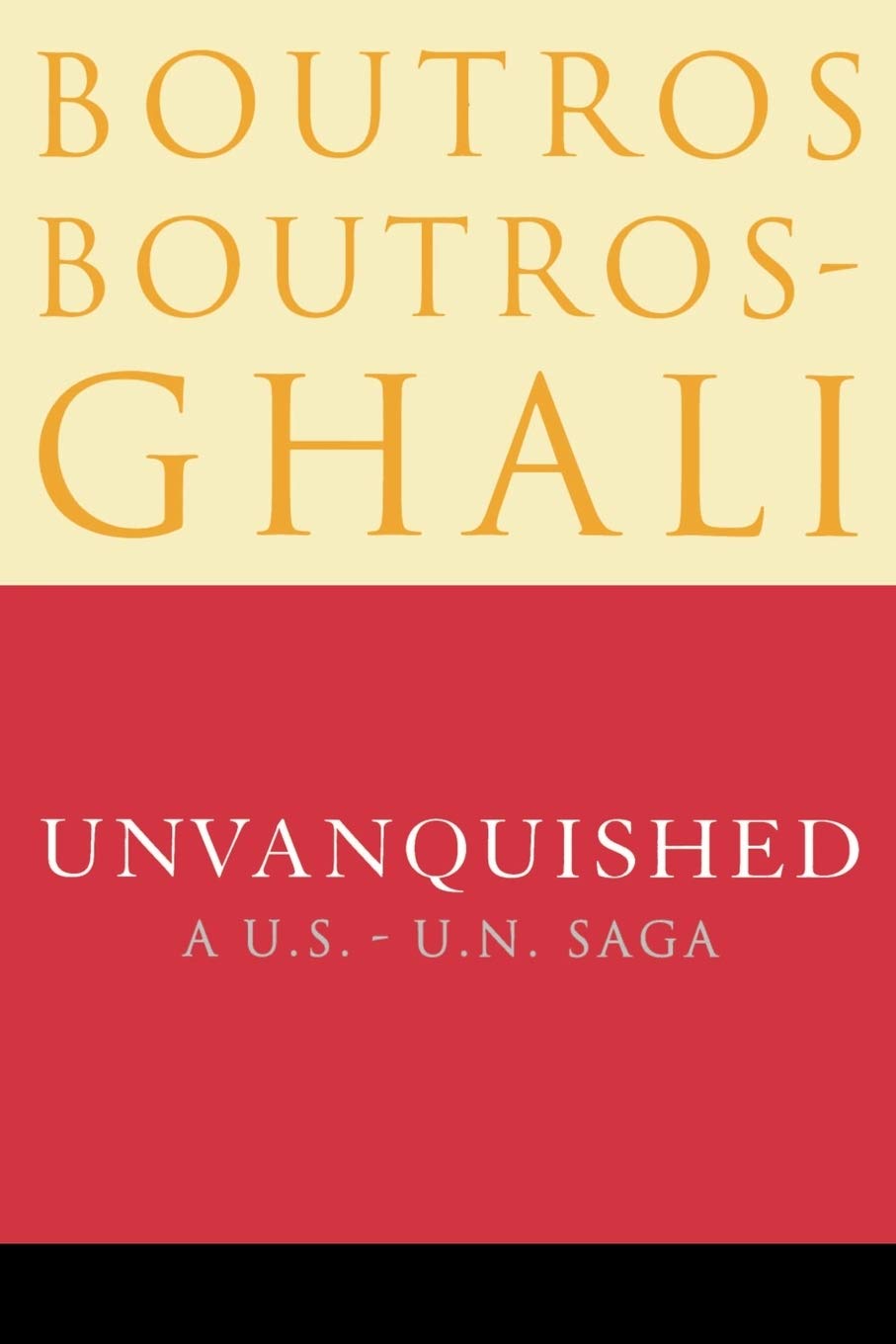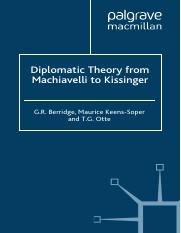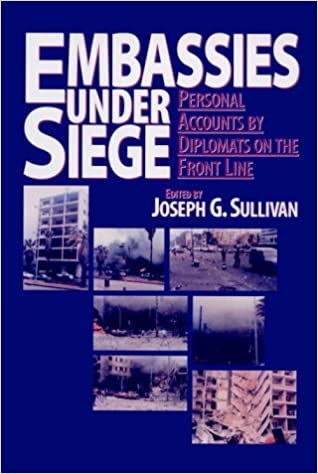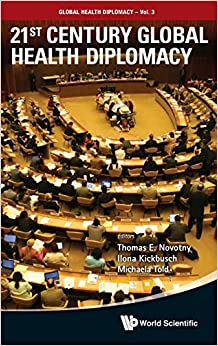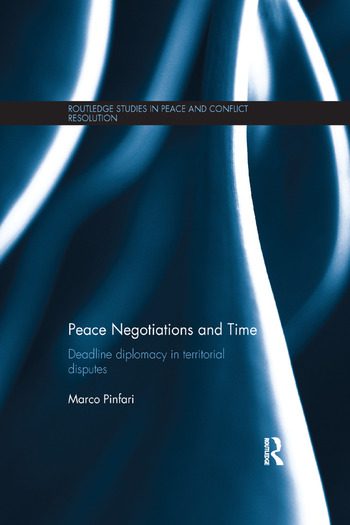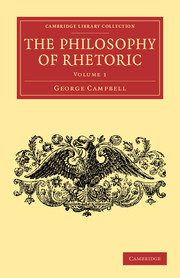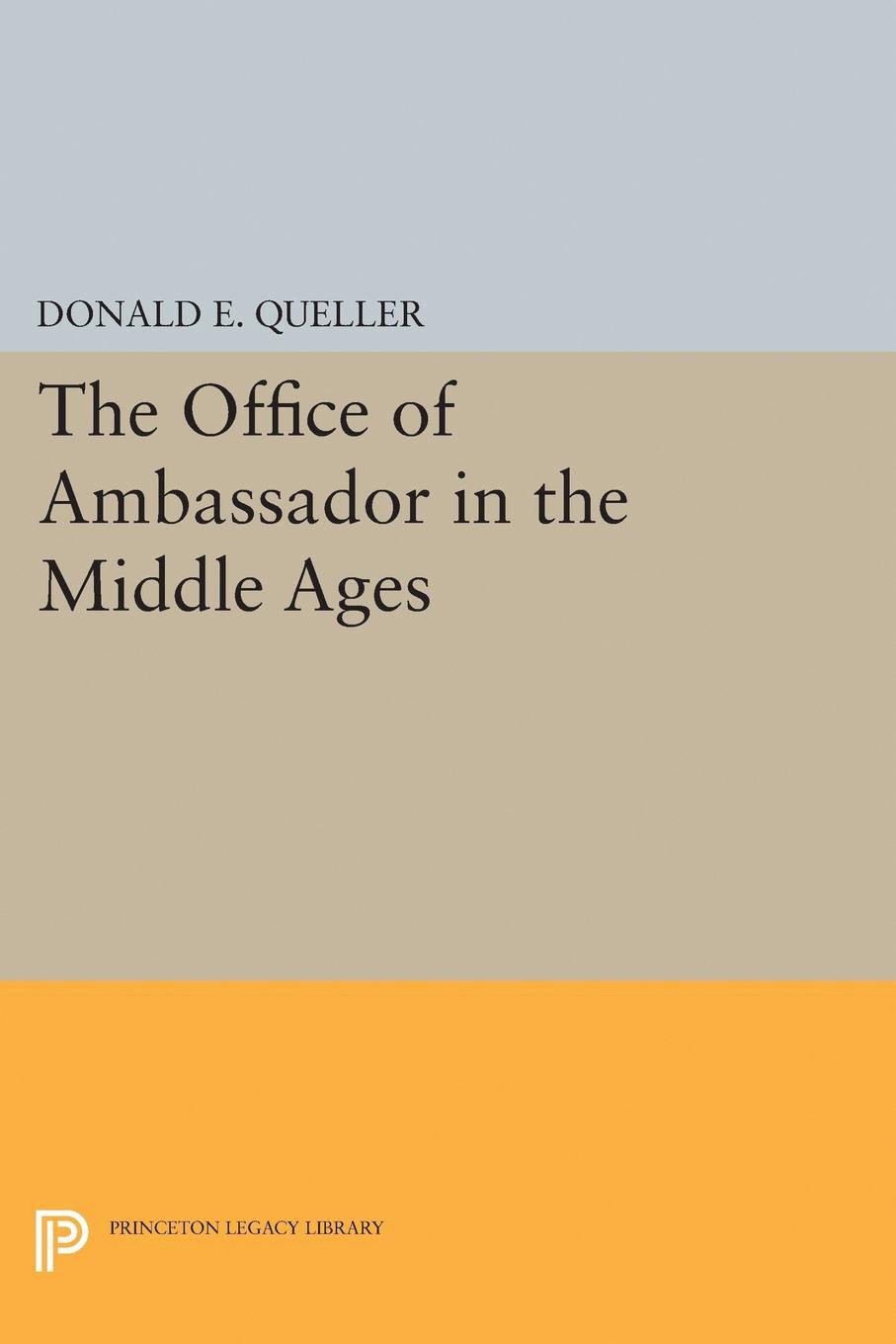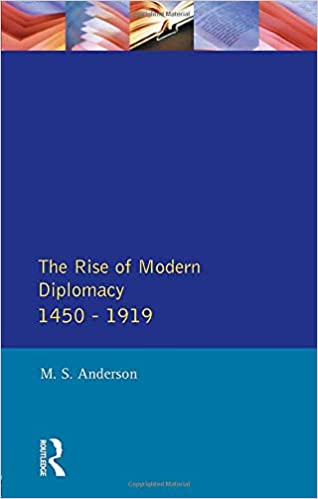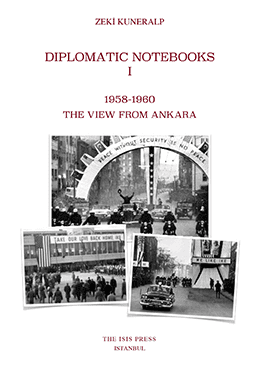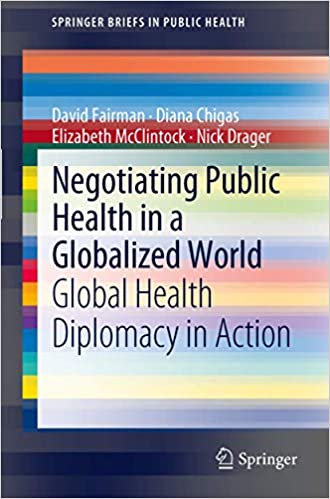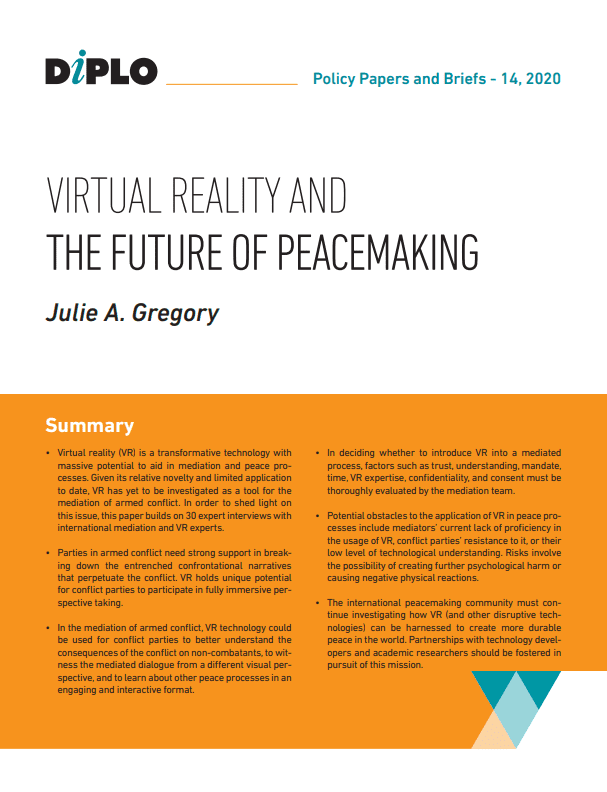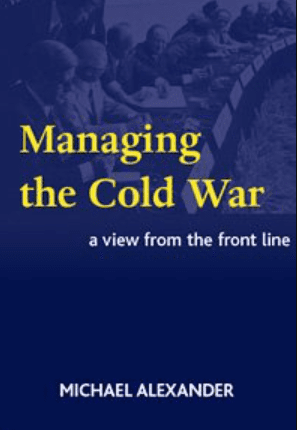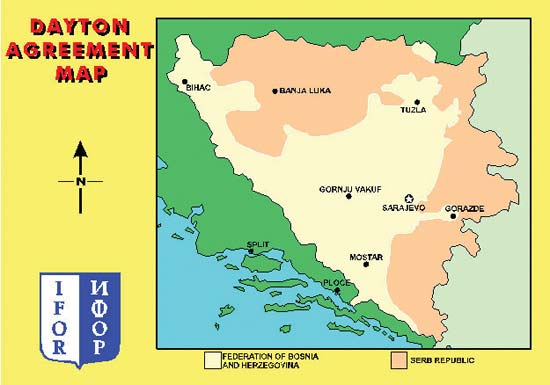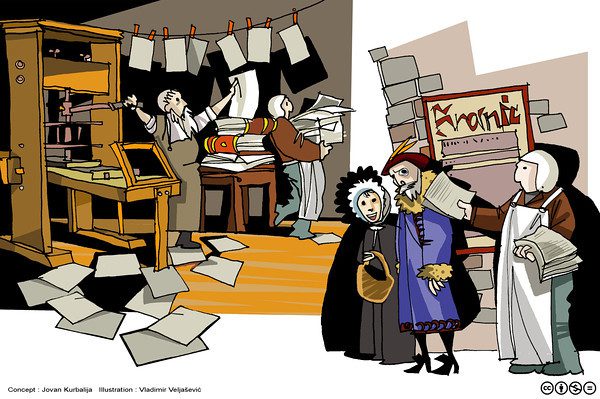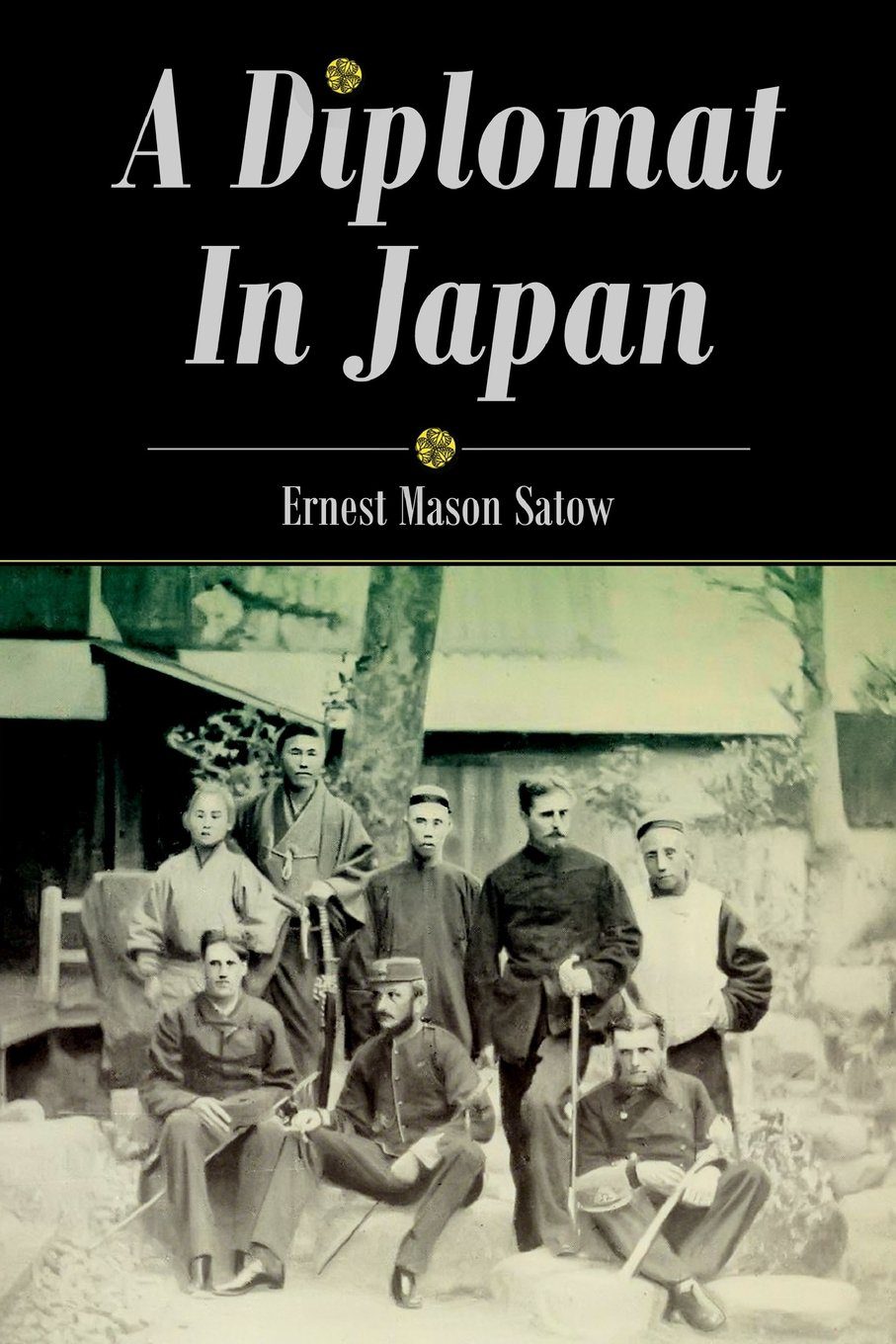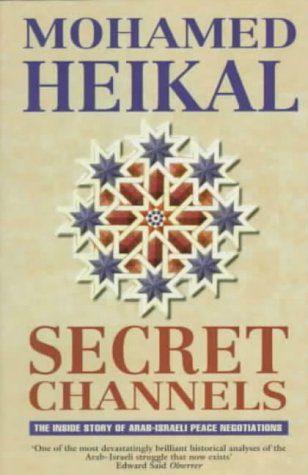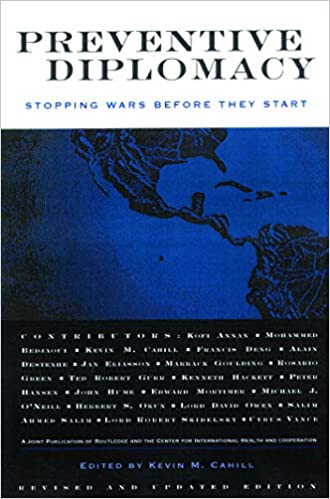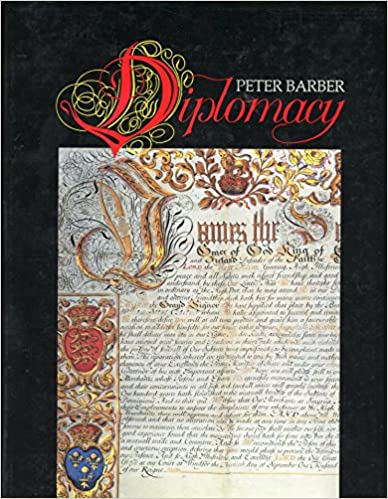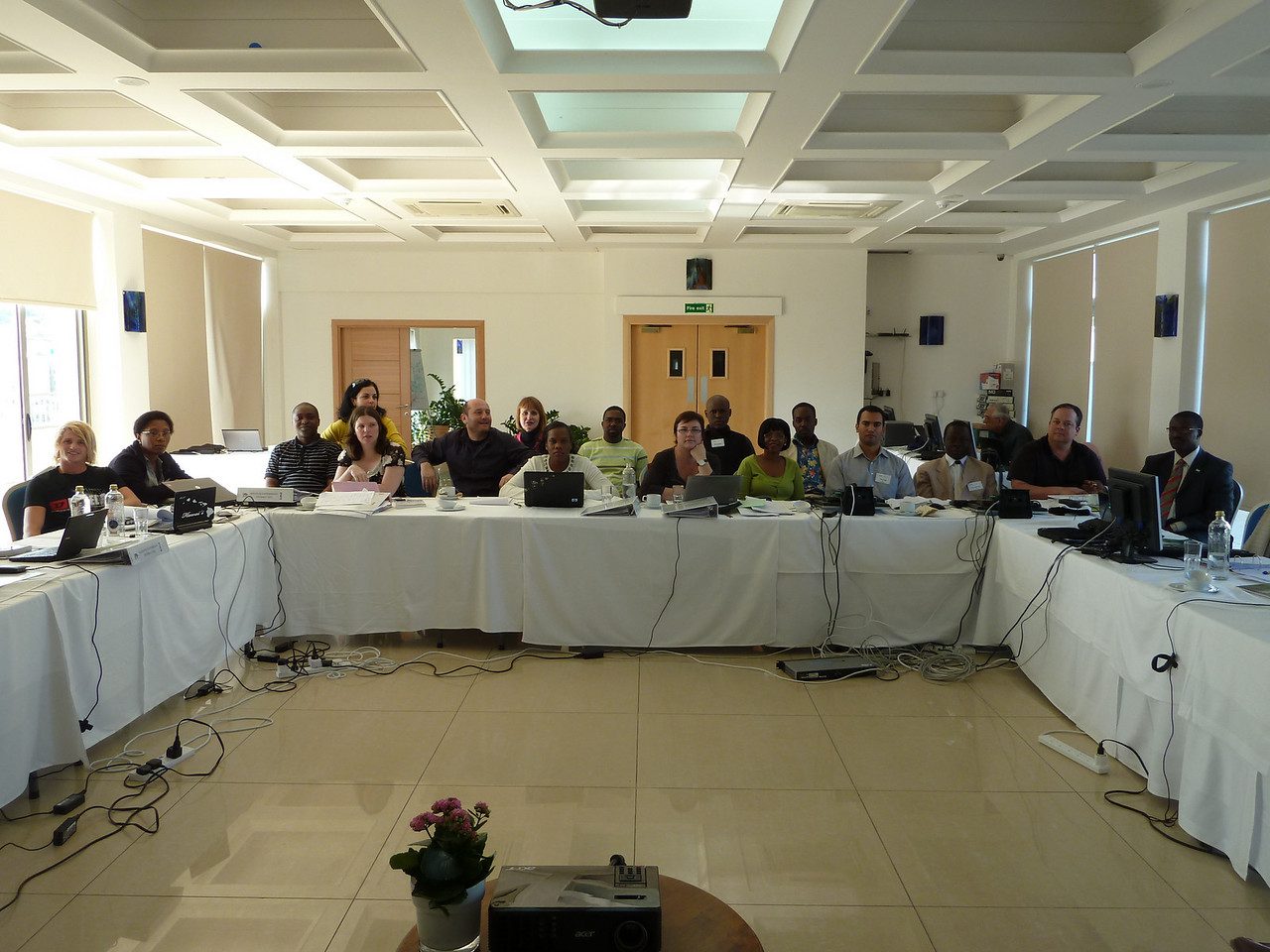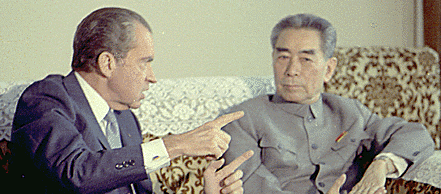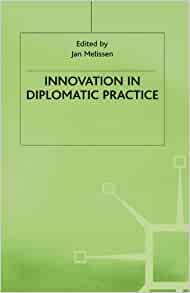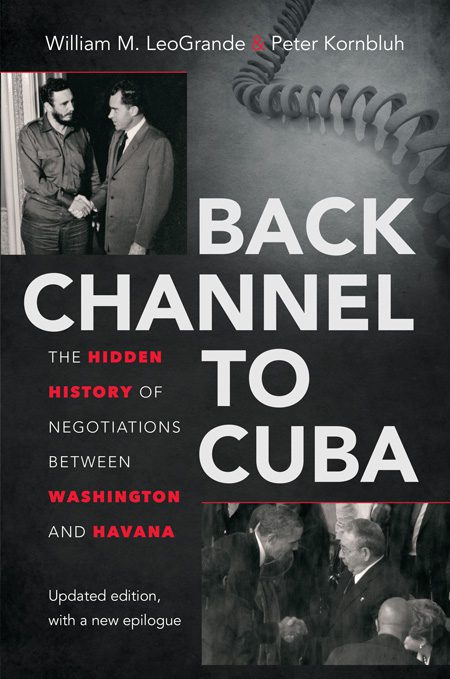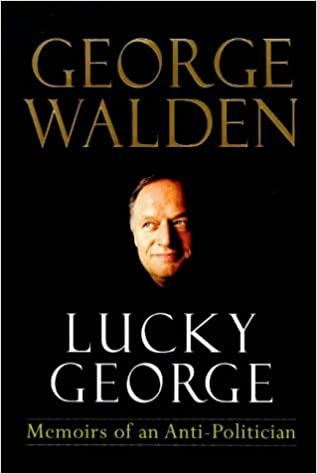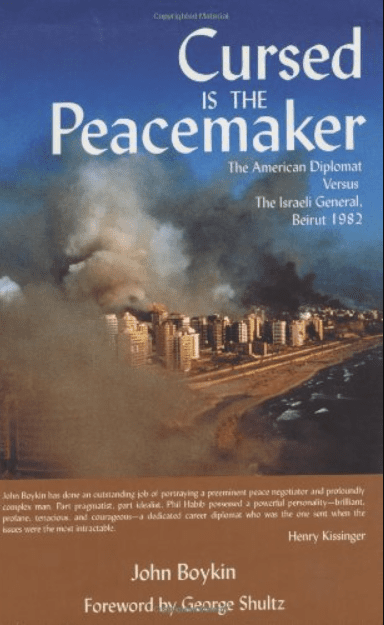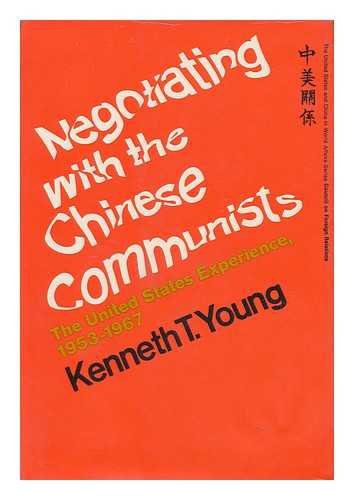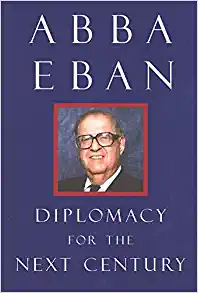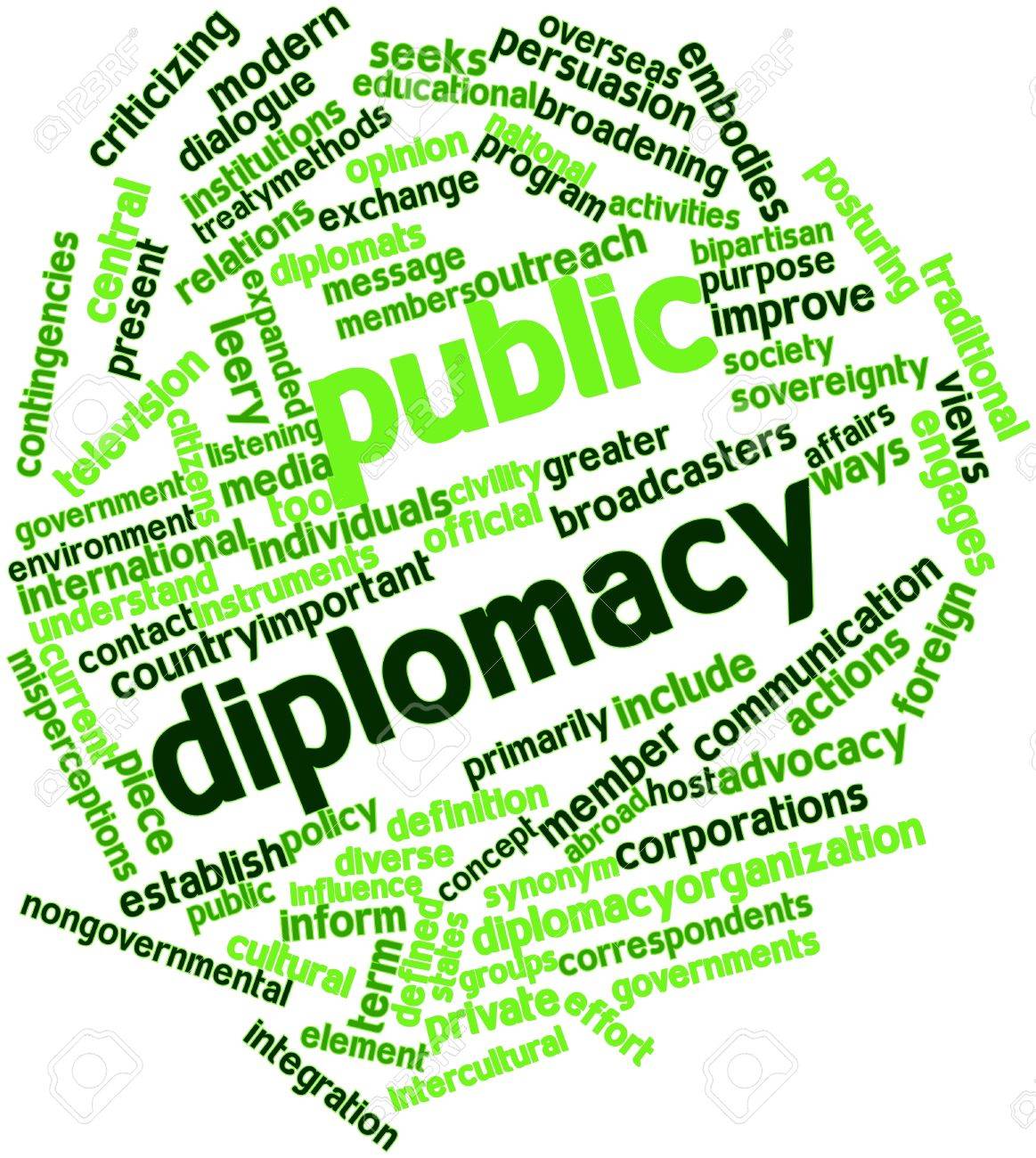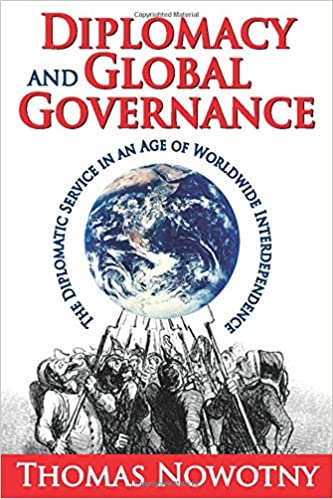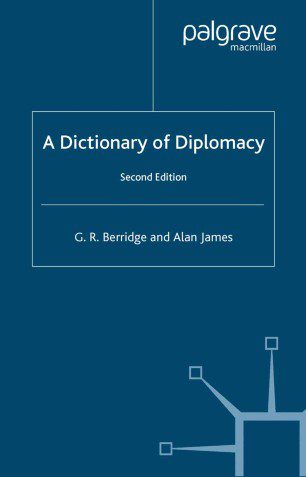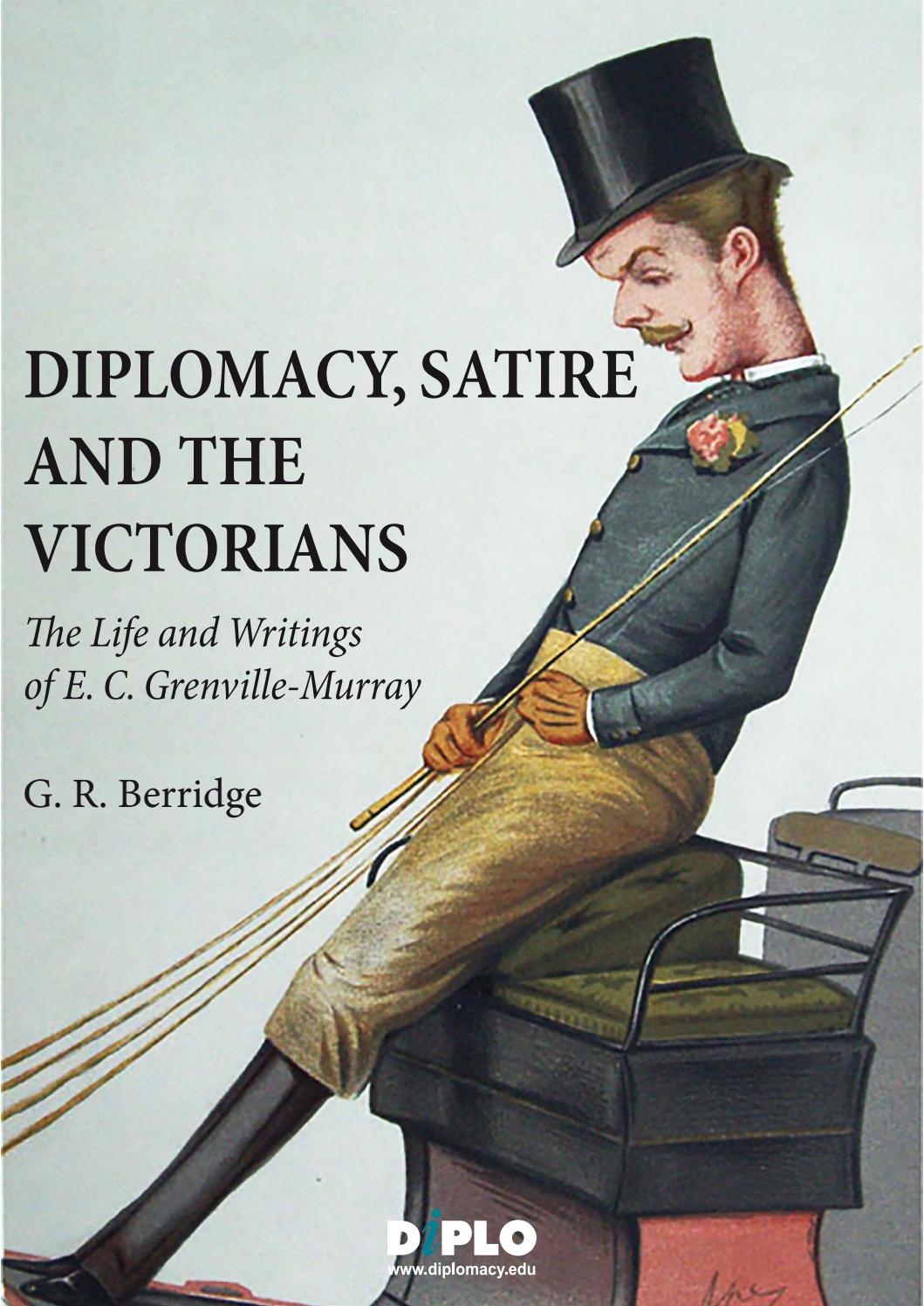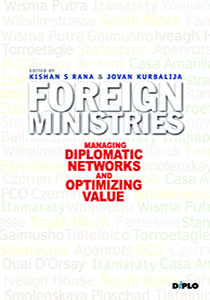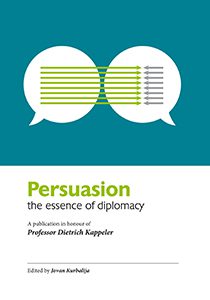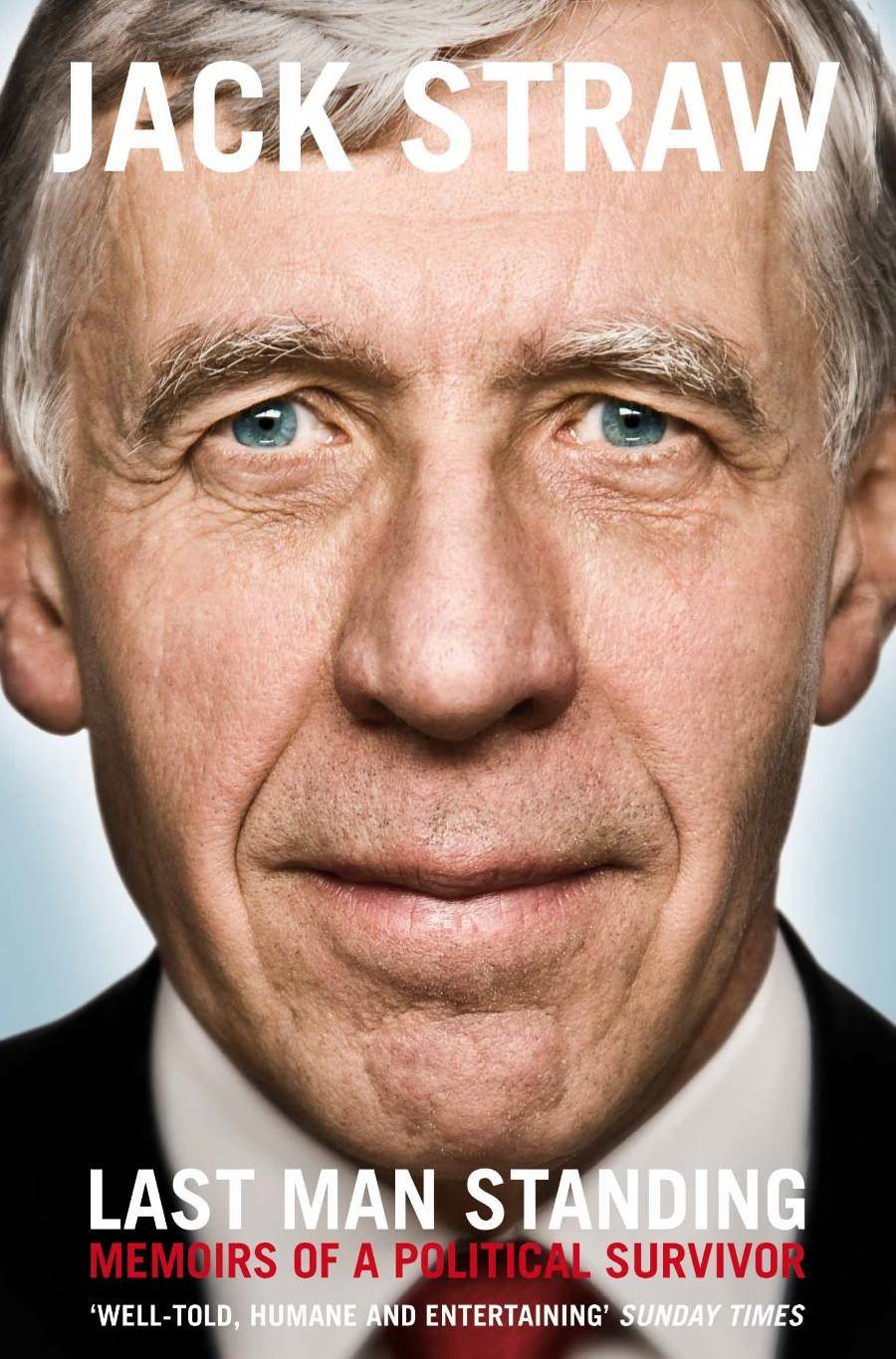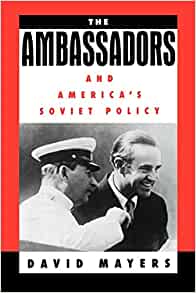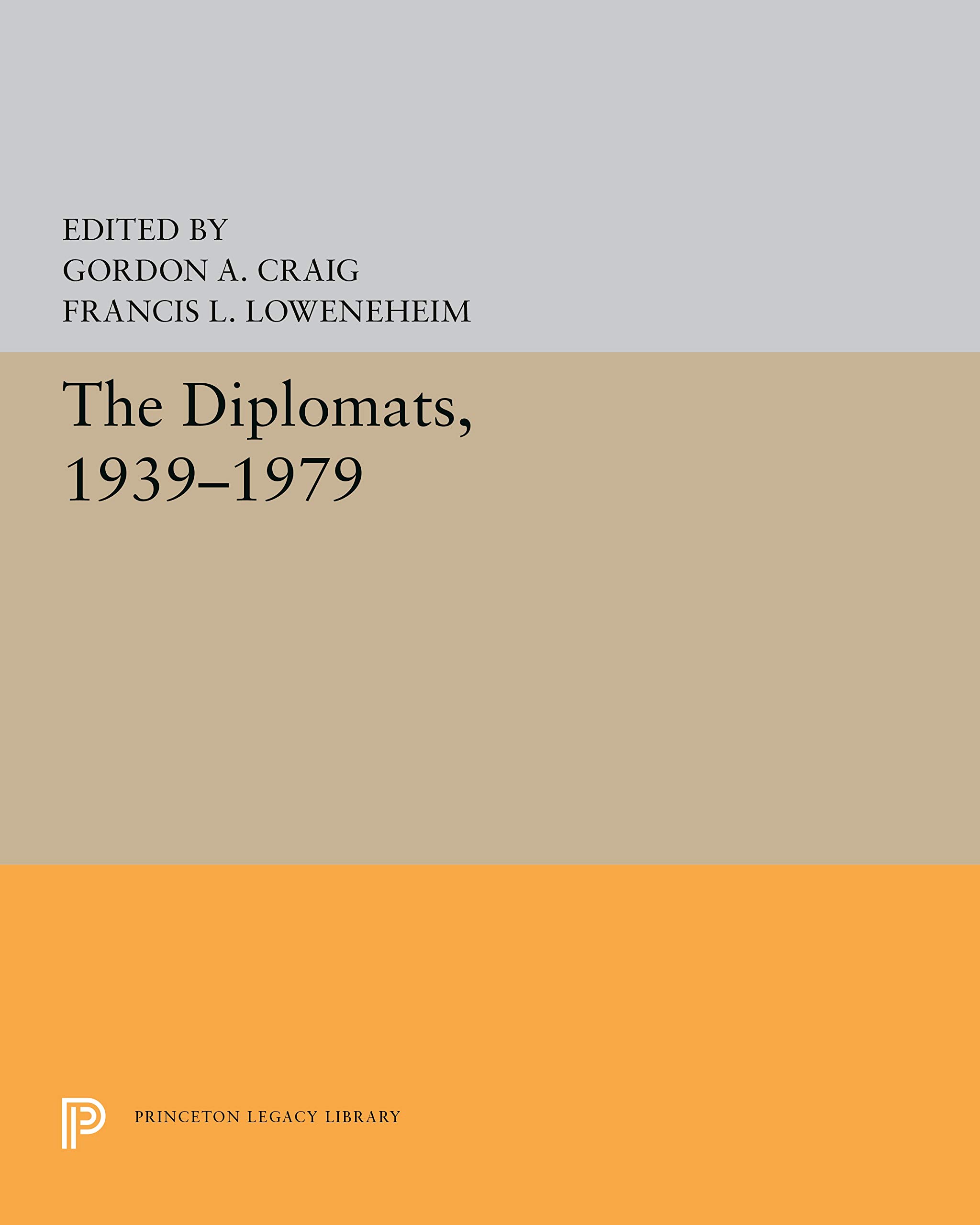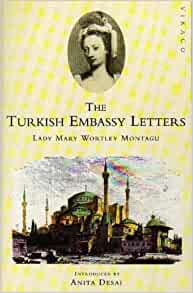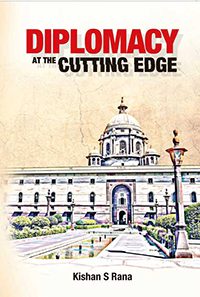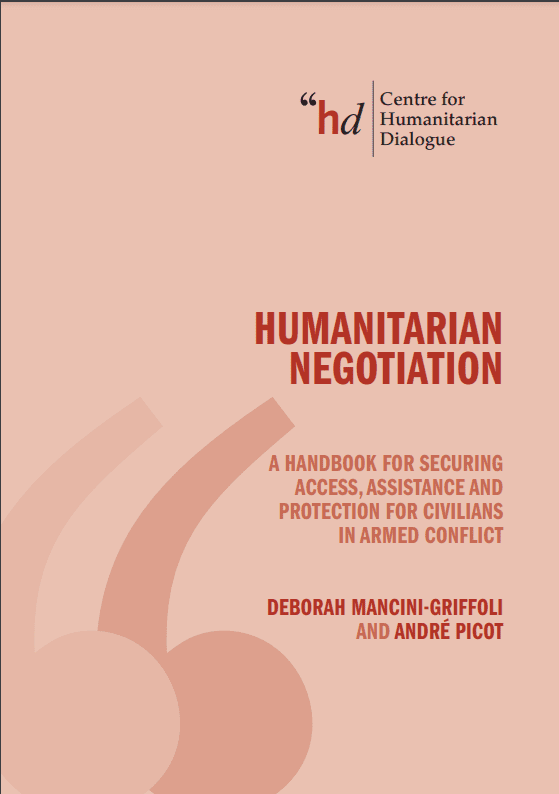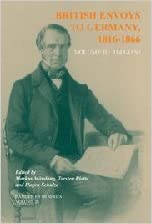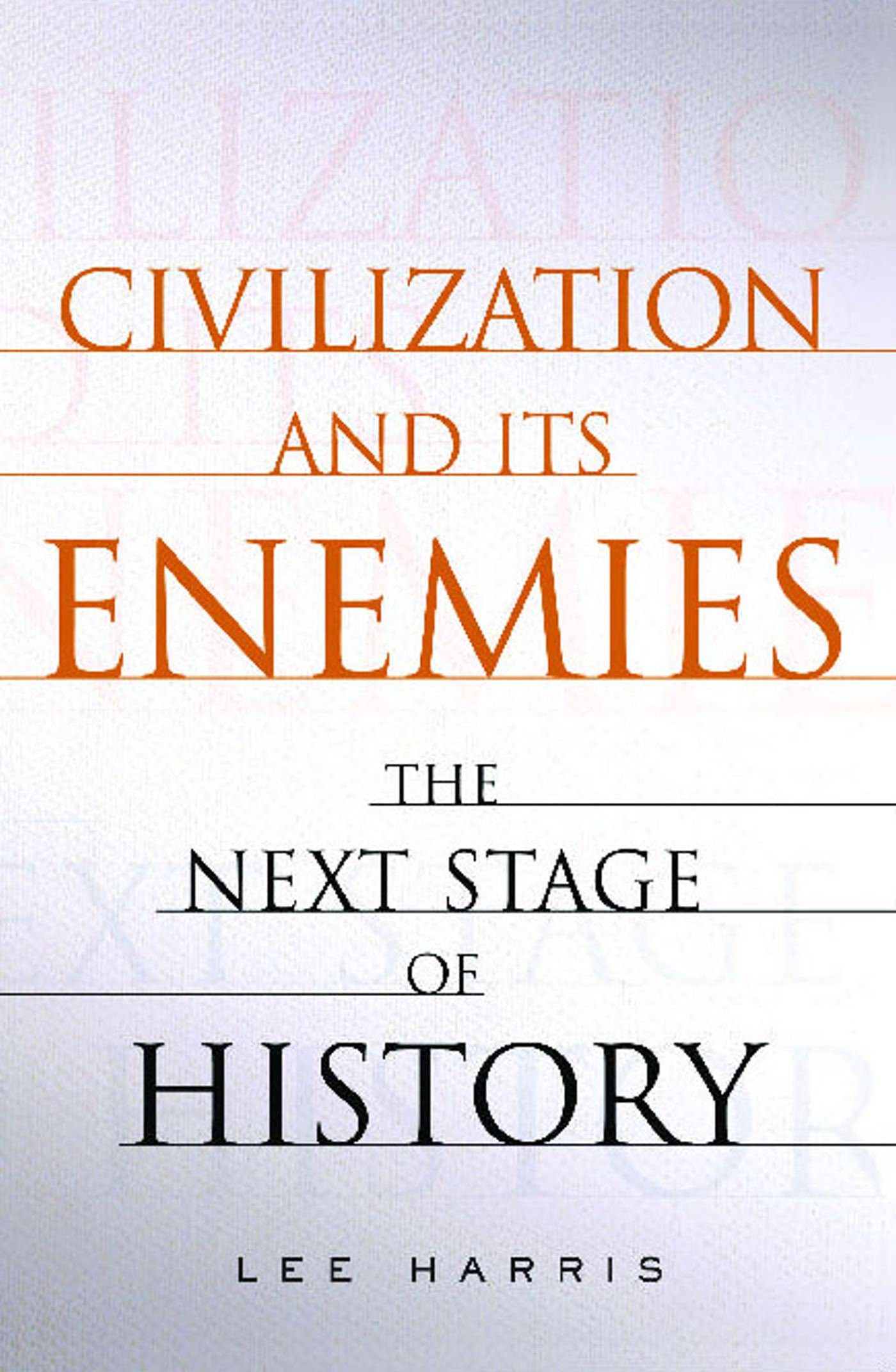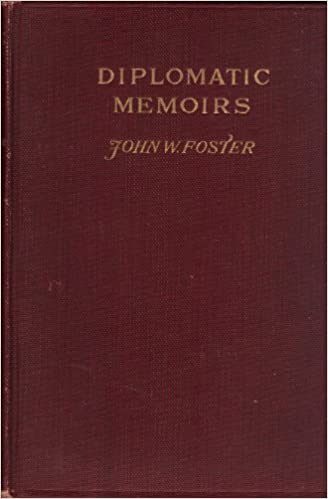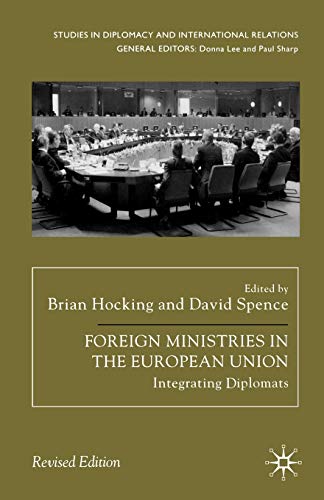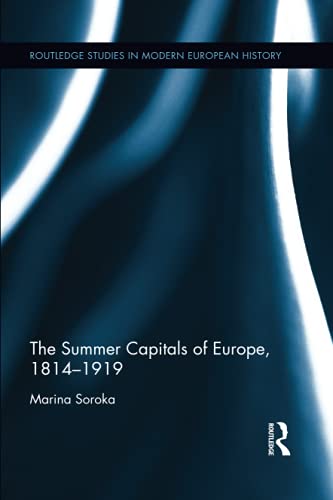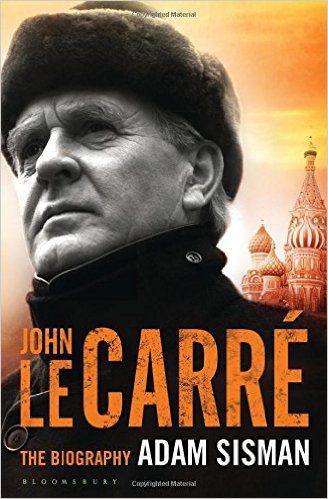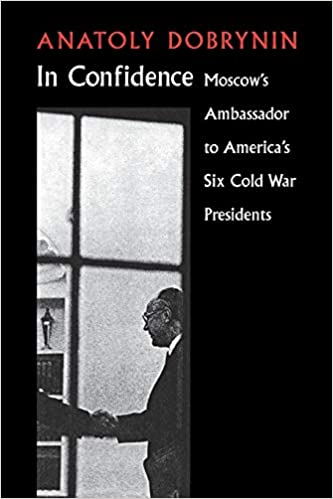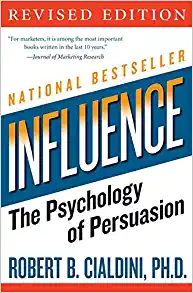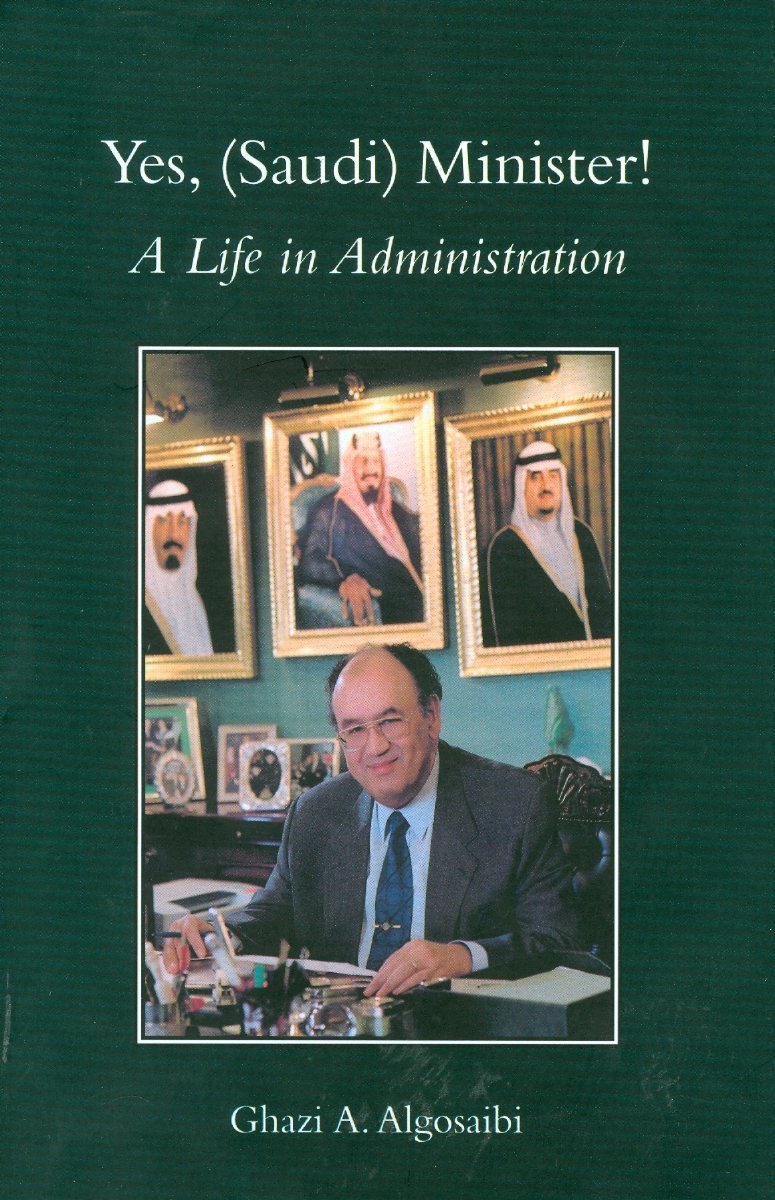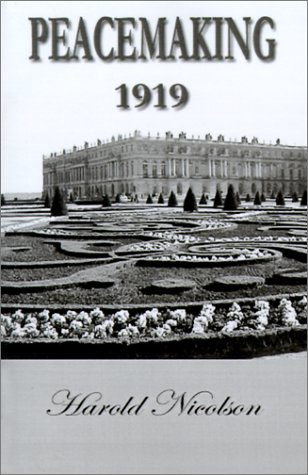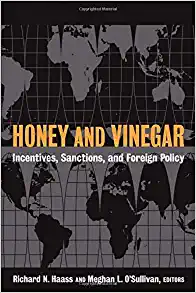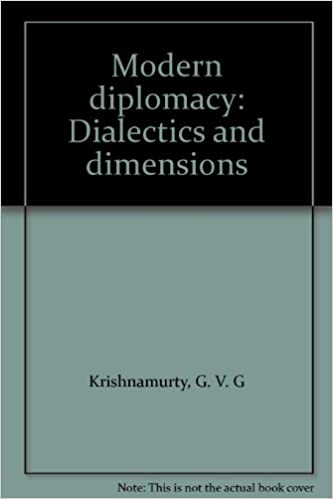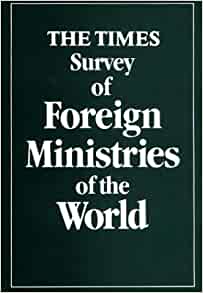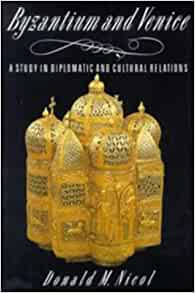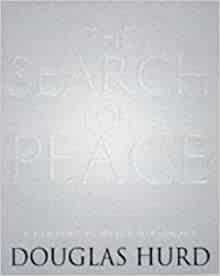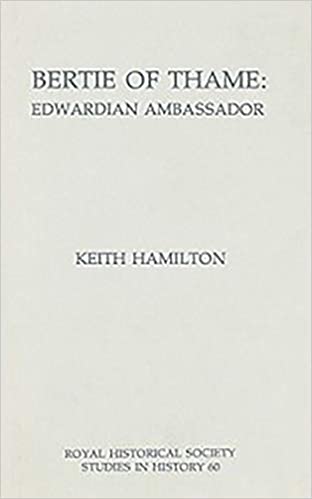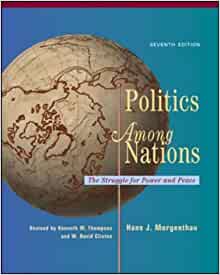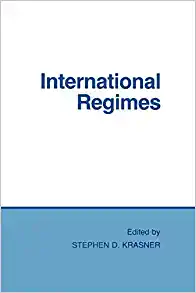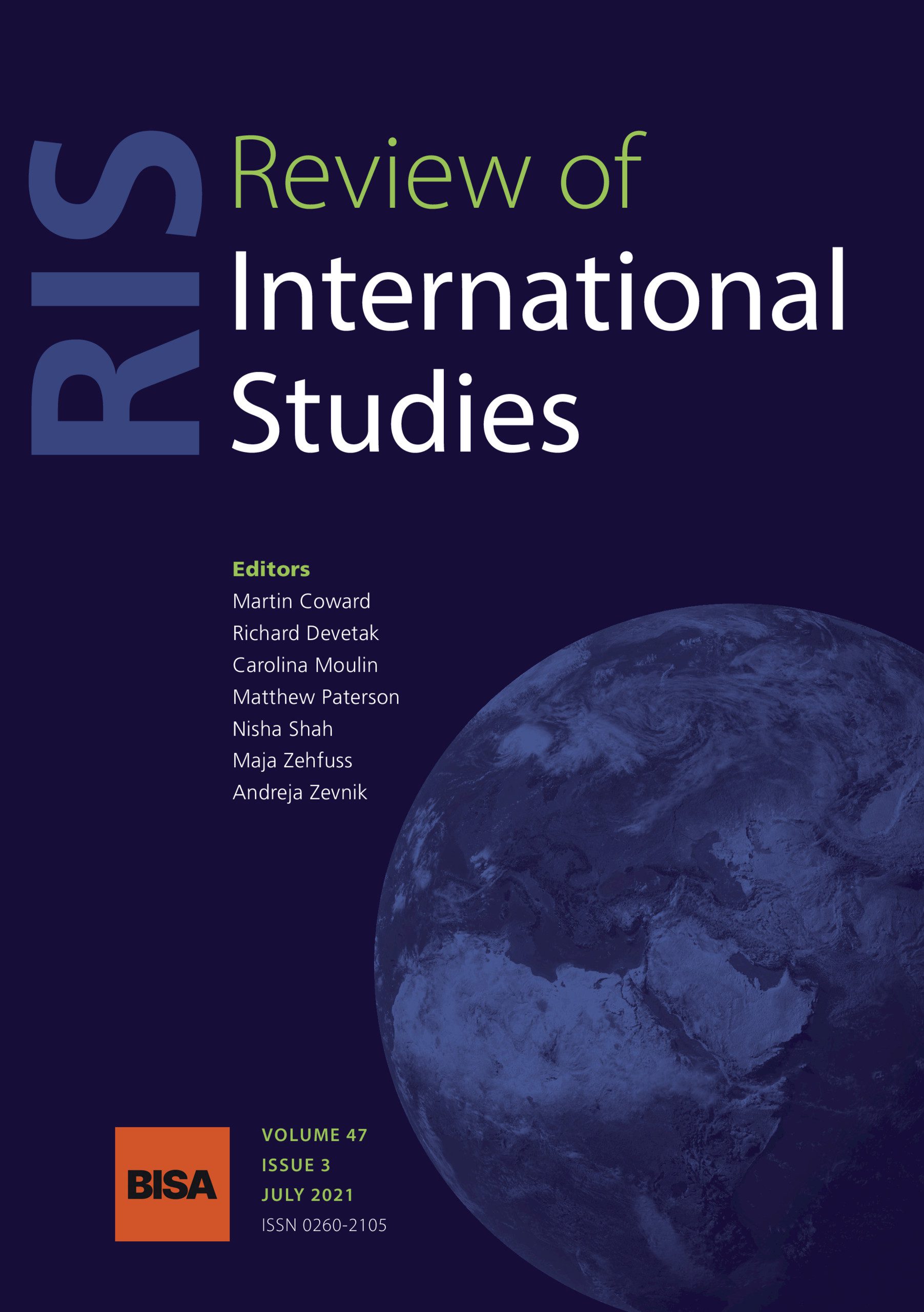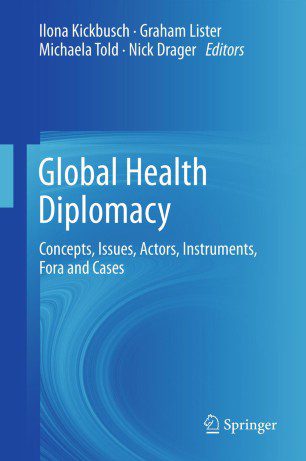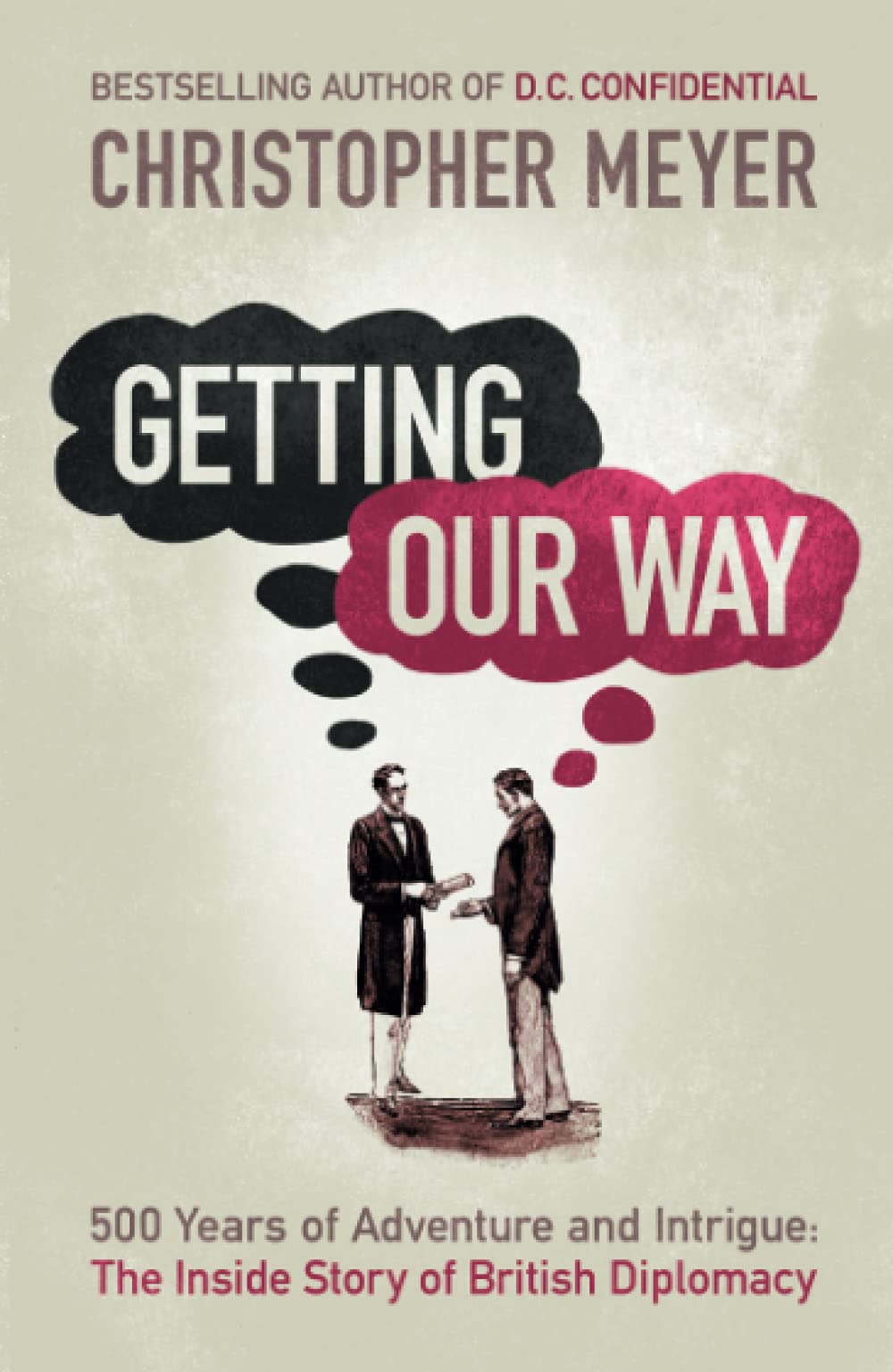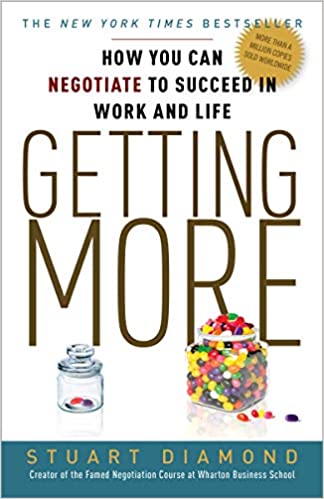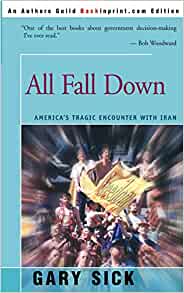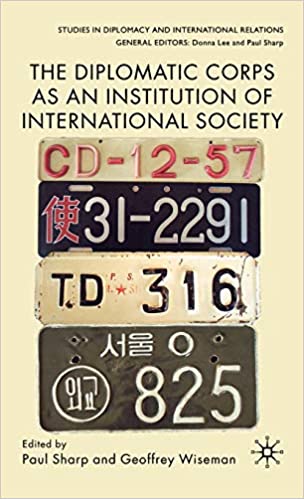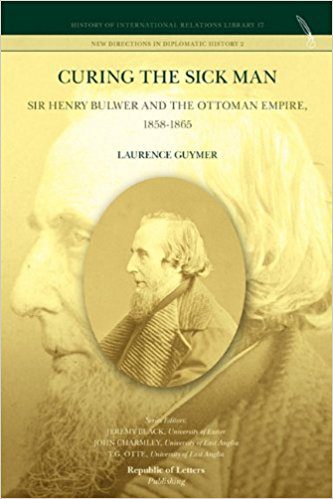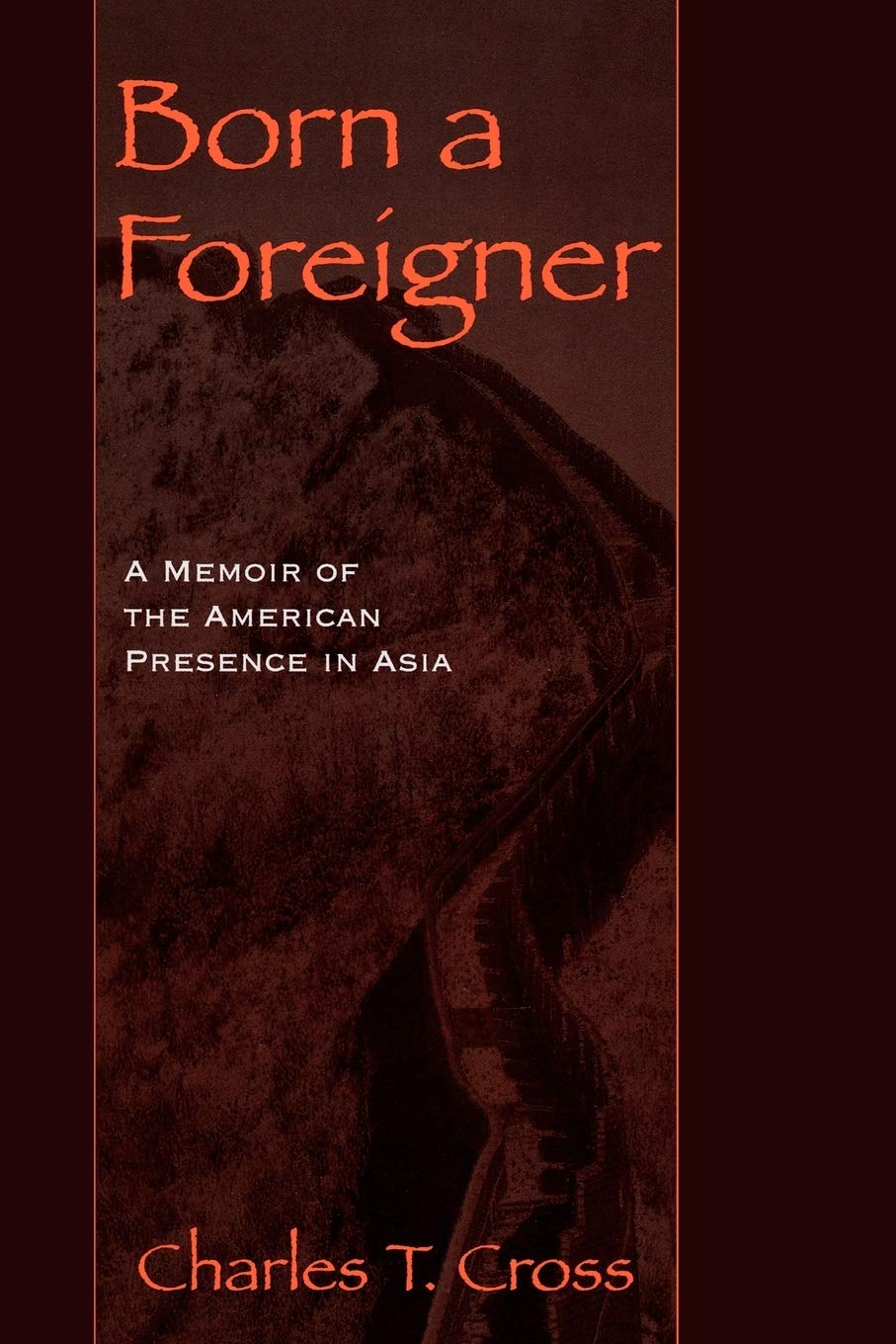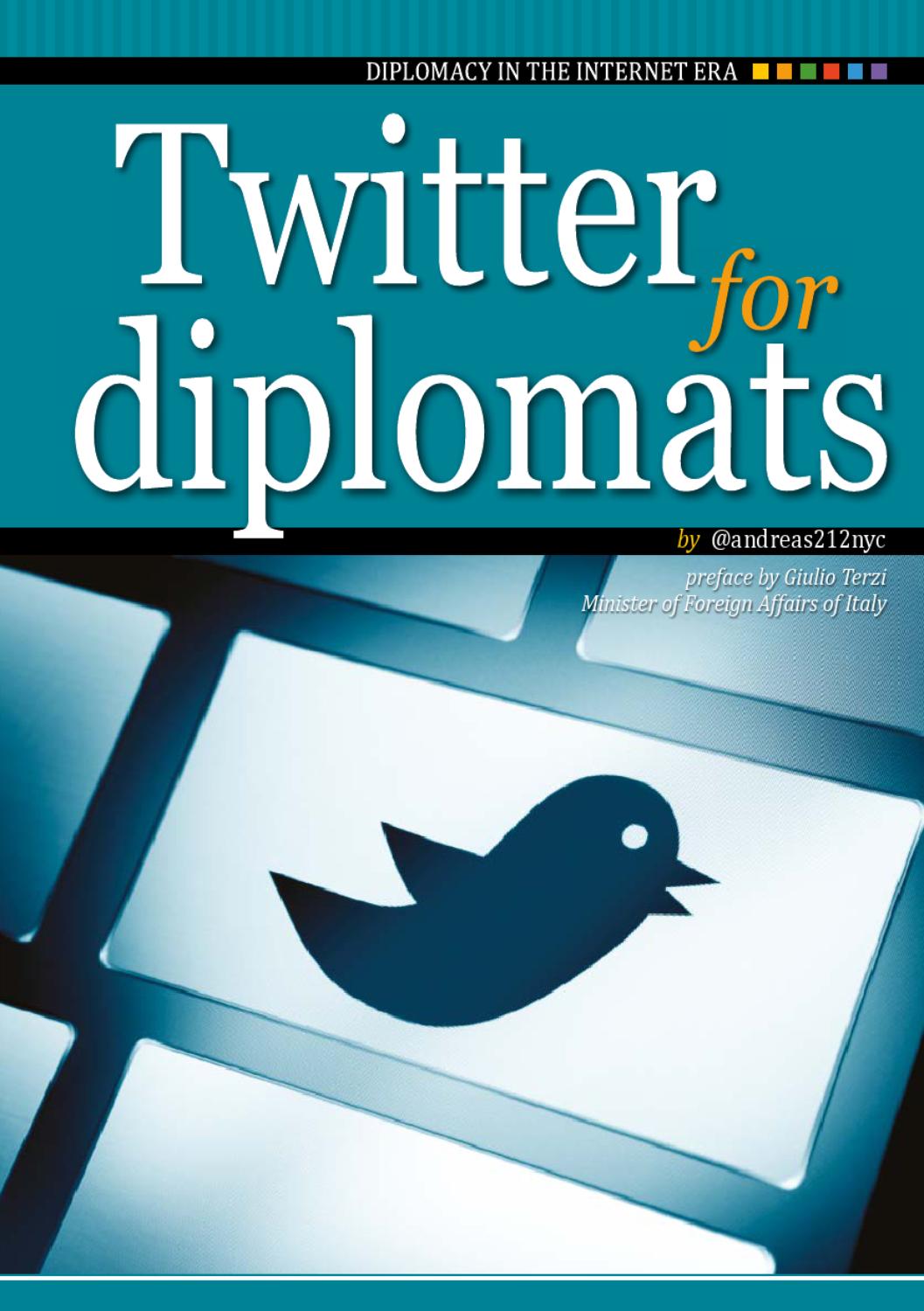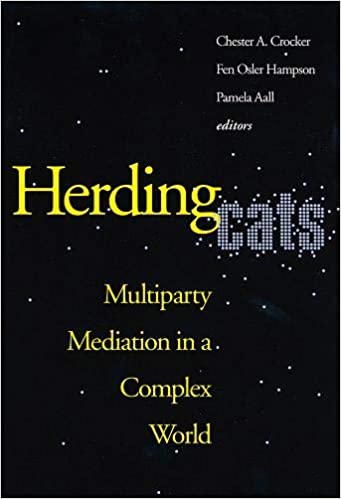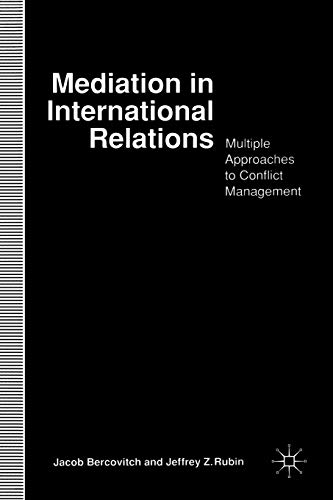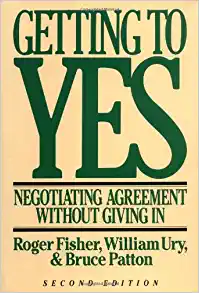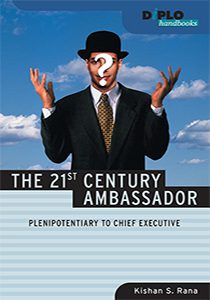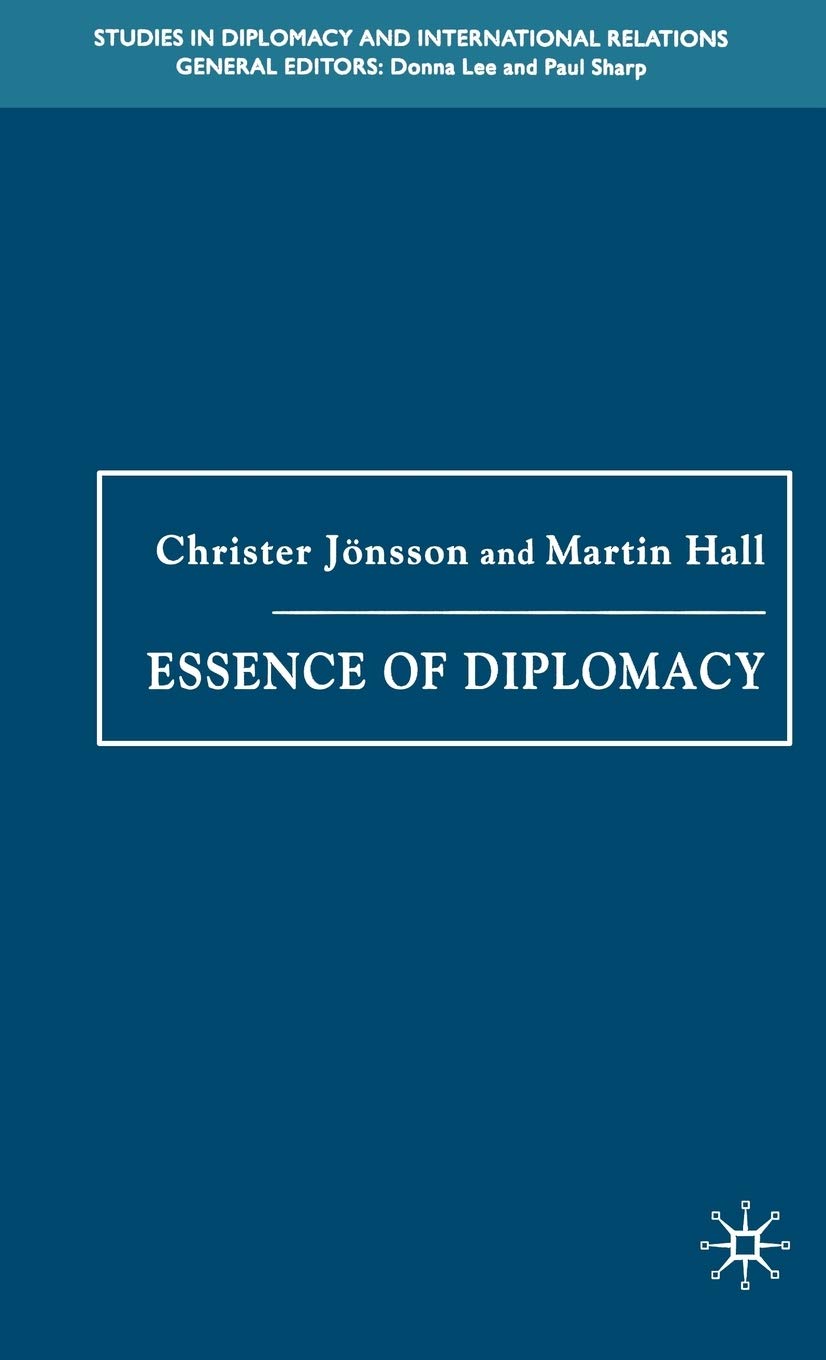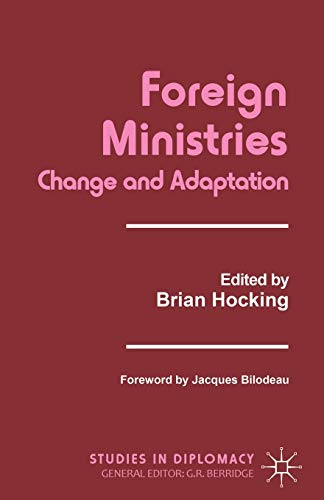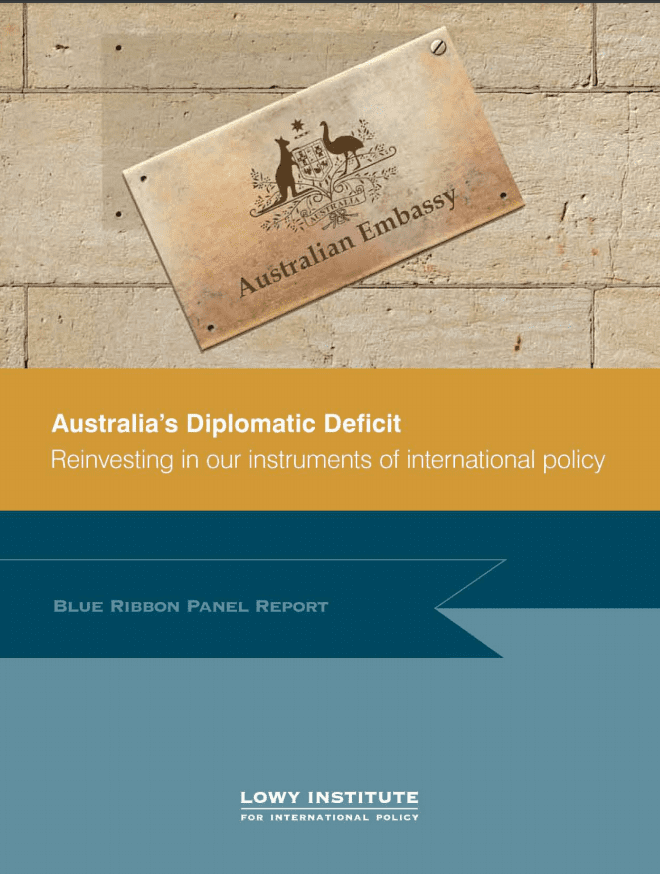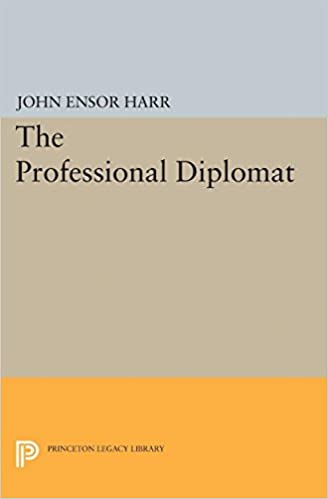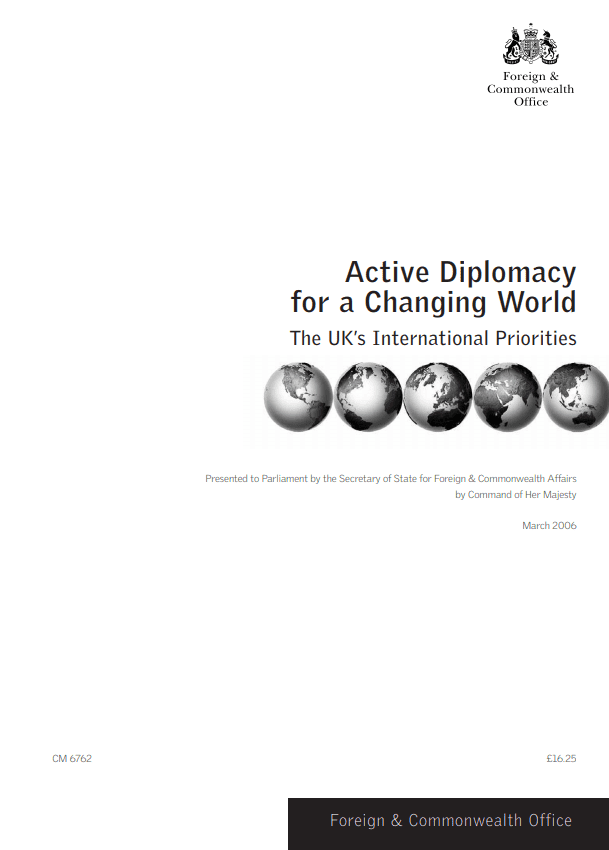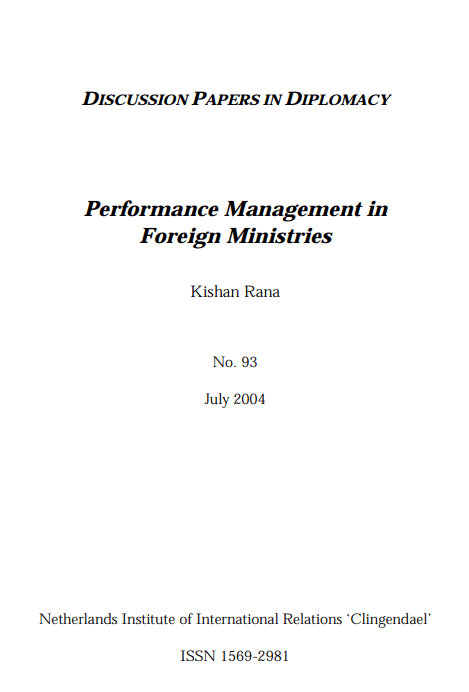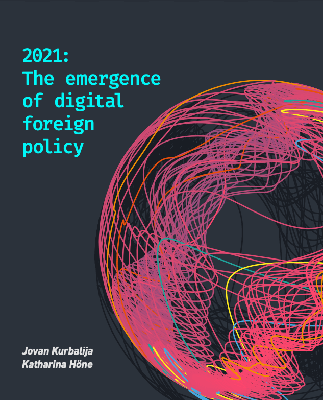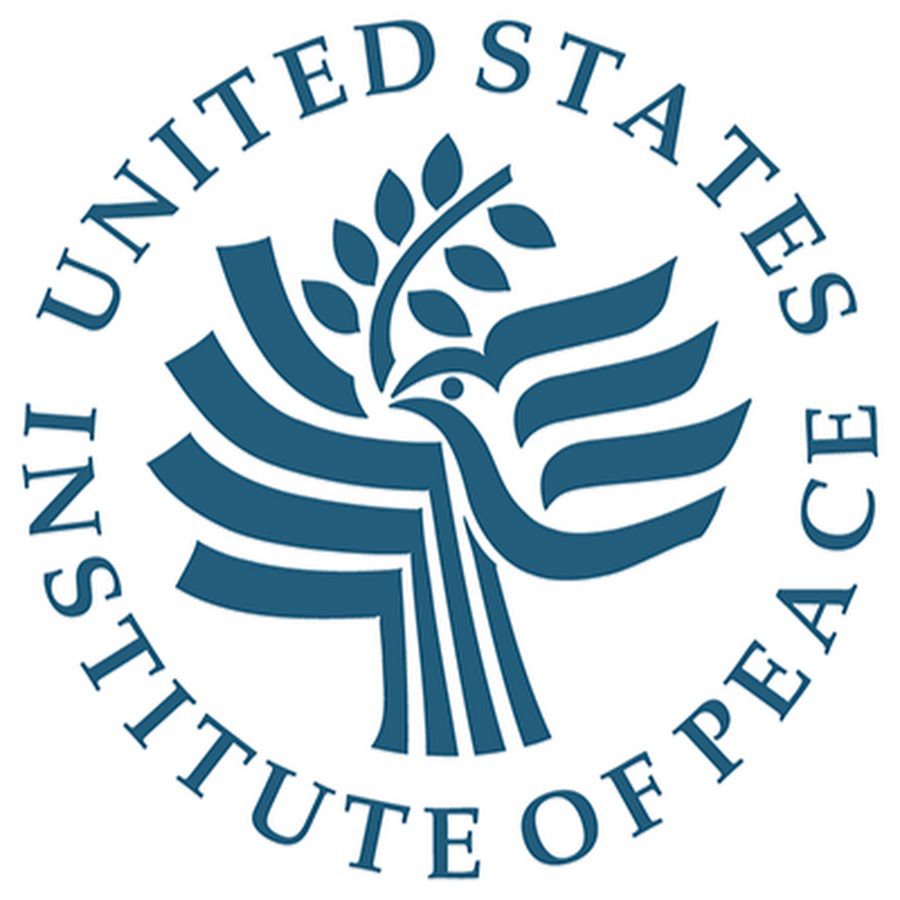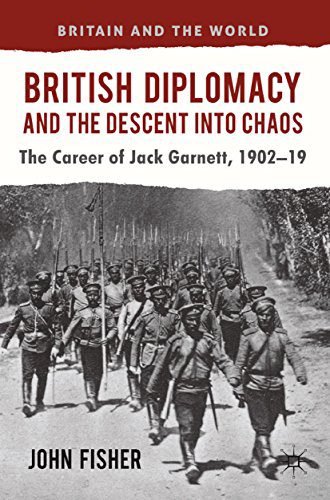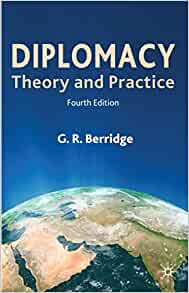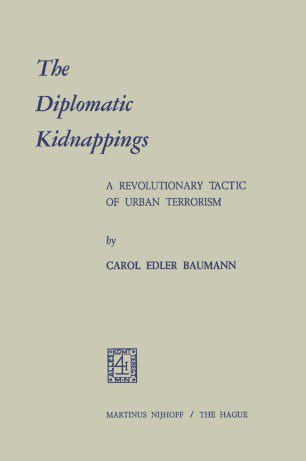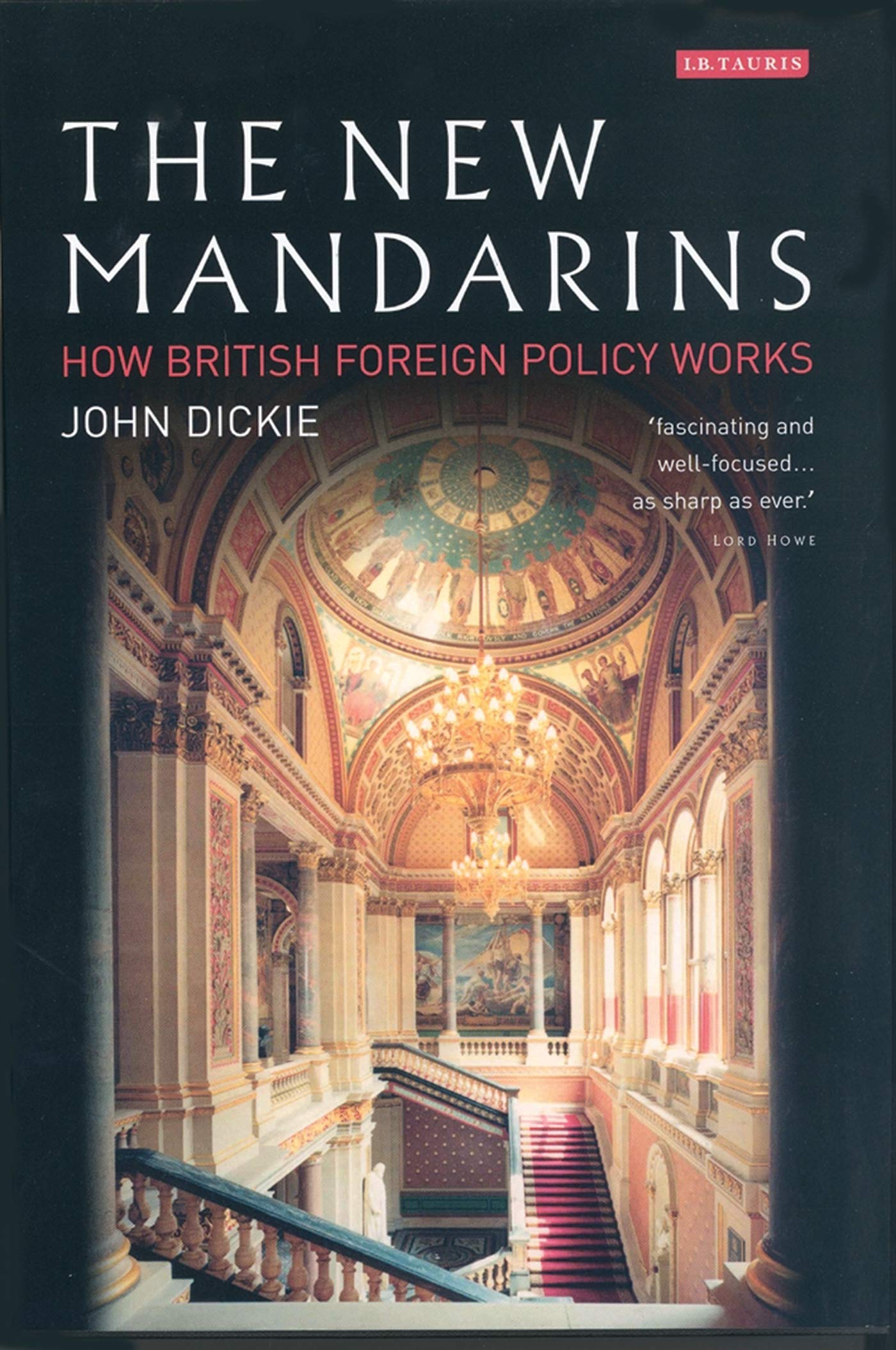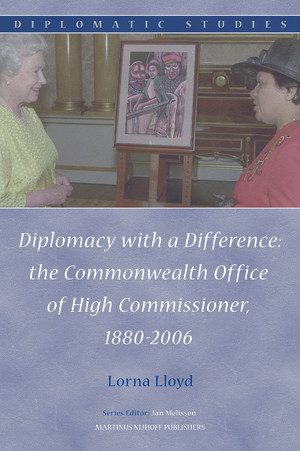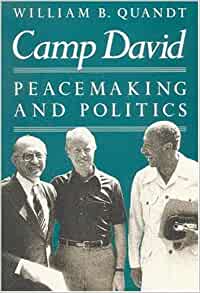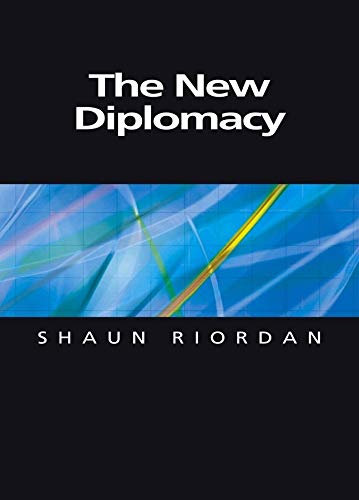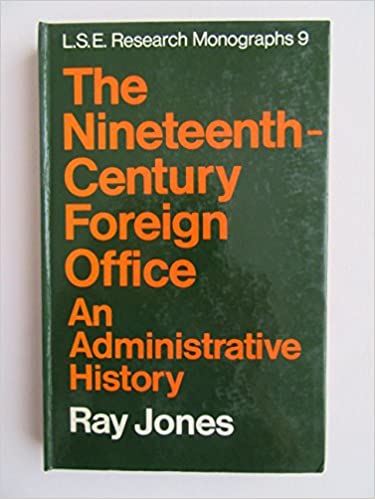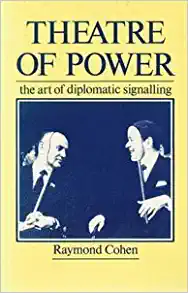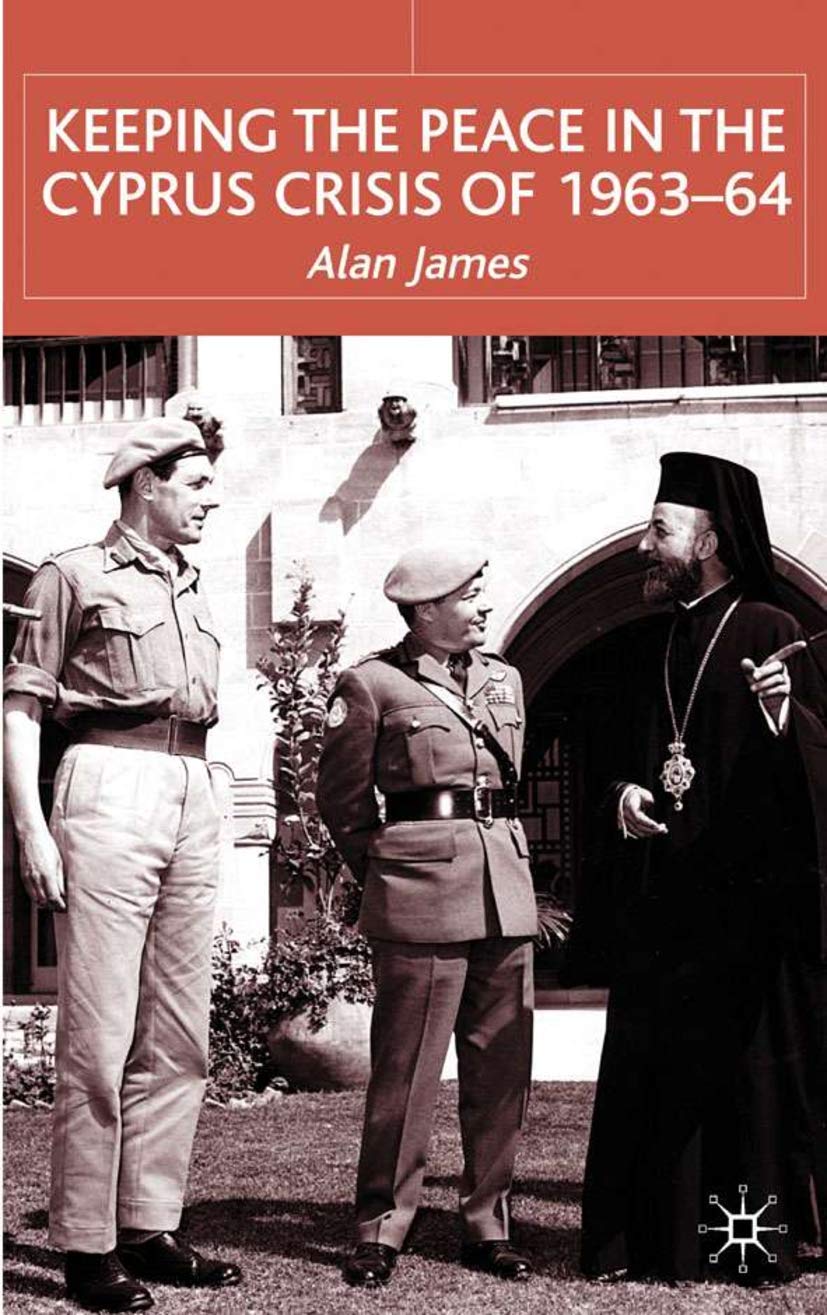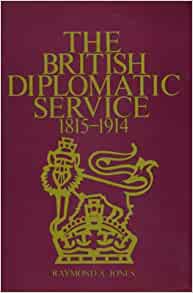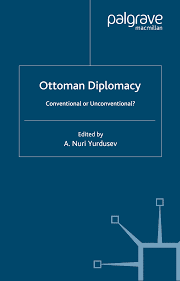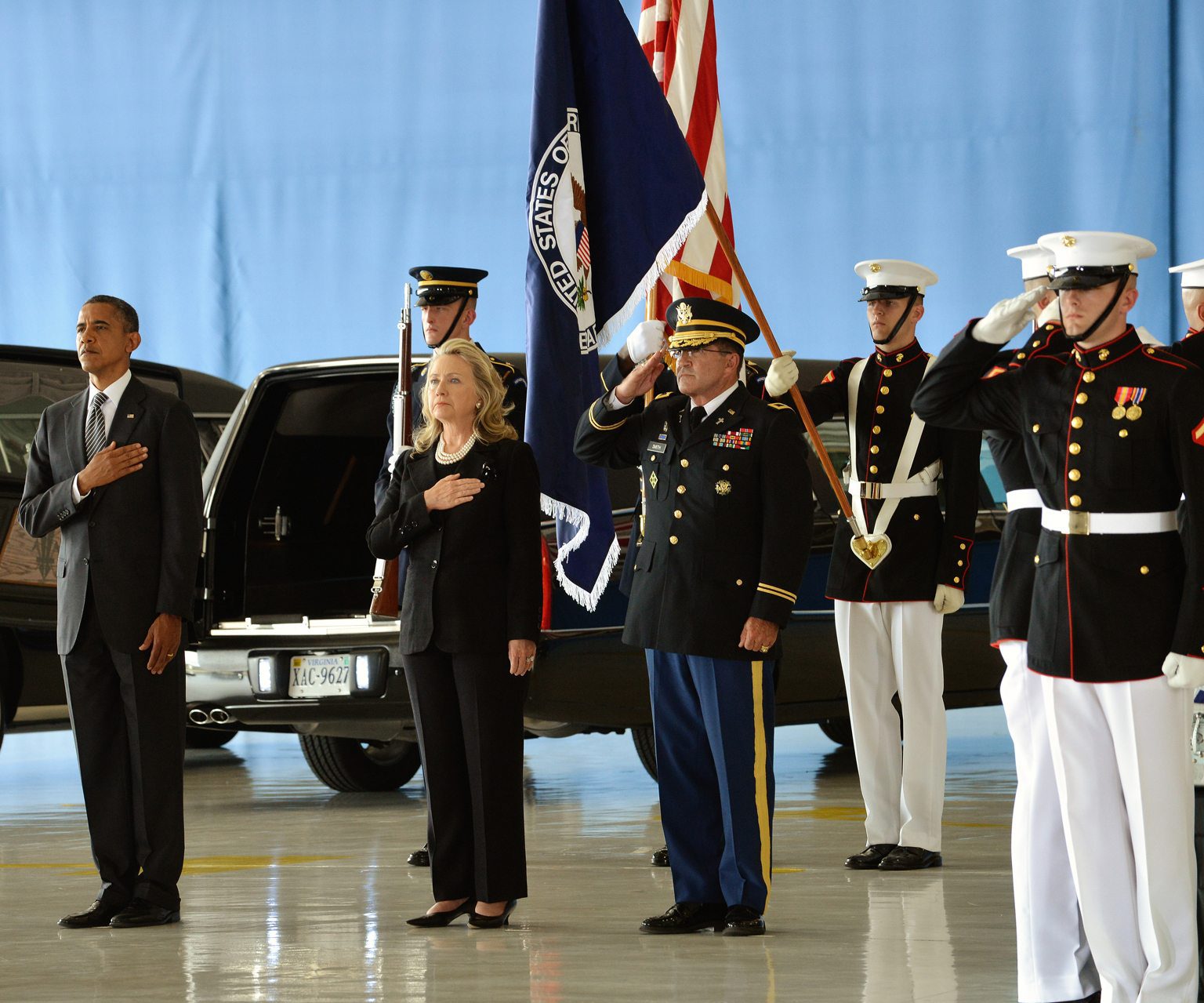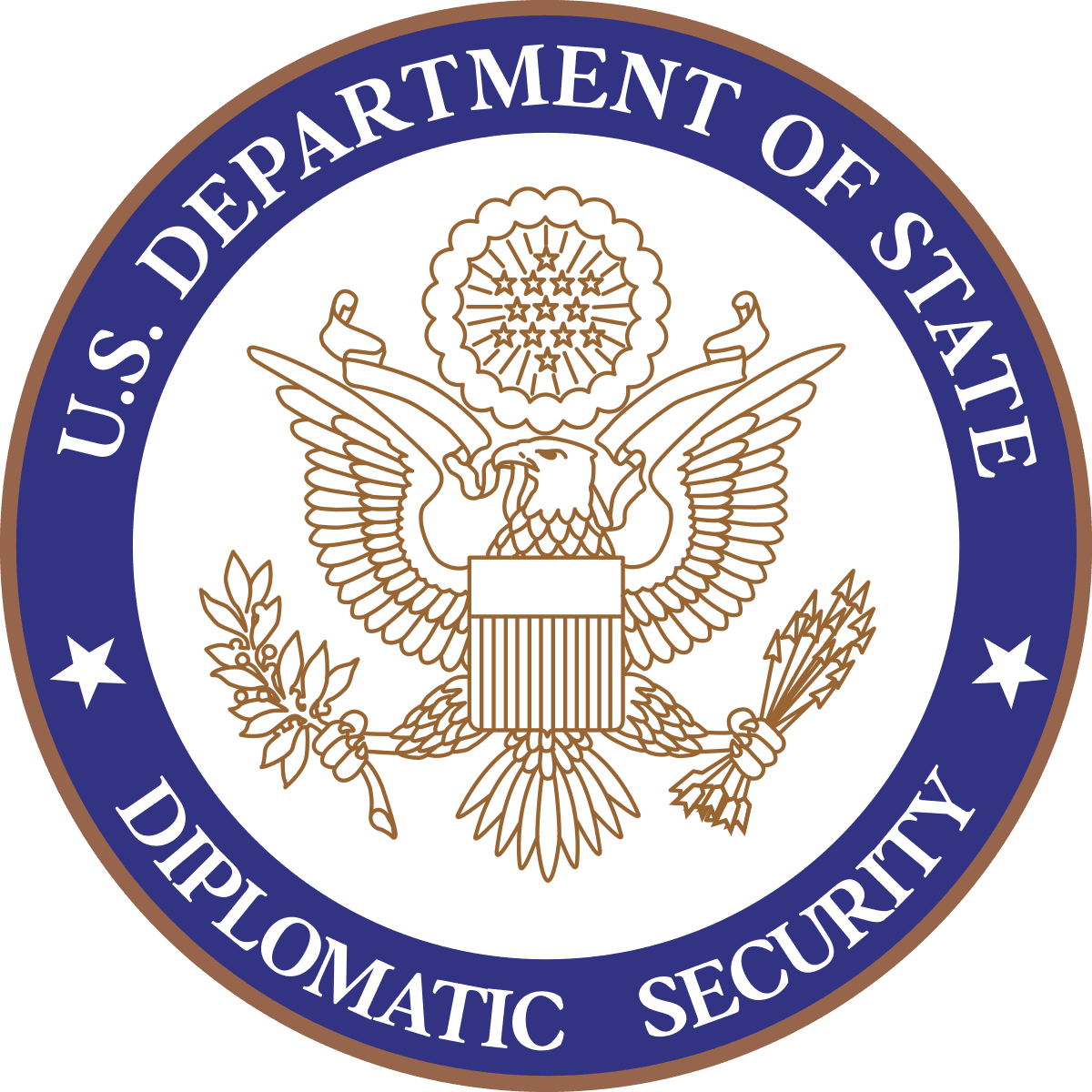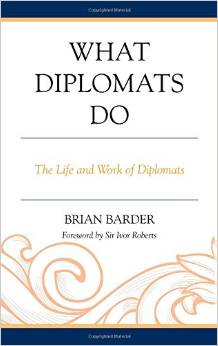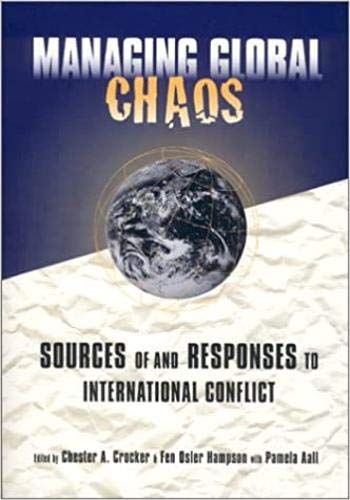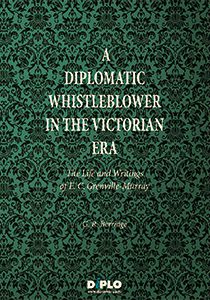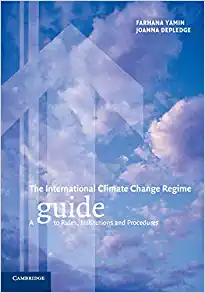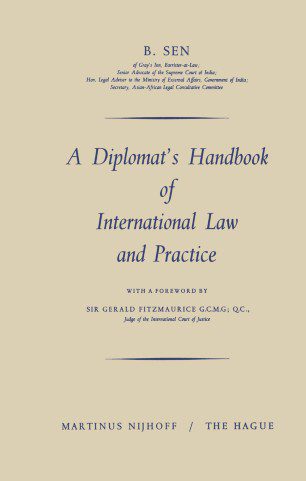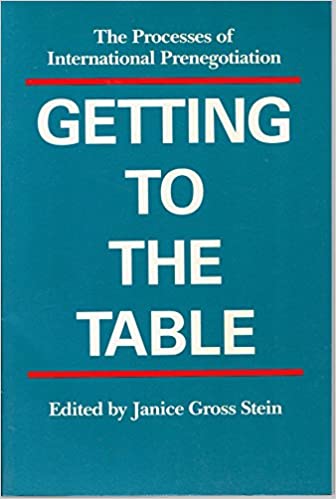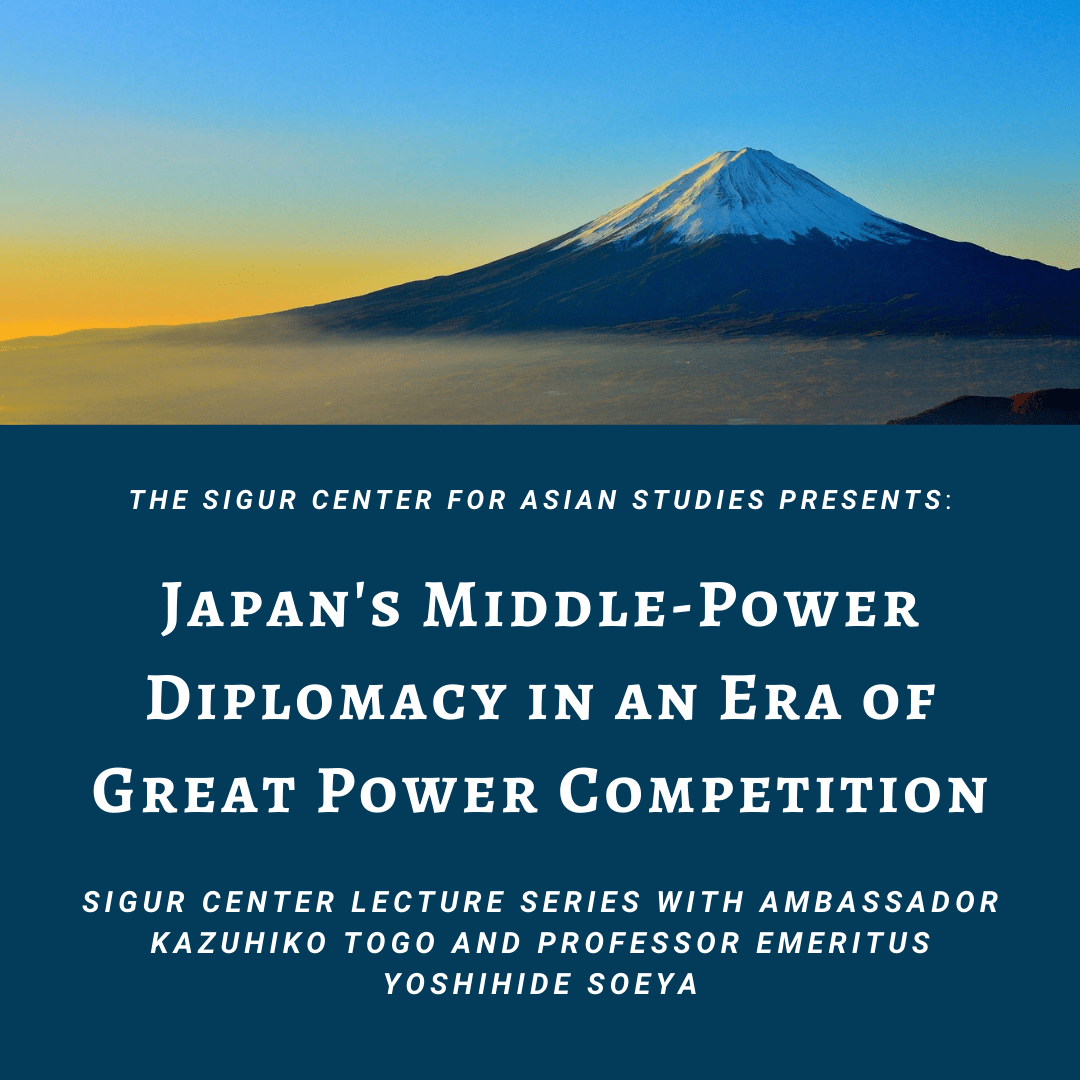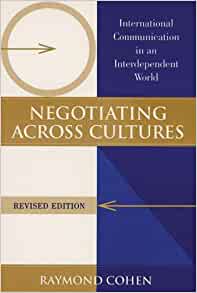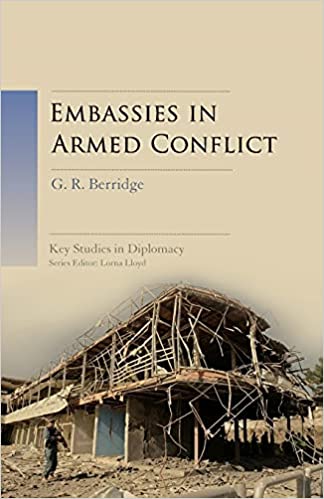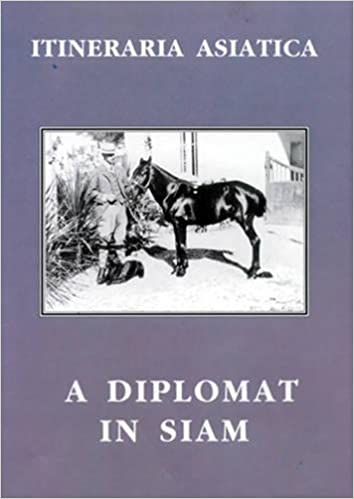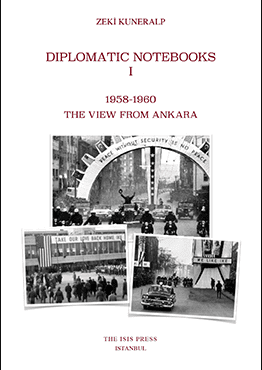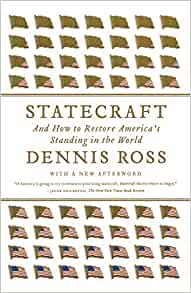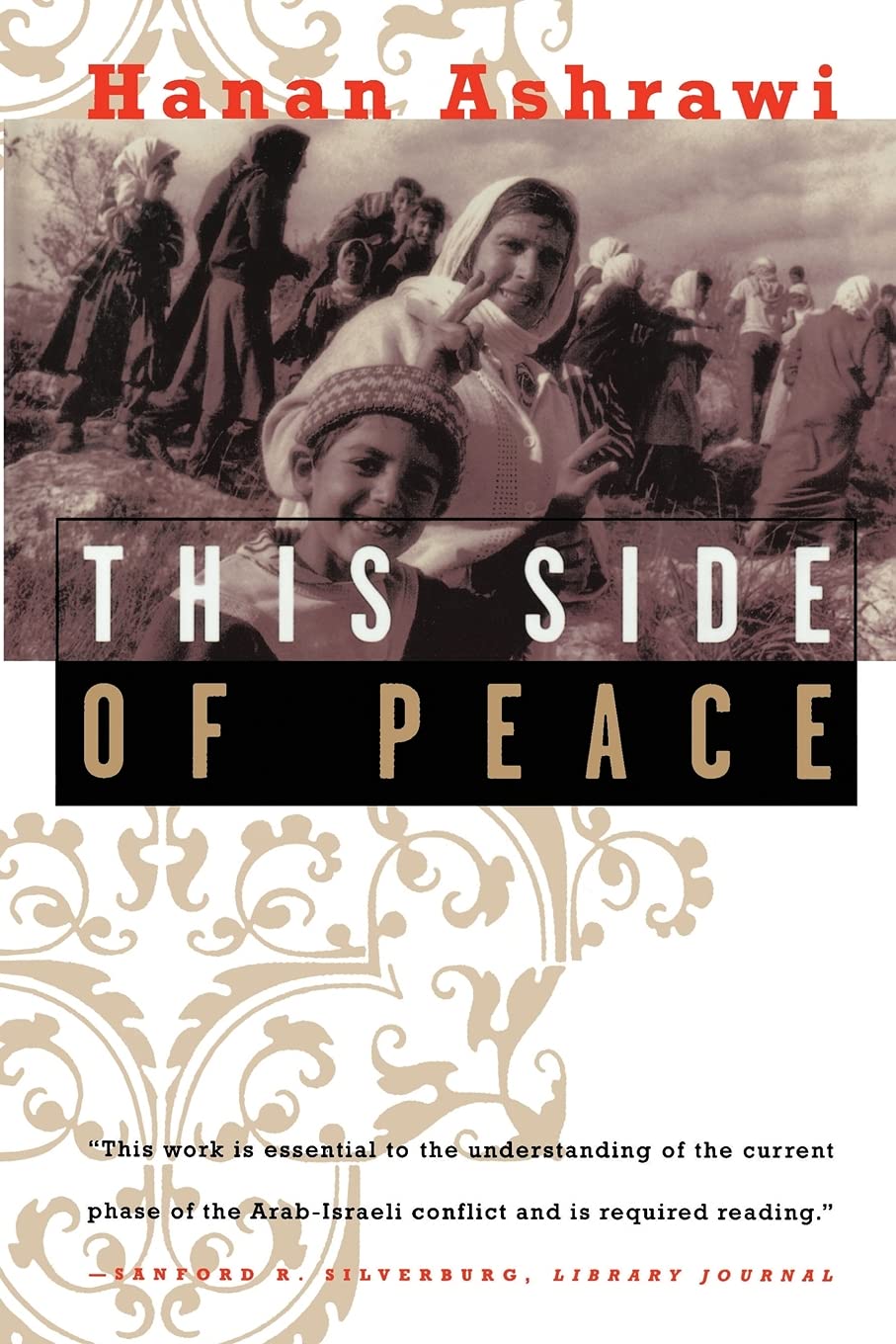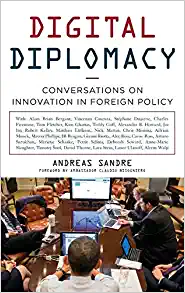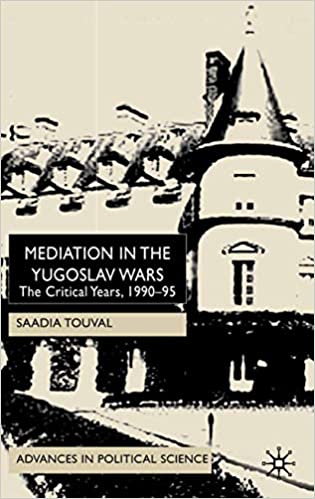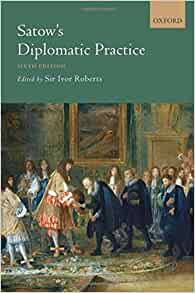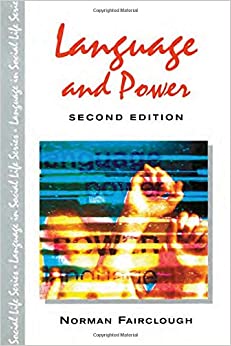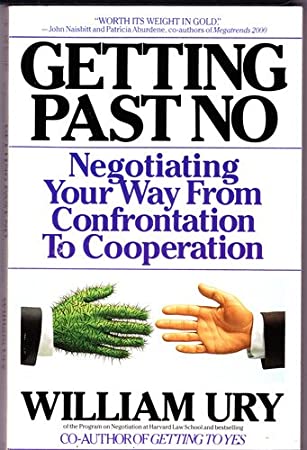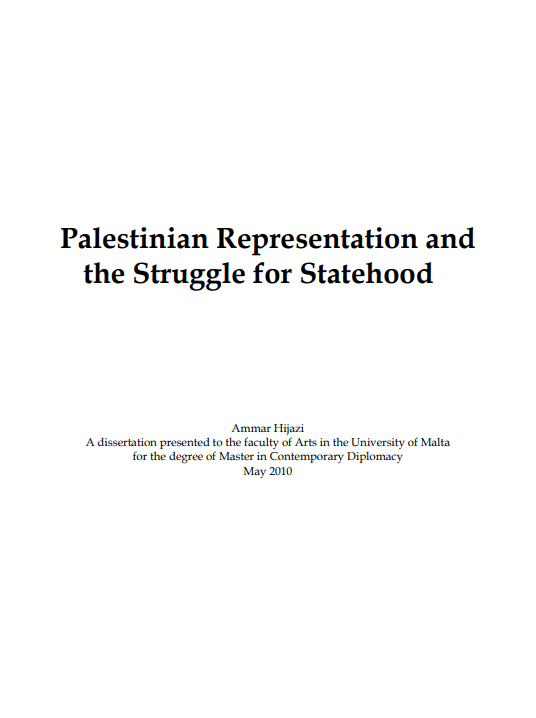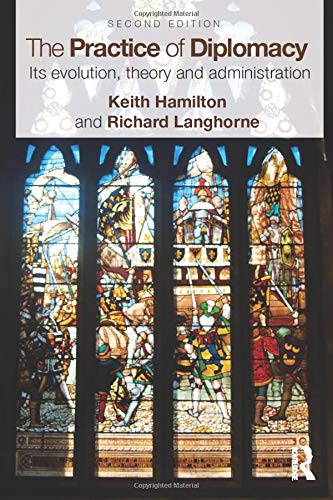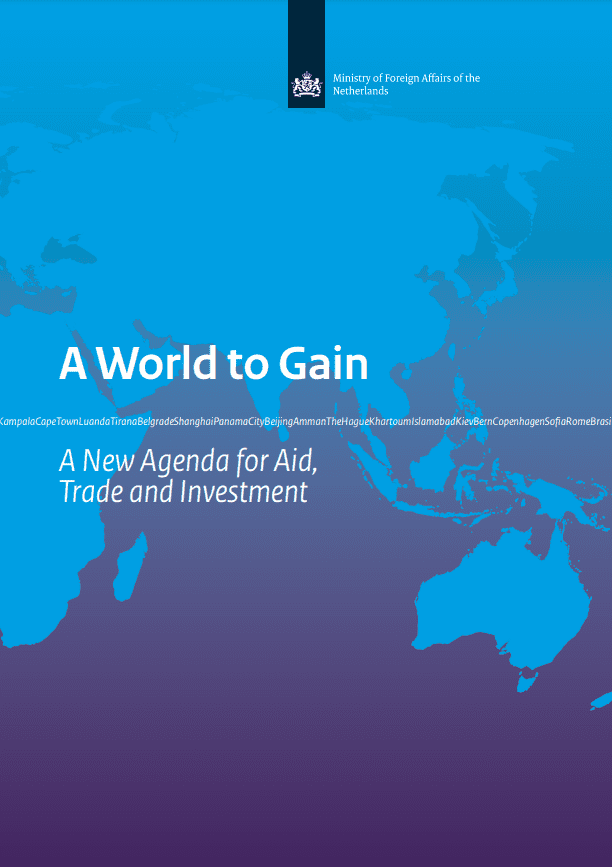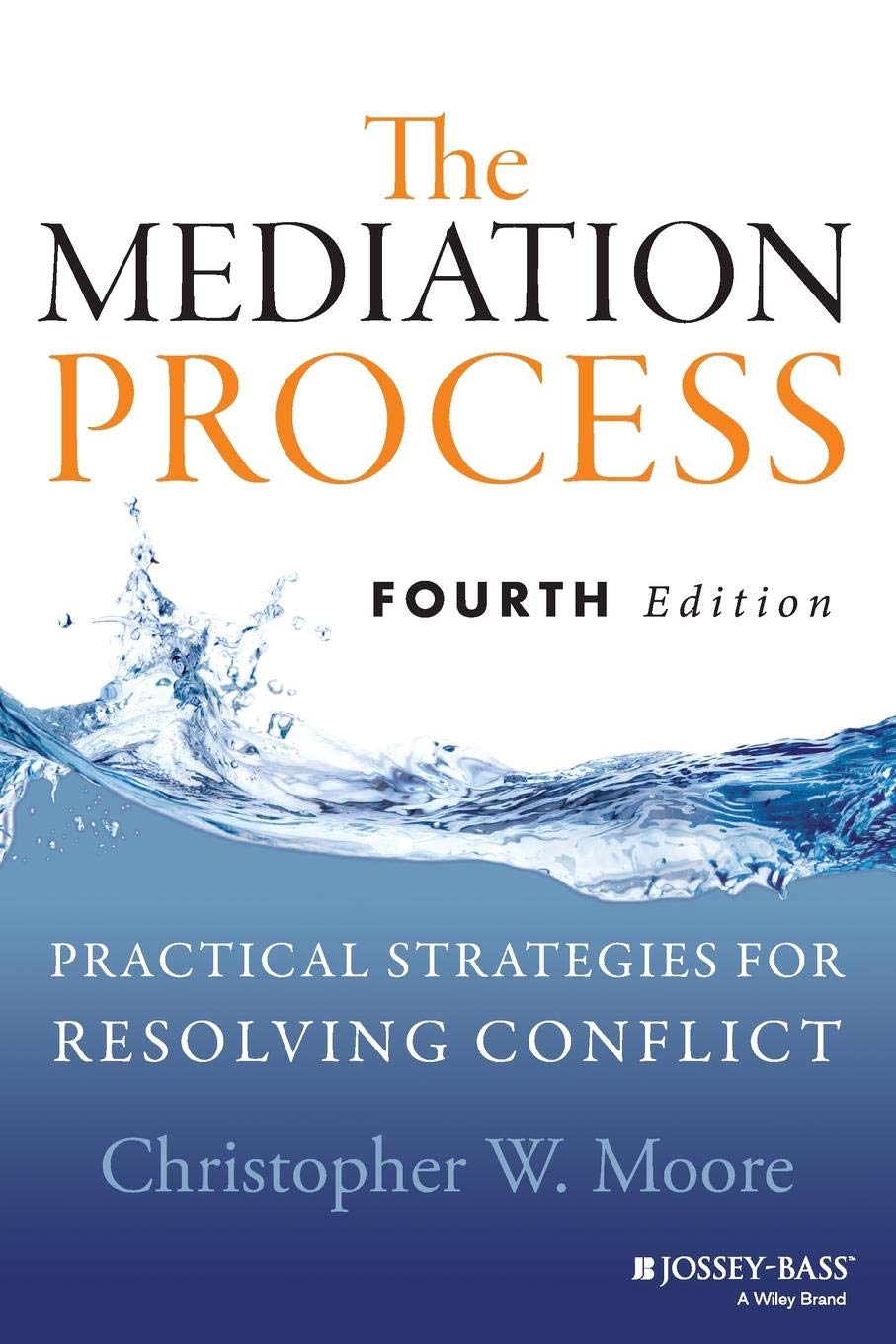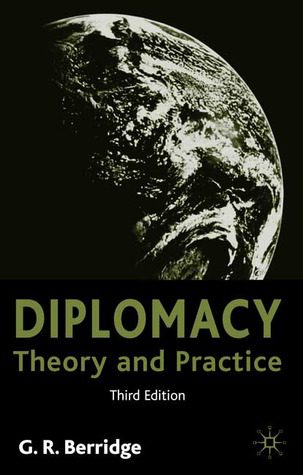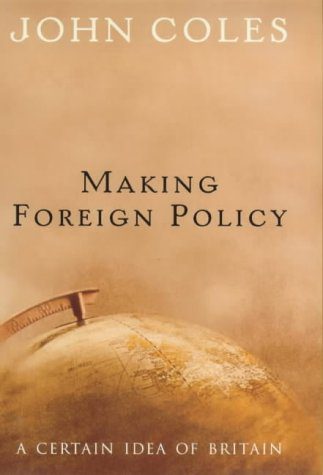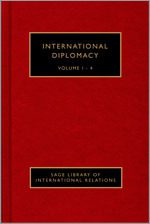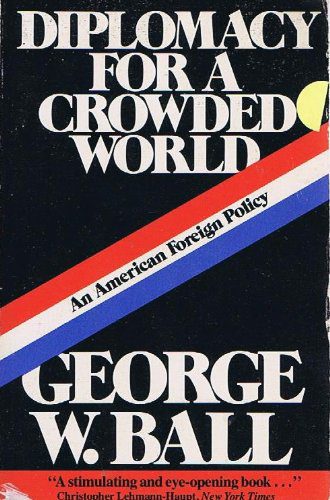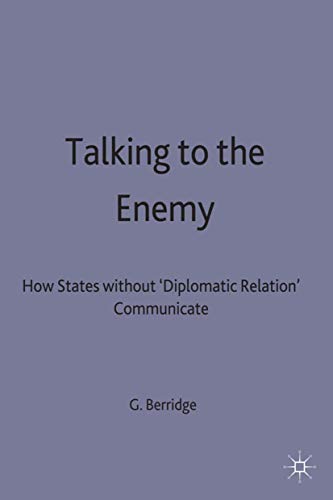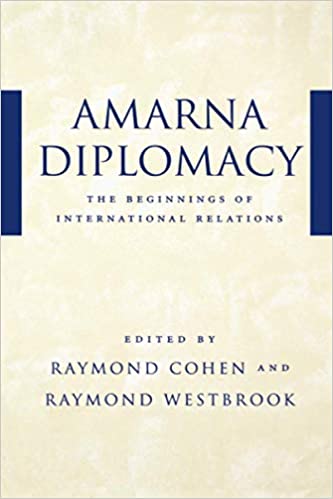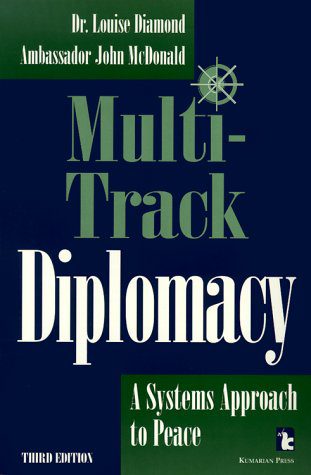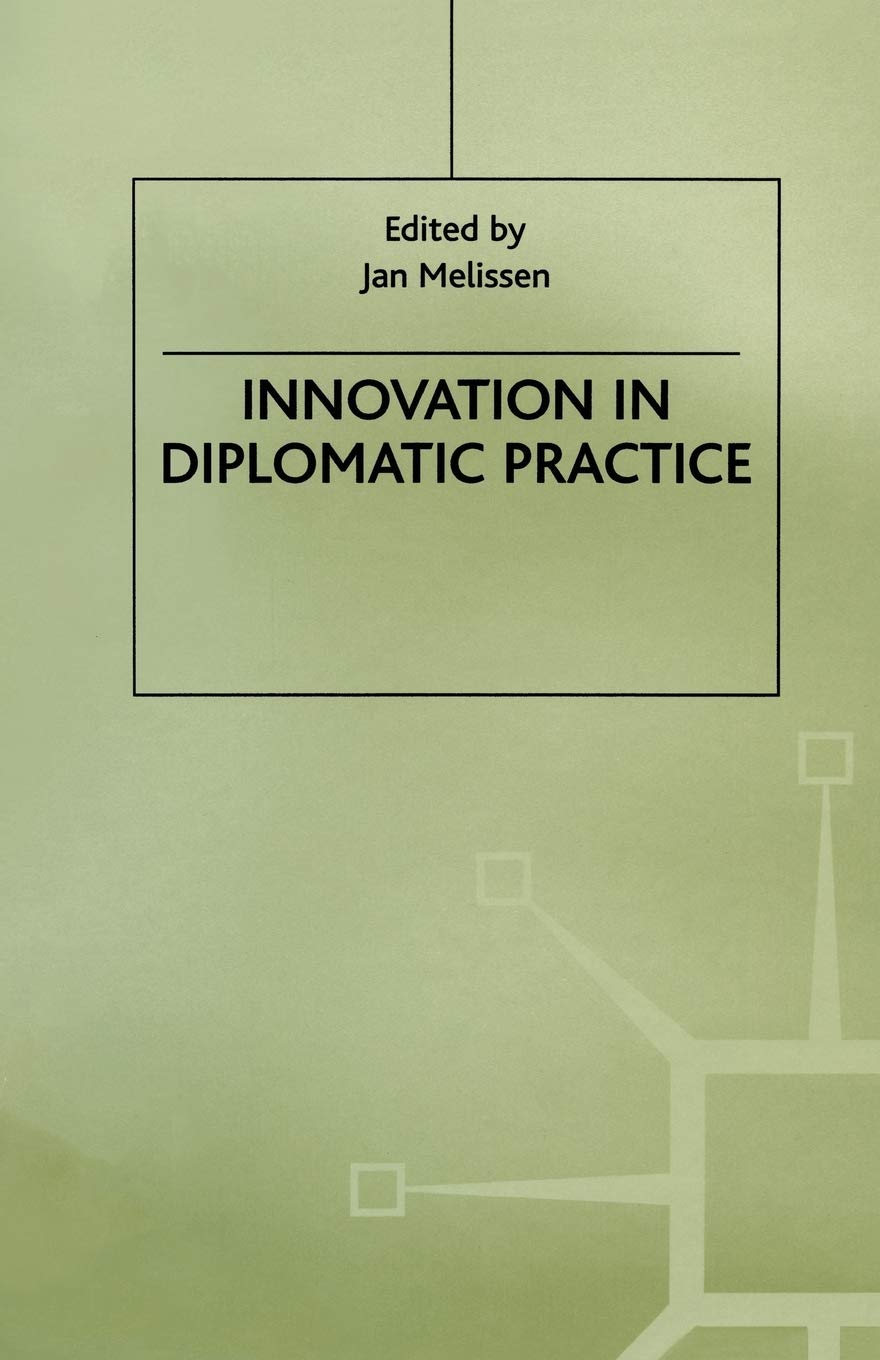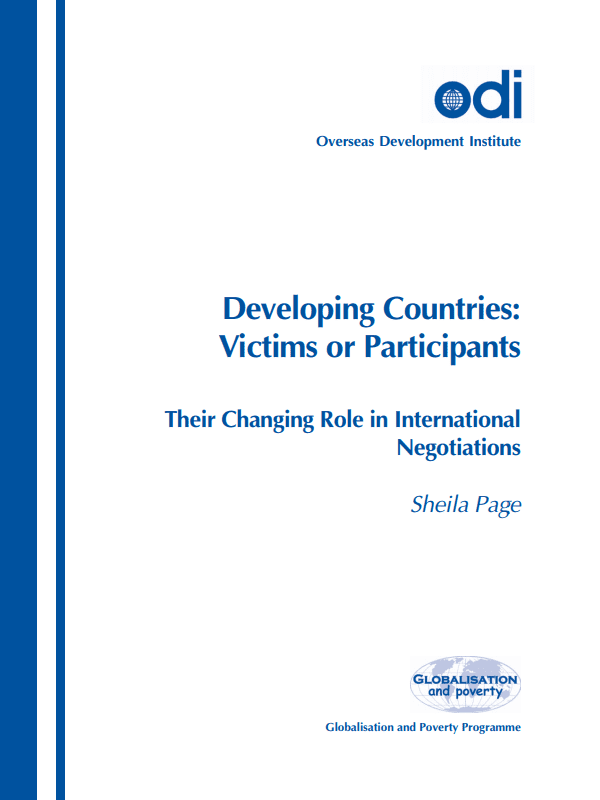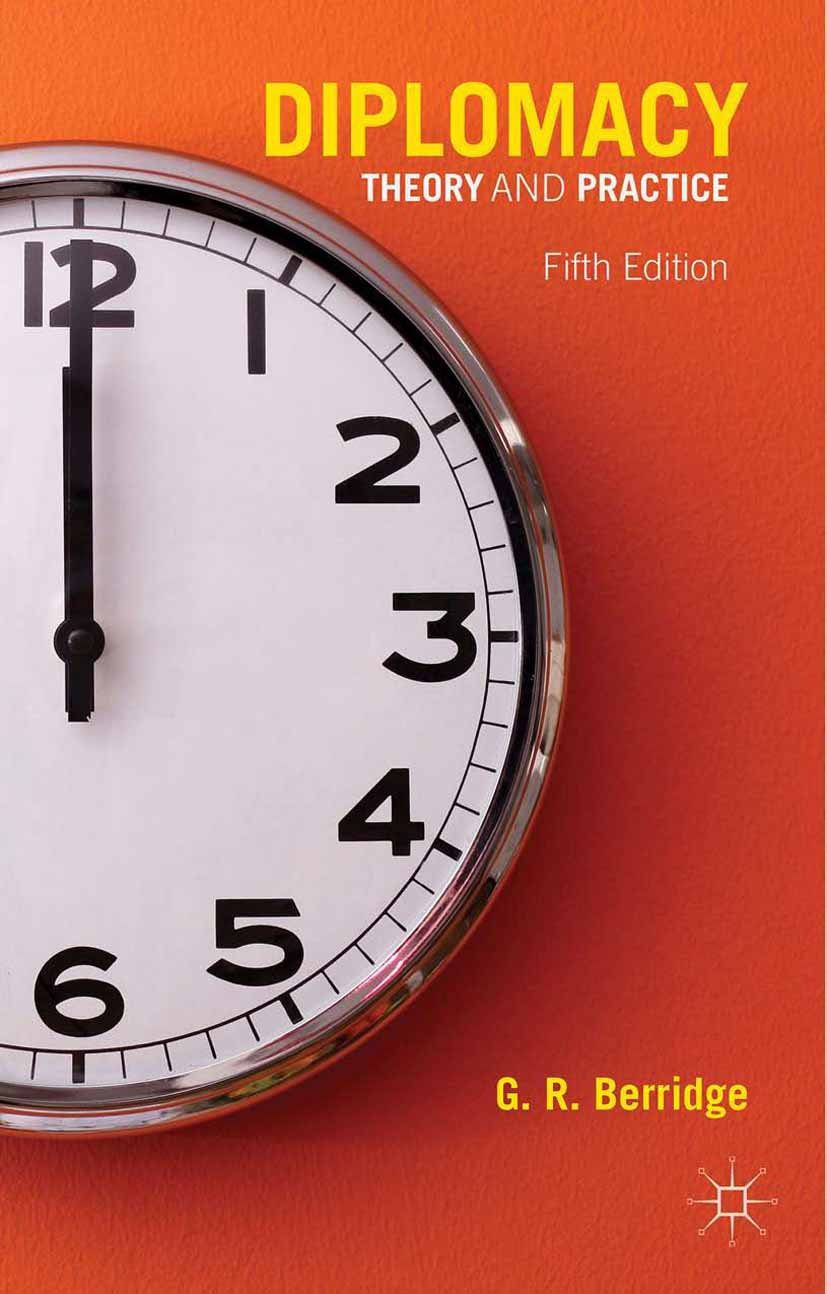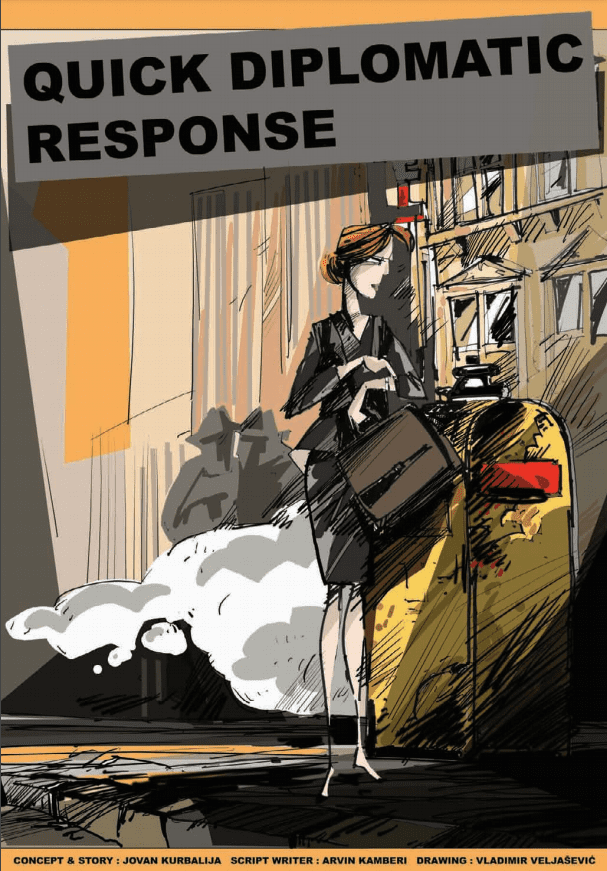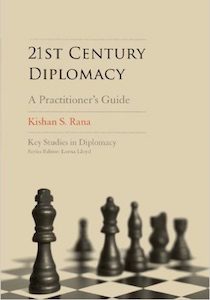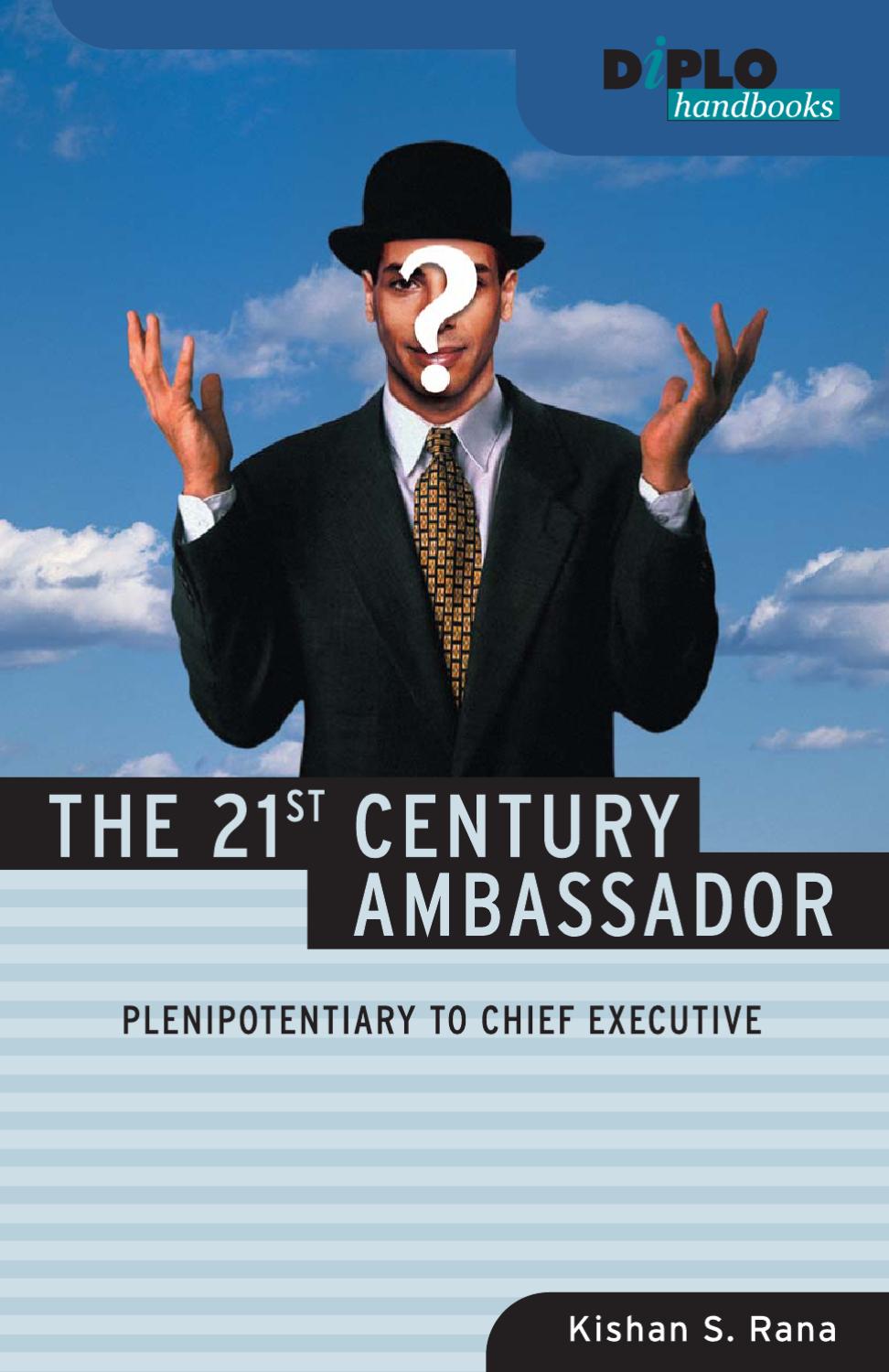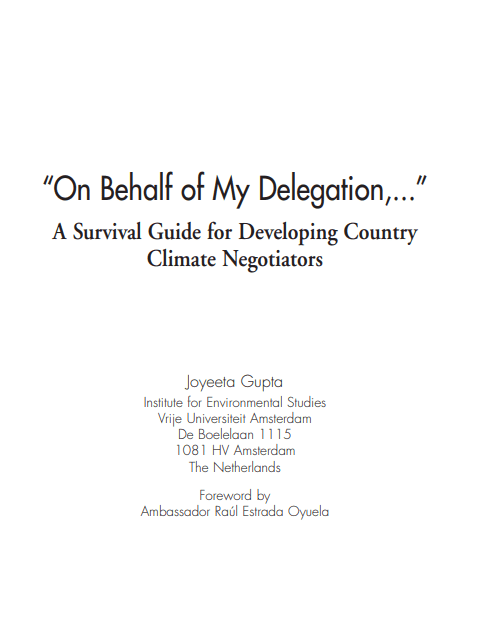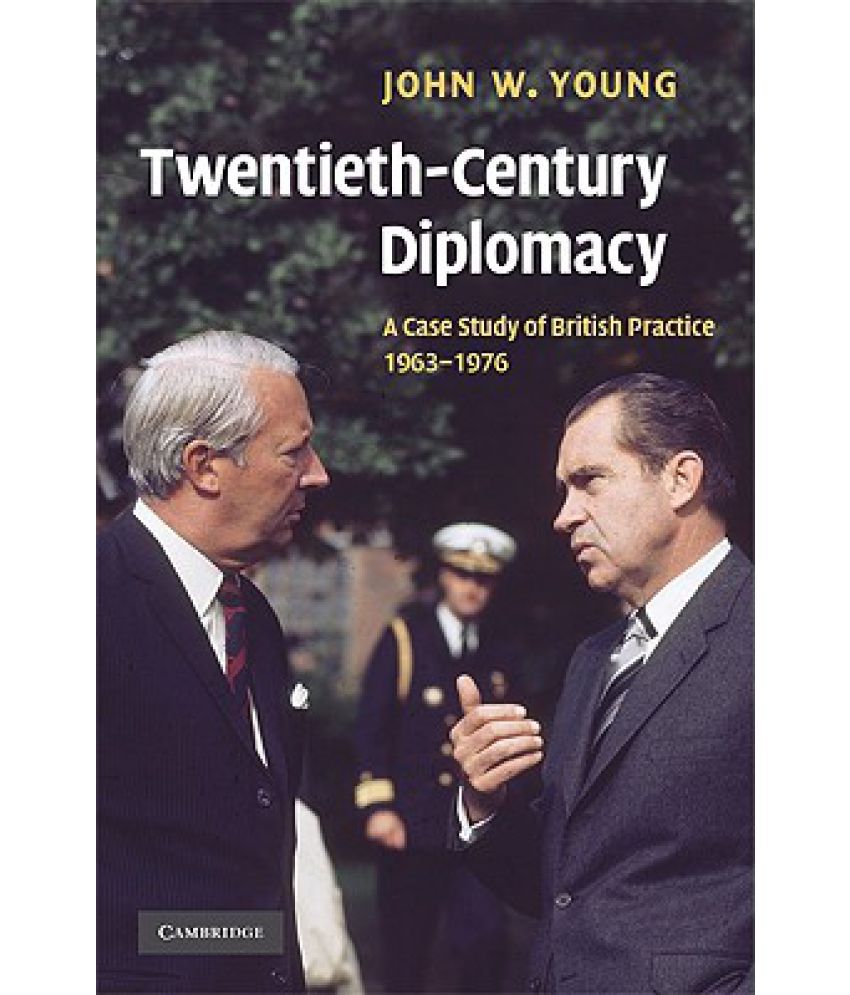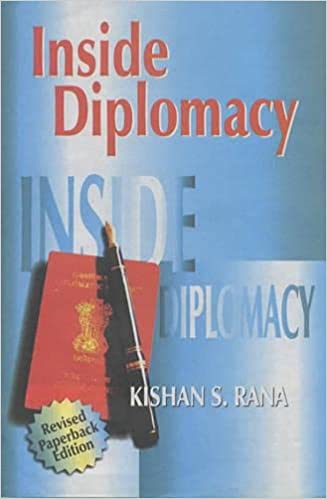Framing an argument[1]
The way in which we frame an issue largely determines how that issue will be understood and acted upon. This article considers the importance of framing in the exercise of persuasion and draws on Obama’s Nobel speech of December 2010 in order to illustrate the devices under discussion.[2] This speech can be seen as epitomising the exercise of framing, given the implausible task of using a peace prize as a venue in which to advocate war.
Framing and the appeal to logic
This section focuses on those framing devices which appeal primarily to the power of reason, from assertion to typecasting and semantic categories. The next section considers the appeal to emotion, and the hand-in-glove relationship between reason and emotion are considered in the last section.
Assertion
The assertion of facts is one of the most emphatic ways of framing an issue. Expressions such as the fact is, the truth is, the key point is, what is important is, all signal that one’s discussion is factual. Hence the emphasis in persuasive-speaking guides on gathering evidence and mastering the facts of one’s argument. However, it is important to recognise that what follows such expressions is not necessarily a universally acknowledged truth, but may be a subjective take on the world.
In Obama’s speech, we find several such assertions, of which these are some examples:
- We must begin by acknowledging the hard truth
- I face the world as it is
- For make no mistake: Evil does exist in the world
- To say that force may sometimes be necessary… is a recognition of history
- The world must remember
- The plain fact is this
- Peace requires responsibility, peace entails sacrifice. That’s why… that’s why…
It is good practice to listen out for such linguistic markers and focus on the proposition which follows the colon – to what extent is it subjective? In what ways is it disputable? And what other pertinent truths or facts does this particular proposition obscure? Such questions may be thought of as the ‘Pride and Prejudice test’, following one of the strongest assertions to be found in the first lines of a novel: ‘It is a truth universally acknowledged, that a single man in possession of a good fortune, must be in want of a wife.’[3] In listening to others, one needs to distinguish between purported facts and established ones. In speaking persuasively one must estimate when it might prove judicial to blur that distinction.
Pre-emptive arguments
A salient use of pre-emptive arguments involves the recognition and acknowledgment of the opposing position, maybe sympathising and even identifying with it, but then showing why the particular circumstances demand the alternative approach being proposed. This framing strategy is illustrated by sequences such as the following, in which all the propositions preceding the ‘but’ act as acknowledgemments which the following statement overrules:
I make this statement mindful of what Martin Luther King said… I am living testimony to the moral force of non-violence. I know there is nothing weak … in the creed and lives of Gandhi and King. But as a head of state sworn to protect and defend my nation, I cannot be guided by their example alone. I face the world as it is and cannot stand idle in the face of threats.[4]
Acknowledging a counter-argument can also be done in counterbalanced sentences of a NOT X BUT Y structure. This is illustrated by the following extracts from Obama’s speech:
- To say that force may sometimes be necessary is not a call to cynicism – it is a recognition of history.
- We have borne this burden not because we seek to impose our will. We have done so out of enlightened self-interest…
- I understand why war is not popular, but I also know this:…
- We honor those ideals by upholding them not when it’s easy, but when it’s hard.
There is a two-fold advantage to this counterbalancing dynamic. The first is that the speaker appears both well-informed and well-reasoned in so far as he presents his views not as assertions, but as the more considered choice. Secondly, a pre-emptive move is in evidence, since the argument being rejected anticipates likely responses to the one being proposed, and deals with them there and then.[5]
Typecasting and selectivity
Creating stereotypes and deploying them for good or ill is another standard framing device. We are all familiar with the Nazi anti-Semitic rhetoric which dehumanised Jews by depicting them as no better than vermin, worthy of extermination. American rhetoric against the Japanese was similar during World War II, as was Western rhetoric against the ‘Yellow Peril’ of China which originated in the nineteenth century and was revived during the twentieth. It has been claimed that the depiction of Muslims in current American war rhetoric is similarly dehumanising.[6] To depict the ‘other’ as less than human is a preliminary to treating them inhumanely and justifying one’s actions on pre-emptive grounds: there can be no charge of inhumanity where the other is unfit to be human.
Obama characterises ‘the other’ as a ‘vicious adversary that abides by no rules’, and as the personification of the evil that exists in this world, and of the ‘oppression’ which ‘will always be with us’ and of the ‘intractability of depravation’.
Typecasting need not be negative of course, and one should look beyond the denigration and demonisation of others for evidence of self-aggrandisement. In Obama’s speech, one finds considerable self-promotion of the USA as a ‘standard bearer in the conduct of war’: the USA is depicted as a valiant champion of lofty values fighting and enduring great sacrifices for the sake of all that is good in the face of an evil and intractable world:
The United States of America has helped underwrite global security for more than six decades with the blood of our citizens and the strength of our arms. The service and sacrifice of our men and women in uniform has promoted peace and prosperity from Germany to Korea, and enabled democracy to take hold in places like the Balkans.
Notice the selective use of examples here, both with regard to the relative sacrifice of US versus allied forces in the example of WW2, and with regard to the wars omitted: most notably Vietnam. This kind of selective disclosure is a standard framing device: we foreground evidence which promotes our argument and omit mention of evidence which might detract from it. The very process of typecasting involves selecting certain attributes over and above others, and presenting them as definitive.
The onus is therefore on the audience to listen out for what has not been said: withheld information which might significantly alter the weight of the evidence, thus altering the import of the story being told. Notice in this case that the values being promoted are not to be enjoyed by the living, but by future generations, adding to the weight of sacrifice, and the wisdom behind it, for who would condemn current pain for future and more widespread gain:
We have borne this burden not because we seek to impose our will. We have done so out of enlightened self-interest – because we seek a better future for our children and grandchildren, and we believe that their lives will be better if others’ children and grandchildren can live in freedom and prosperity.
Typecasting, in so far as it involves generalisations and oversimplifications, is invariably both selective and misleading, and yet it is a very powerful device. In a world where there are more stories to be told than there is time or attention to hear them all, let alone to choose between them, a story with black and white characters, who play the roles of goodies and baddies, pitted against each other in a war of salvation versus destruction, is a story that so readily fulfills the mythological narratives we are primed for, that it wins out over other stories. We don’t even have to stop and think, we can just pledge our allegiance and back the ‘right’ side. The fact that both sides are telling equivalent narratives (value-driven, God-chosen, self-sacrificing yet ultimately victorious), is conveniently overlooked in a world made accessible through typecasting.[7]
According to Joseph Nye’s ‘paradox of plenty’, which refers to the glut of information which characterises our age and the concomitant dearth of attention, the only way out of the paradox is to tell a winning story, and thus capture not only attention, but hearts and minds. Typecasting is one way of ensuring whose story wins. And so we find that the shades of grey, the subtleties and nuances and intricacies of argument which might otherwise appeal to the intellect, make way for the stereotypes which appeal to – and sway – our emotions.
Appeals to authority and precedent
Another persuasive framing strategy involves the appeal to authority and precedent, in the form citations of great men. Ghandi, Kennedy and Martin Luther King are all cited by Obama, to dual effect. First, he aligns himself with the thinking of these men by quoting them, and this creates a frame of reference within which he can then situate himself more precisely. Given that his speech is a call for greater violence, not less, he is playing a dangerous game by seemingly siding with Gandhi and King only to stab them in the back. Presumably Obama feels the risk is worth taking since circumstances demand his course of action (‘I face the world as it is’), and given that he will return to their creed of love and promote it whole-heartedly at the end of his speech.
Second, in citing them, something of their wisdom, authority and charisma – their stardust – might rub off on him. That, certainly, is one of the reasons we quote the words of others in order to express our own meaning: quotations legitimise our own beliefs because they are already in the public domain and approved of. It can thus be seen that citations both provide a frame of reference for one’s own position and a form of legitimation.
The appeal to precedent serves a similar legitimising function. The implication here is that there is wisdom in the past: what has been, will be, because it is fundamentally sound and worth protecting and perpetuating. This approach works best when one is dealing with perennial values, and therefore explains the force of tradition, since traditions are generally seen as embodying a culture’s values.
Semantic categories
We all seem to expect words to have fixed meanings which we can look up in the dictionary and use rigorously in our speech. What exactly does Obama mean by a ‘just war’ or a ‘just peace’; what is ‘enlightened self-interest’? Is there a checklist of semantic features by which to evaluate the reality on the ground and determine whether any given war is just or unjust, any given self-interest enlightened or benighted? And in the absence of any such checklist, how do we know what words mean, or how to assign members to categories? In order to answer this question, which as we shall see below is so central to securing a winning argument, we need to take a small detour into linguistics.
The checklist approach to semantic categories as first proposed by Aristotle, who claimed that every semantic category (for instance ‘human’) consisted of a set of defining features (in the case of ‘human’, he suggested these would be [+upright], [+walking], [+talking]). The advantages of this approach are (1) that category membership is unambiguous and fixed, (2) that structural connections can be made between categories: subsets, supersets etc. (bachelor and spinster are subsets of the category human), and (3) that logical connections can be made between categories and their containing sentences: antonyms, synonyms etc. (bachelor and spinster are antonyms in so far as they have opposite genders, though they are similar with regard to the features [+adult] and [+single]: therefore to say ‘my sister is a bachelor’ is contradictory).
We see the Aristotelian approach adopted in legal categories, or any categories which have legal implications: this is the case with regard to the categories ‘refugee’ as opposed to an ‘economic migrant’, with the category ‘mass killing’ as opposed to ‘genocide’. How immigration officials respond to the individual seeking asylum will depend on how they are categorised. How the United Nations responds to war-time atrocities will similarly depend on what category label they have attached to the events in question, and therefore we find that the checklist of defining features for each category is strictly defined and adhered to. Note that ‘strict’ does not necessarily mean unambiguous or fair.
The disadvantage of Aristotelian categories is that they are too Procrustean (they manipulate the evidence to fit the frame). According to this approach, amputees, babies and mutes are not human since they fail the feature test (they are [-two legs] [-upright] [-talking] respectively). By extension, historians and politicians can disagree over assigning killings to the category ‘genocide’ by manipulating the evidence (by massaging the figures, or questioning the intentions of the perpetrators, for instance). The binary either-or status imposed by Aristotelian categories does not adequately reflect reality, which is often more fuzzy, more open to interpretation. Moreover, Aristotelian categories cannot account for (1) the well-formedness and (2) the difference in connotations between expressions such as ‘my sister is a real bachelor’ and ‘my brother is a real spinster’, which they would dismiss as illogical and which nevertheless conjure a plausible lifestyle in each case.
In actual usage, we are constantly redefining words to suit our needs. Why else would we so often use the expressions ‘it depends what you mean by X’. In order to capture this state of play, the Prototype theory of semantic categories proposes that category membership clusters around prototypes, or ‘best examples’ (a dispossessed and politically persecuted person who has fled their country is the prototype of a refugee). This means that category boundaries are fuzzy and can be redefined (a bat is a bird in that it has wings and it can fly); category members do not have equal status: (a robin is a bird par excellence versus a penguin is a bird par excellence); non-members have unequal status (a bat is a bird vs time is a bird … in that it can fly).
The advantages of the Prototype approach are (1) flexibility: new members can be included on the basis of partial resemblance; (2) adaptability: redefinitions can be made according to need – significantly, this means that categories are negotiable, and (3) prototype categories reflect language use and explain linguistic hedges such as in that, in so far as, strictly speaking, technically, par excellence, etc.. The prevalence of hedges suggests that we habitually use prototype categories, and that Aristotelian categories are the exception (eg strictly or technically speaking). The main disadvantage of prototype categories is that they allow for semantic slippage and ambiguity.
How do semantic categories relate to the topic of persuasion through argument, and to framing in particular? The creation of semantic categories such a ‘just war’ or ‘enlightened self-interest’ are powerful ways of redefining known categories in order to suit one’s purposes. In an age when justice and the rule of law is lauded over and above the might of war, a ‘just war’ detracts from the negative connotations of ‘war’ and replaces them – or at least influences them – with the positive connotations of ‘justice’ and ‘justification’.[8] Similarly, whereas self-interest is generally perceived as an expression of selfishness, ‘enlightened’ self-interest, as described by Obama, is an expression of altruism and evidence of paternalistic responsibility towards all peoples, across the length and breadth of the globe, both present and future. This kind of compound term may indeed function like a parasite: it simulates the properties of the referent and thereby allows entry to rogue elements. In what sense is Putin’s ‘managed democracy’ a form of democracy, or ‘gunboat diplomacy’ a form of diplomacy? Category inclusion is not a given, but is often presented as if it were.
Perhaps one of the most persuasive ways of framing an argument is to claim that one is dealing with Aristotelian categories while actually redefining terms in order to suit one’s purpose. Thus Obama presents the notion of a ‘just war’ as a given – it already exists out there and he is simply subscribing to it – whereas it could be argued that he is fitting the facts to the frame, and the same goes for ‘enlightened self-interest.’ This is a good example of the need for a heightened awareness of the workings of language in order better to use and where necessary defuse persuasive language.
The choice of semantic categories, along with the definitions provided for each, is therefore instrumental in framing an argument. A given term will bring to mind a prototype, the features of which define the category. In the case of compound words such as the ones discussed here, these newly-coined semantic categories are a way of encapsulating at word level the kind of pre-emptive argument of the Not-X-but-Y type discussed above. But word compounds are perhaps more powerful than that kind of argument since the persuasiveness of these terms operate at what is often a subliminal level: unless we think consciously in terms of semantic categories, we are less likely to notice the influence they exert on our thoughts.
It is worth keeping in mind that in communication, a balance obviously has to be struck between flexibility and fixity or we would not be able to understand each other. Meaning is therefore negotiable, and the negotiators are the speakers of a linguistic community. Language use determines word meaning, and dictionaries merely log that use. That is why they have to be constantly updated. Of course dictionaries tend to exert a prescriptive influence on speakers as well, but the bottom line remains that meaning is negotiable. If somebody’s definitions contradict our own, and those we think are consensual, then we are in a position to question them, indeed, we may be duty-bound to do so. Conversely, if the redefinition of a term and the reassignment of members to categories suits out purposes, then we should take advantage of the opportunities to do so. Language is both the subtlest and strongest of resources.
Reframing and the appeal of stories
A story has been defined as ‘a fact, wrapped in an emotion that compels us to take an action that transforms our world.’ [9] This definition encapsulates the four components contained in all stories: an emotion, contained both in the passion with which the story is told and in the emotion it elicits in the listener; a protagonist who provides a point of view for the listener to identify with (or define himself against); a problem in the form of an antagonist or contretemps; and finally a change, usually in the form of a redemption.[10] A fifth component, often overlooked because it occupies only a short space of time, is the epiphany or moment of awareness, which provides the turning point leading to change. These four or five components can be found in all stories, including political narratives.[11]
Stories are a key resource in persuasion because they structure events, create cohesion and invite identification not only with actors but with values as well. Above all, they expand our horizons by speaking to us of possible worlds from which we can learn. The Greek concept of pathos, although defined as ‘the appeal to emotion for rhetorical effect’, tends to include within its remit imagination, identification and a sense of fellow-suffering (‘pathos’ means both ‘suffering’ and ‘experience’): all defining components of a gripping story.
All cultures have a variety of traditional story types, from myths to parables, fables, allegories, fairy-tales, anecdotes, apologues and beyond.[12] In what follows, we shall concentrate on metaphors and connotations, both of which pack an entire story not only into a few words, but sometimes into a single word, or even into what we refer to as ‘between the lines’.
Metaphors and analogies are conspicuous frame-setting devices, as illustrated by the metaphor ‘Afghanistan is the graveyard of Nations’ and the analogy ‘The war in Afghanistan is another Vietnam’. Less overt devices, such as connotations and implications, can frame an argument equally well. Thus in a discussion of taxes, the use of the term relief as in tax relief, suggests that taxes are an affliction and that any party which manages to minimise this affliction is the hero rather than the villain, and is therefore the party of choice. If one wants to argue to the contrary, then one will not advance one’s case by simply asserting that tax relief is bad for society, or denying that tax is an affliction, or that one’s party is not the villain, since denials tend to consolidate the frame. Asking people not to think of an elephant is likely to bring one to mind.[13] Similarly, Nixon’s claim ‘I am not a crook’ raised the suggestion that he might be.
A more effective way of presenting one’s argument and convincing others is not therefore to rebut an existing frame, but to reframe the issue.[14] Where possible, this new frame should appeal to common values. This is because, as Lakoff argues, ‘people vote their identity, not their self-interest’: that is to say that we prefer candidates whose values appear to match our own, whom we can identify with as ‘one of us’. This appeal to ingroup values, itself a powerful form of framing.
Emotions can be elicited through the use of metaphors and images, as in the succession of three vivid scenarios in Obama’s penultimate paragraph: the outgunned but valiant soldier; the protestor marching despite brutal oppression; and the mother sacrificing herself for her child’s education ‘because she believes that a cruel world still has a place for that child’s dreams.’ Further metaphors in Obama’s speech include faith in human progress as ‘the North Star that guides us on our journey’ and acts as our ‘moral compass.’
The power of such images in framing and reframing an argument is that they provide enough information for the rest to be inferred. The guidance-cum-manipulation of assumptions and inference is one of the most effective forms of persuasion. We are on a journey, Obama claims, and instead of questioning this claim, we fall into a mindset that acknowledges the importance of guiding lights and compasses in the context of a journey. When we are offered faith in progress and possibility as that moral compass, we feel reassured that the demands of the situation have been met. This is the power of metaphors, to prime us on how to see the world, what to expect of it and how to act upon it.
Connotations
Connotations, like metaphors, act as stories in a capsule, bringing a whole scenario to mind, with value judgments attached, through the ‘mere’ choice of a word. This is evident in paired terms which refer to the same entity in the world, but elicit very different connotations: ‘security fence’ versus ‘apartheid wall’; ‘rebellion’ versus ‘civil war’; ‘terrorist’ versus ‘freedom fighter’; ‘honour killing’ versus ‘mysoginist murder’; ‘scary movie’ versus ‘terror porn’. In his speech, Obama pits America as the ‘standard bearer in the conduct of war’ against the ‘vicious adversary that abides by no rules’. George Lakoff’s admonition that an argument, to be effective, should appeal to ingroup values is complied with here: there are goodies and baddies and America is a model of good behaviour in war. This focus on positive attributes (questionable in itself in the light of Abu Ghraib and Guantanamo) takes the focus away from the contentious argument he is promoting: greater violence.
Clusivity
Typecasting is one expression of clusivity, as we have seen, and the use of first person pronouns is another. The use of pronouns is not limited to an US versus THEM divisiveness, but can also promote credit-seeking and responsibility-shunning. In Obama’s speech it is notable that when he wants to share the responsibility for actions undertaken, and perhaps even defuse blame, he uses the first person plural ‘we’ pronoun, but when he wants to take credit for actions and achievements, and thereby show his leadership, he uses the singular pronoun ‘I’. In the following passage, Obama shifts from ‘we’ to ‘I’ and back. The plural pronoun is used when community-building and identity-defining values are being spoken about, and the singular pronoun when he lists the measures he personally has undertaken in order to contribute to those values and the community and identity that go with them. Notice that the demonised other makes an appearance here the better to distinguish and define the ingroup:
Where force is necessary, we have a moral and strategic interest in binding ourselves to certain rules of conduct. And even as we confront a vicious adversary that abides by no rules, I believe the United States of America must remain a standard bearer in the conduct of war. That is what makes us different from those whom we fight. That is a source of our strength. That is why I prohibited torture. That is why I ordered the prison at Guantanamo Bay closed. And that is why I have reaffirmed America’s commitment to abide by the Geneva Conventions. We lose ourselves when we compromise the very ideals that we fight to defend. And we honor – we honor those ideals by upholding them not when it’s easy, but when it is hard.
Dreams, the future, would-be worlds, the ultimate expression of all that is best, most God-like, in the human soul – these are the stuff of aspiration, and aspirations are one of the most powerful framing devices. The end of Obama’s speech is one sustained crescendo towards a visionary future. The effect of a crescendo is, moreover, achieved by means of heightened language, replete with alliterations, refrains and other sonorous devices. His mention of our essential moral imagination, the ‘something irreducible that we all share’, our love and our fundamental faith in human progress signal a change of frame from the present to an aspirational future. Aspirations are a sure way of expanding the circle of inclusion by projecting our sights into an idealised future which shows none of the divisions and strifes that afflict our present condition. The poetic language Obama uses itself acts as a sonorous and emotive backdrop for the visionary frame he projects. This is best exemplified by the line: ‘Let us reach for the world that ought to be – that spark of the divine that still stirs within each of our souls.’
Redress
Obama’s vision of the future contrasts in edifying ways with what we currently experience: it has redressive force, where redress refers to the righting and setting back on-course of what has been overthrown or thrown off-course. As a framing device, redress goes hand in hand with aspirations, since it is usually future-orientated and comes with the strong underlying message that all will be put right and an ideal future attained if one were only to follow the precepts of the speaker. Moreover, the language of redress is often heightened in nature, replete with metaphors, music and imagination.[15] The adage ‘One campaigns in poetry but governs in prose’ alludes to both to the redressive and the lyrical quality of campaigning language. Redress is evident in Martin Luther King’s counterbalance between the ‘isness’ of man’s present condition and the ‘outghtness’ he aspires to.
Consider Obama’s last paragraph where a succession of three sentences, all variants on a ‘we can … and still strive’ refrain, build up a counterbalance between the shortfalls of our human condition and the virtues and values we nevertheless aspire to:
We can acknowledge that oppression will always be with us, and still strive for justice. We can admit the intractability of depravation, and still strive for dignity. Clear-eyed, we can understand that there will be war, and still strive for peace.
The redress of each of the second clauses is accentuated by the chant-like rhythm of the tricolon structure. This rhythm is repeated, at a faster tempo in the ‘that’ refrain of the next and final sentence:
We can do that – for that is the story of human progress; that’s the hope of all the world; and at this moment of challenge, that must be our work here on Earth.
It is significant that the ultimate redress, implied in the very last word of Obama’s speech, balances our work ‘here on Earth’ with, we are invited to infer, life beyond this world. Although heaven may not be mentioned explicitly, the thrust and rhythm of the repeated expressions of redress lead us inexorably to this conclusion, affirming that a divine power hovers over our endeavors and approves of them. God is on our side.
Credibility
A final framing device to be considered here involves what in Greek rhetoric is referred to as ‘ethos’, the credibility of the speaker as judged by his/her knowledge, authority, credentials and evidence. The debate at the time of Obama’s being granted the Nobel Prize revolved in large part over his lack of ethos: that is to say that he had not yet achieved anything to warrant being granted the prize, quite on the contrary, his advocacy of greater armed intervention mitigated against his being a worthy recipient.
Obama, having decided to accept the prize, was therefore under pressure to prove himself worthy to the peace-promoting international constituency of doves. But he was also under pressure to placate the war-mongering domestic constituency of hawks who hold such sway in the USA. What linguistic resources did Obama use to meet this double challenge?
One can detect moments in the lecture when Obama makes a perceptible nod to each constituency. To the Doves, he offers overt proof of his credentials when he presents himself as a personification of Martin Luther King’s life-work, as ‘living testimony to the moral force of non-violence’. His citation of King and Gandhi, as well as the entire aspiration argument at the end of his lecture act as not only a recognition, but an endorsement, of their philosophies. To the Hawks he acknowledges the necessity of war through his depiction of the world as he faces it:
We must begin by acknowledging the hard truth: We will not eradicate violent conflict in our lifetimes. There will be times when nations – acting individually or in concert – will find the use of force not only necessary but morally justified.
But he also uses language which is straight out of his predecessor’s rhetoric: ‘For make no mistake: Evil does exist in the world.’ These words are more recognisably Bush’s than Obama’s. To all constituencies, he asserts his status as head of state, a state which, moreover, ‘has helped underwrite global security for more than six decades’. He goes on to affirm his own leadership credentials through his switch to first person singular pronoun, as noted above. Thus through both overt flagging (statements and citations) and more covert linguistic uses (pronouns, Bush-mimicry), Obama attempts to present himself not only as worthy of the Nobel peace prize, but as a credible and authoritative world leader whose arguments and policies are worthy of winning hearts and minds.
To summarise, there are several effective ways of framing an argument:
(1) assertion,
(2) pre-emptive arguments,
(3) appeal to authority and precedent,
(4) typecasting,
(5) selective disclosure,
(6) semantic categories,
(7) appeal to emotion through stories in a capsule,
(8) clusivity,
(10) redress,
(11) the use of musical devices,
(12) ethos and credibility.
All of these framing devices can also be used in the process of reframing, and indeed, most framing involves reframing at some level, since we do not invent the world but, for better or for worse, reinvent it.
Reason and emotion
It should be emphasised that the appeals to reason and to emotion discussed in the preceding two sections are closely interconnected in the art of persuasion: logical fallacies, for instance, are usually thought of as a form of faulty logic, but they constitute the staple of propaganda due to their rousing emotional content. Similarly, the choice of the ‘right word’ may be thought of as a rational exercise – certainly Classical rhetoric assigned it to ‘logos’ (Gk. ‘word’), namely the appeal to reason – yet the ‘stories in a capsule’ contained in connotations and metaphors also centrally belong to the study of emotional appeal, what the Greeks called pathos (Gk. ‘emotion’).
In Obama’s speech we see several combined appeals to both authority and emotion. His citations of King and Ghandi are a case in point: when confronted with words of wisdom, we are not only awed by their ‘rightness’ but swayed into wanting to support, promote and emulate them. The emotions of respect, allegiance and protective devotion which resonate within us are therefore triggered by the legitimisation offered by authority and argument. Conversely, the reasoned argument in favour of promoting war is fuelled by emotional images of sacrifice. And we have already noted the subtle use of modifying adjectives in compound terms which similarly help to tweak a definition and infiltrate a rogue member into an accepted category.
If we were to recast the traditional terms of rhetoric into the jargon of today, we might say that logos translates as ‘hard persuasion’, and pathos as ‘soft persuasion’. ‘Smart persuasion’, in addition to the judicial combination of soft and hard, would essentially include the sine-qua-non of all persuasion, namely trustworthiness, or ethos. The art of persuasion is to deploy rhetorical resources to suit the audience and the occasion in order to achieve ones objectives, namely to change the attitudes and associated behaviour of another party in line with one’s own beliefs (or a set of beliefs which suits our purpose). In the study of oratory, these aspects of persuasion are distinguished for the sake of clearer analysis. In its practice, they combine to create impact. The purpose of this article is to itemise those rhetorical devices which serve us best, and to bring them to our awareness.
A fist of iron in a velvet glove
Persuasion involves a judicial combination of force and grace: staying cool, calm and collected under attack, and remaining attentive and gracious while nevertheless standing firm. The expression ‘a fist of iron in a glove of velvet’ captures the sentiment explored in this section, as does the Latin ‘fortiter in re, suaviter in modo’ (stronger in the thing itself; more gracious in the method).
Force, I suggest, is achieved through assertion, and grace through attentiveness. Assertion ranges from asserting what’s what (labelling and typecasting), to asserting what words mean (definitions) and asserting what ‘things’ mean (the interpretation of facts and events through logical thinking and reasoned argument). The person who takes the initiative in assigning members to categories, defining key terms and pursing a well-reasoned argument is likely to maintain control of the topic under discussion. These three types of assertion constitute the force, or iron fist, of an argument.
Attentiveness refers, in the first place, to acknowledgement of the other party. This may be done by means of expressions such as ‘you know’, ‘as you say’, ‘you are right in…’, ‘don’t you think’ etc… One need not be in agreement with one’s interlocutor in order to use these phatic devices, the primary aim of which is to reach out and make contact: a form of verbal grooming.
As demonstrated in this analysis of Obama’s Nobel speech, attentiveness also involves not imposing on the other party through overly direct or demanding language. The kind of indirectness one finds in polite language secures face by giving the interlocutor freedom of manoeuvre. This is why we use indirect speech acts (‘do you know what the time is’, or ‘could you tell me the time’) rather than direct ones, no matter how politely introduced (‘please tell me the time’). Remaining relevant, respecting turn-taking and, above all, listening to the other party, are further mainstays of attentiveness.
Both assertion and attentiveness can be combined when arguing for a good cause aimed at the future benefit of all. Assertion comes into play through force of argument, backed by evidence, whereas attentiveness expresses itself through the power of shared aspirations and inclusive benefits.
Conclusion
In concluding, I would like to remind you of Joseph Nye’s ‘paradox of plenty’ and his claim that politics is a contest of competitive credibility. The challenge in an age of global communication characterised by a surplus of information is for leaders and opinion shapers to win first the attention and then the trust of their constituencies. To do so, they must tell the most convincing story, a process which involves a strong message conveyed in attentive language. Carl von Clausewitz prescription that ‘there is … nothing more important in life than to find out the right point of view from which things should be looked at and judged of, and then to keep to that point’ is especially apt in this information age where the cacophony of conflicting voices makes it all the more important to get one’s message across.
Nye’s notion of whose story wins in a contest of competitive credibility is not new. The aim of classical rhetoric, after all, has always been to seize the attention of an audience, to persuade that audience of the rightness of the speaker’s position, no matter what its truth-value, and finally to capitalise on trust earned through evidence of attentive leadership in order to secure continued support. Mastering both the ‘hard’ skills of assertion and argumentation and the ‘soft’ skills of attentiveness and engagement, and then finding a smart balance pertinent to the situation while retaining one’s credibility throughout, are indispensable towards that end. In this article, I have suggested how best to master this skill through framing devices.
[1] Adapted from a lecture given by Dr Scott on our Humanitarian Diplomacy course
[2] Office of the Press Secretary (2011) Remarks by the President at the acceptance of the Nobel Peace Prize. Washington DC: The Whitehouse. Available at https://www.whitehouse.gov/the-press-office/remarks-president-acceptance-nobel-peace-prize [accessed 28 January 2013].
[3] Austen J (2003 reprint) Pride and prejudice. London: Penguin.
[4] Notice the false equation between non-violence and standing idle.
[5] For a more detailed analysis of this construction, see my blog of 31 January 2013 ‘Obama’s 2013 Inaugural: doctor’s diagnosis’, https://www.diplomacy.edu/blog/obama’s-2013-inaugural-doctor’s-diagnosis
[6] Butler J (2009) Frames of war: When is life grievable? New York: Verso.
[7] For an ironical take on the folly of such attitudes, see Voltaire’s Candide, Chapter 3, p10 “At length, while the two kings were causing Te Deum to be sung each in his own camp, Candide resolved to go and reason elsewhere on effects and causes.” https://www.gutenberg.org/files/19942/19942-h/19942-h.htm#Page_9
[8] The term ‘just war’ alludes to the terms ‘jus ad bellum’ and ‘jus in bello’, which refer to the legality of a declaration of war and the legality of conduct within the waging of war respectively. See for instance: https://www.icrc.org/eng/war-and-law/ihl-other-legal-regmies/jus-in-bello-jus-ad-bellum/index.jsp.
[9] Maxwell R and Dickman R (2007) The Elements of Persuasion: use storytelling to pitch better, sell faster and win more business. New York: HarperCollins, p.5.
[10] McKee R (1998) Story: substance, structure, style and the principles of screenwriting. London: Methuen.
[11] Boyle B (2005) In search of a political narrative. Liberator, August 2005. Available at
[12] For a succinct series of definitions, see Wiki’s entry on: https://en.wikipedia.org/wiki/Myth,_legend,_fairy_tale,_and_fable
[13] Lakoff G, Hazen D and Dean H (2004) Don’t Think of an Elephant: Know Your Values and Frame the Debate (The Essential Guide for Progressives). London: Green Chelsea Publishing Company.
[14] For an alternative frame to ‘tax relief’ scroll down to relevant heading in Lakoff’s web feature ‘Framing the Issue’. Available at https://berkeley.edu/news/media/releases/2003/10/27_lakoff.shtml
[15] Seamus Heaney (2002) The Redress of Poetry: Oxford Lectures. London: Faber and Faber.
